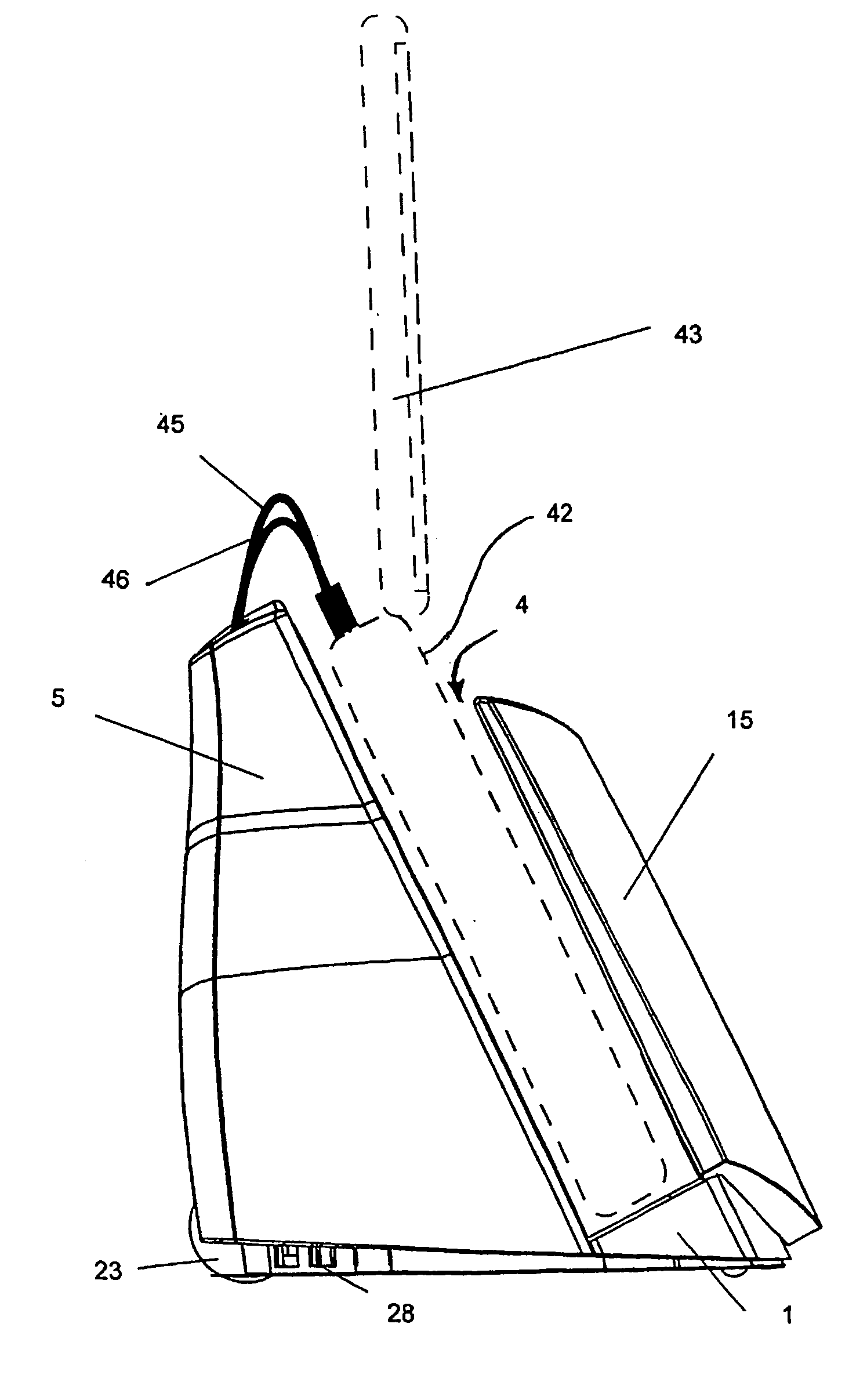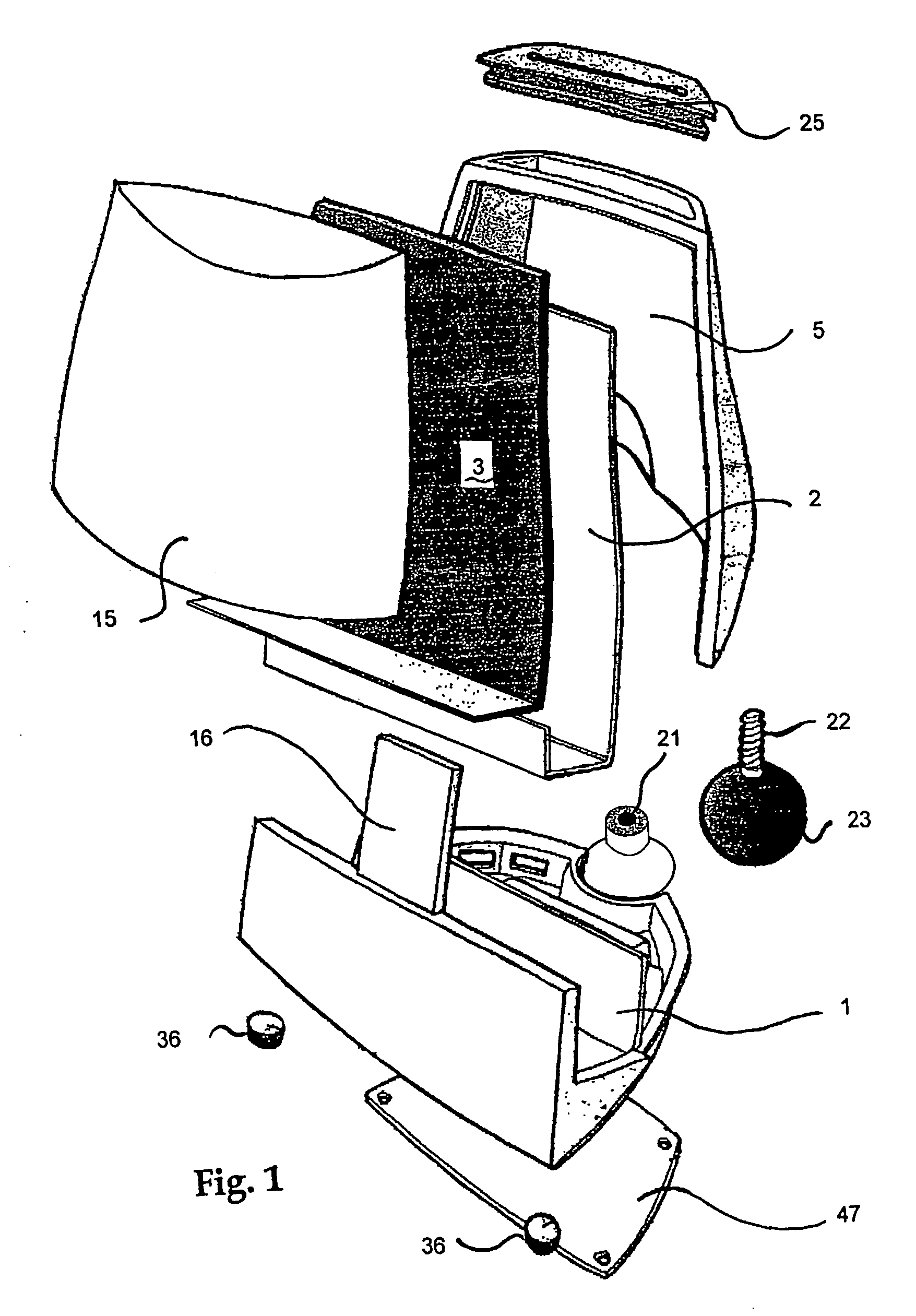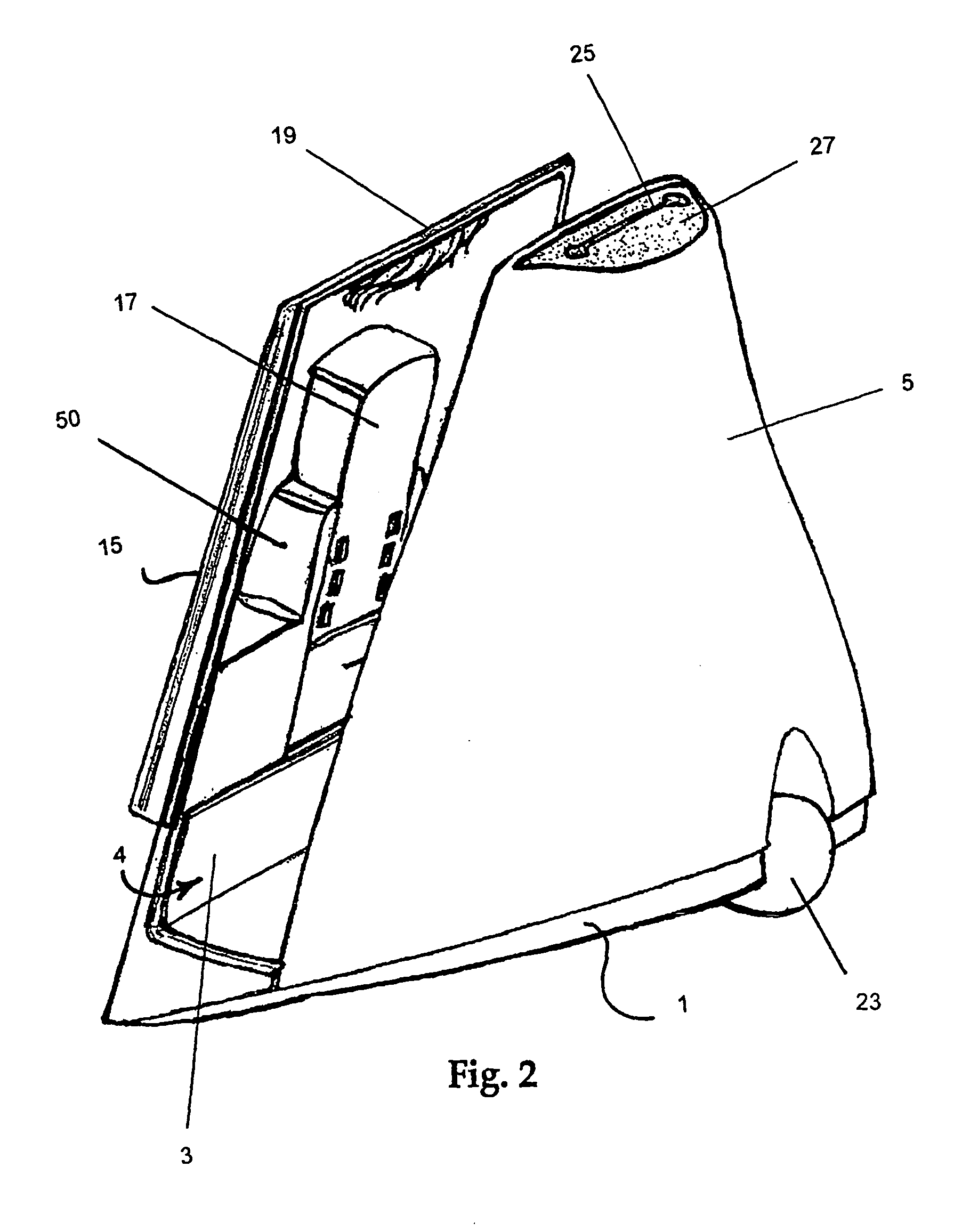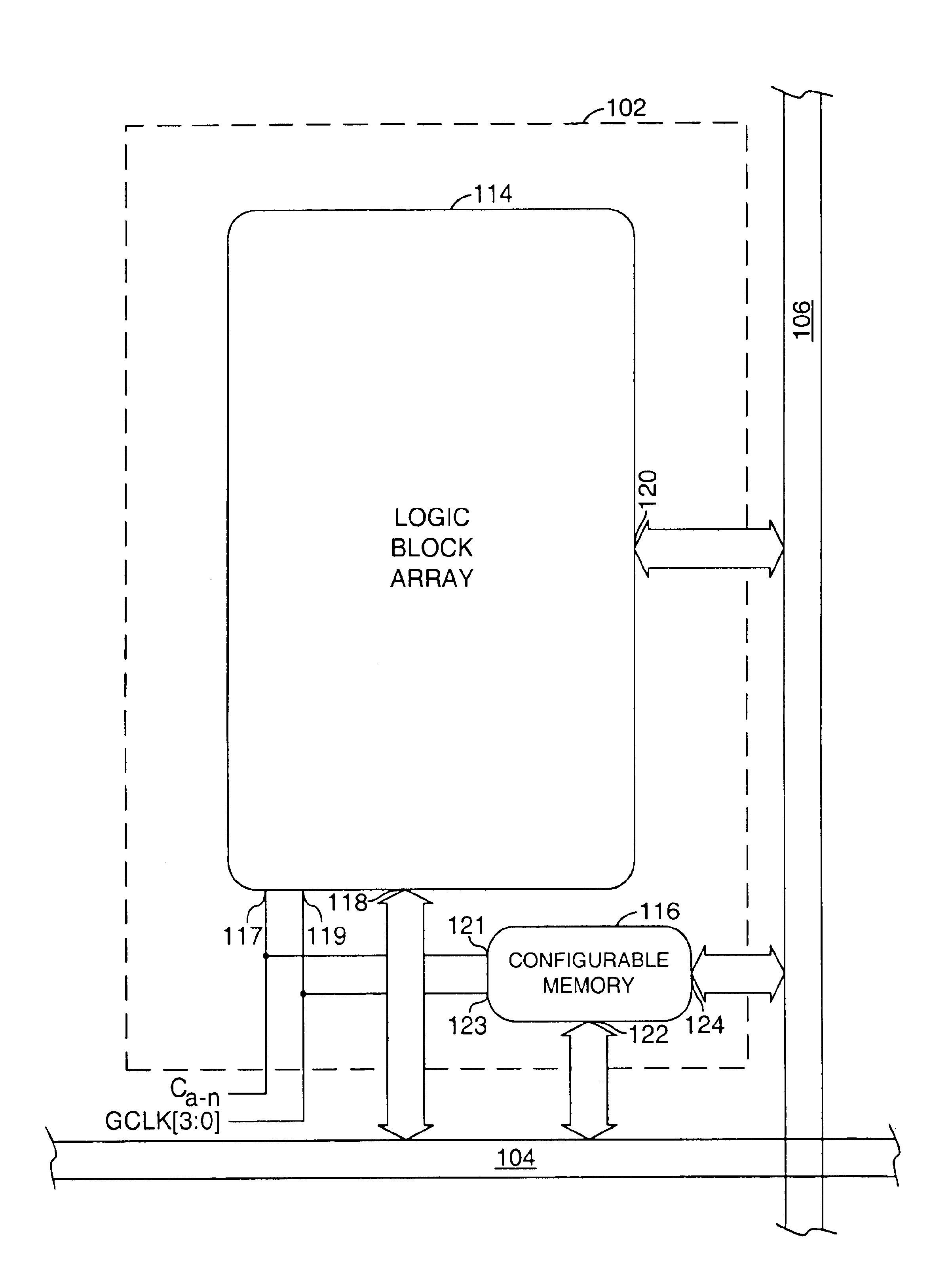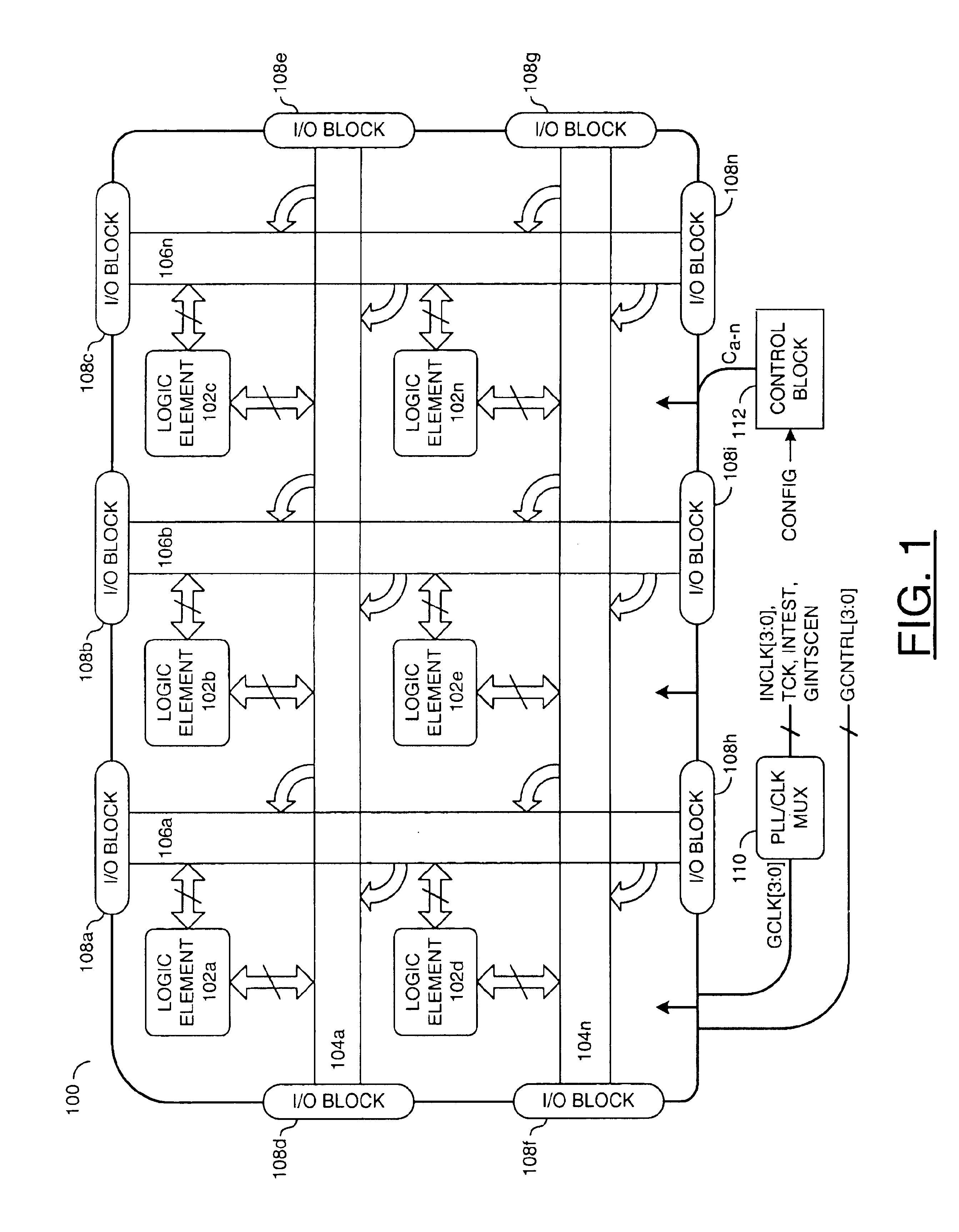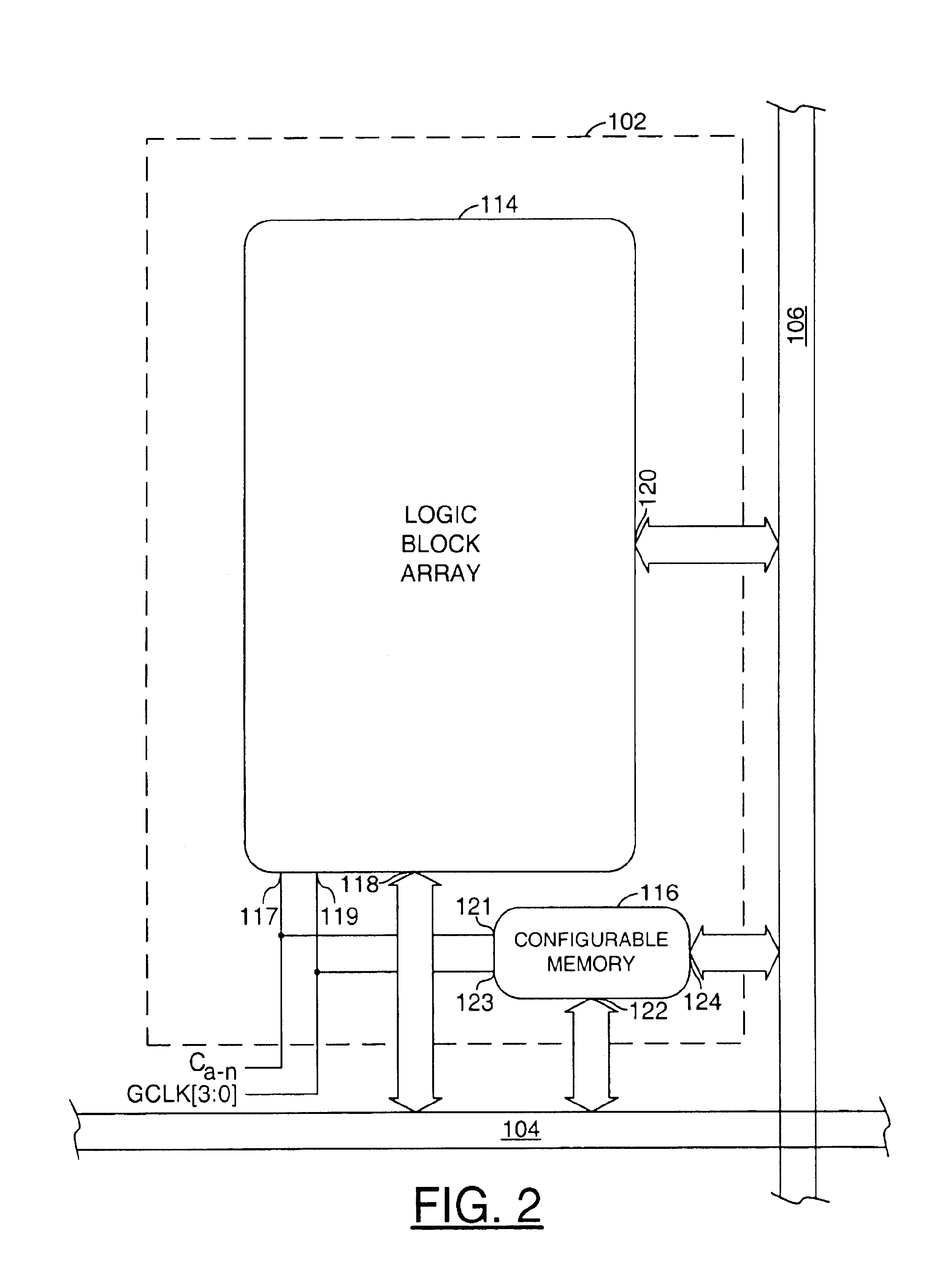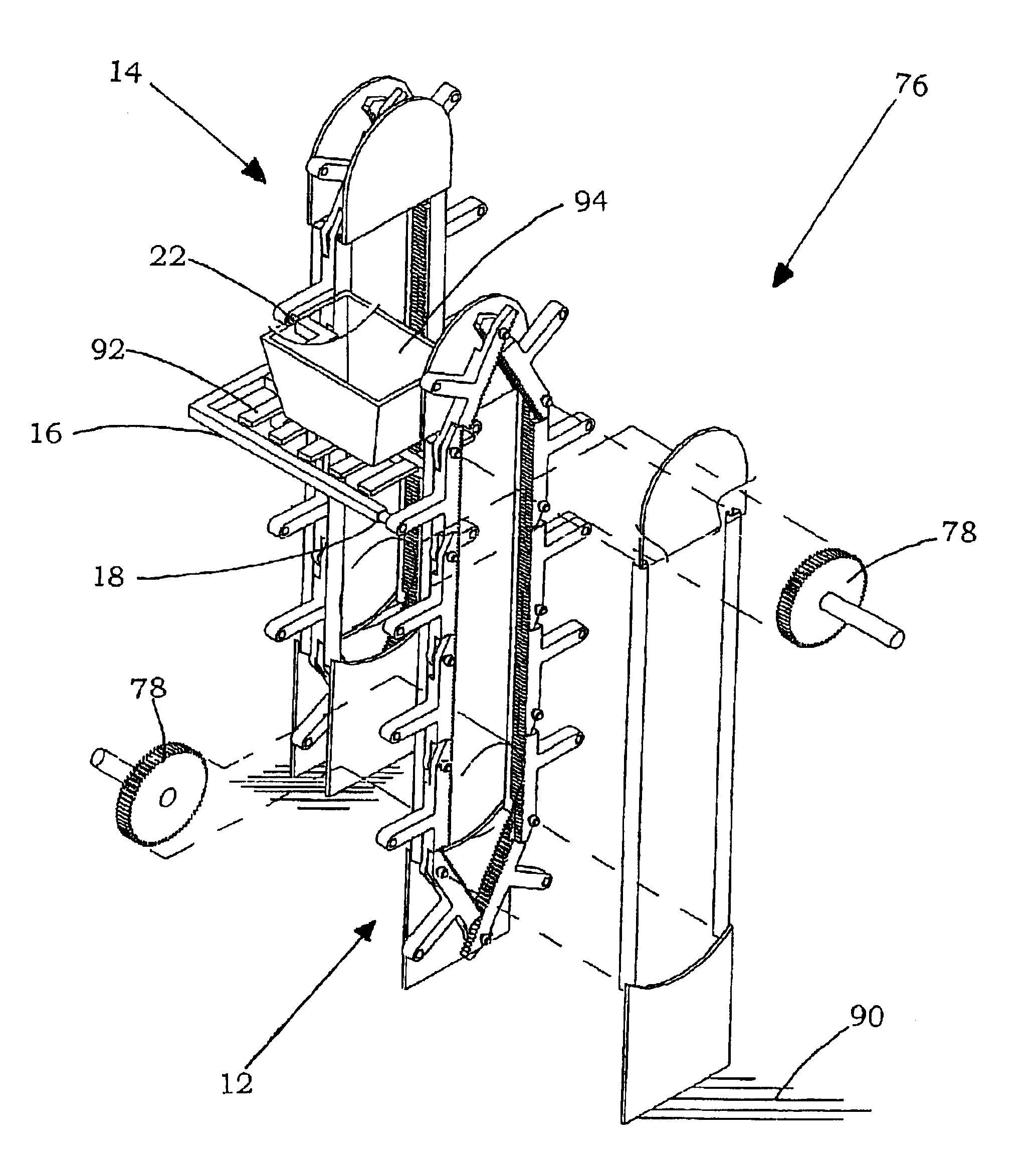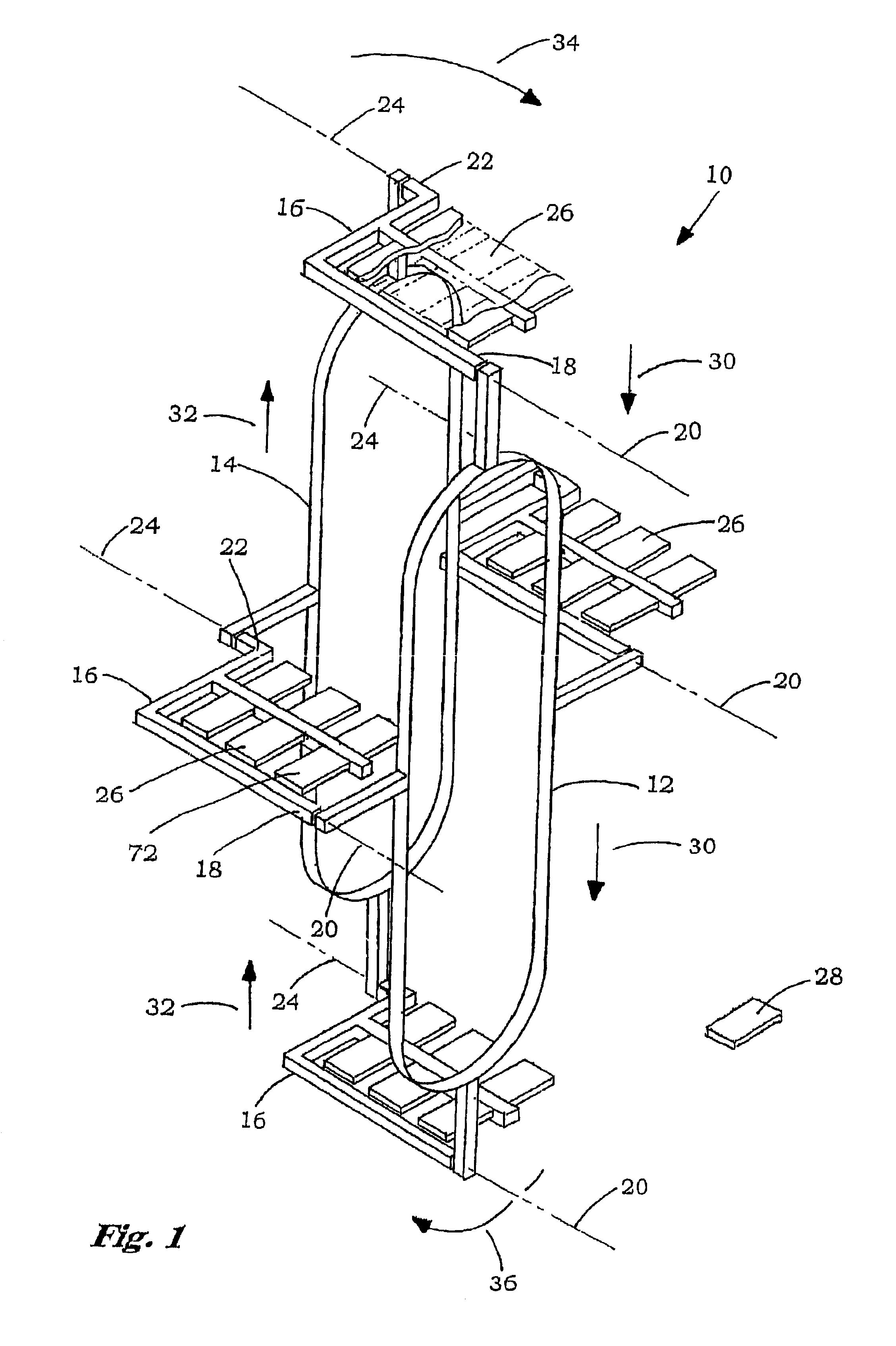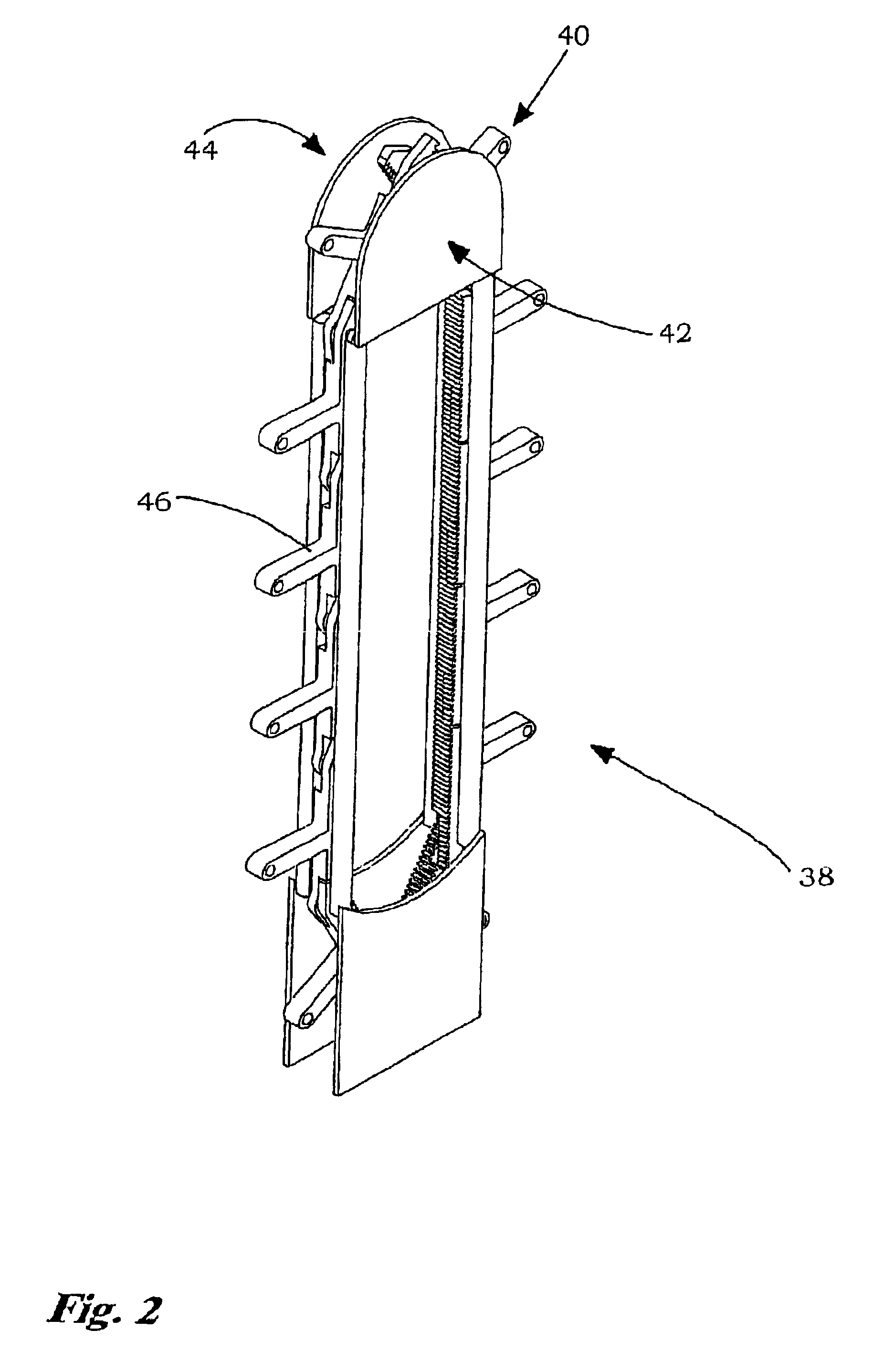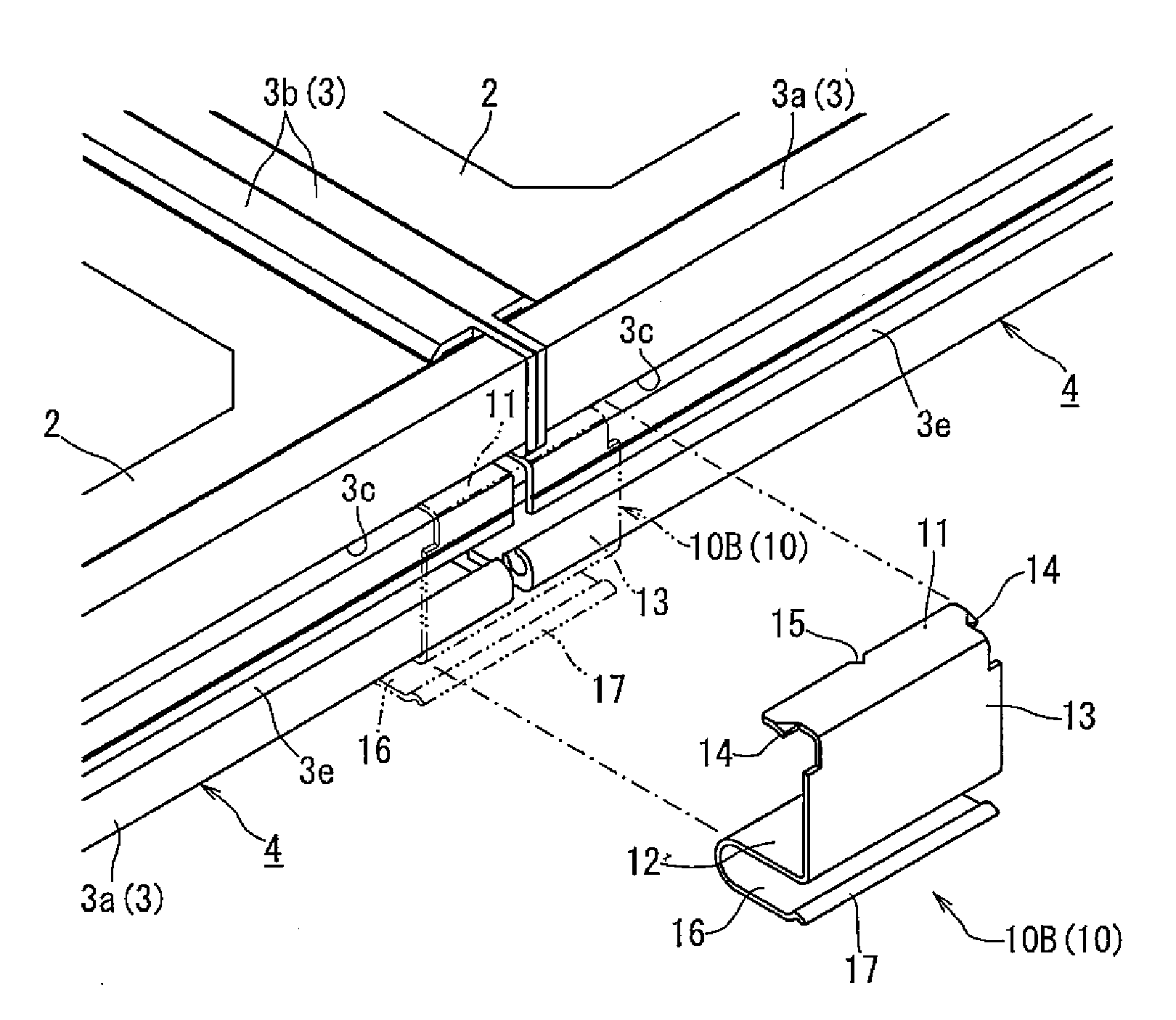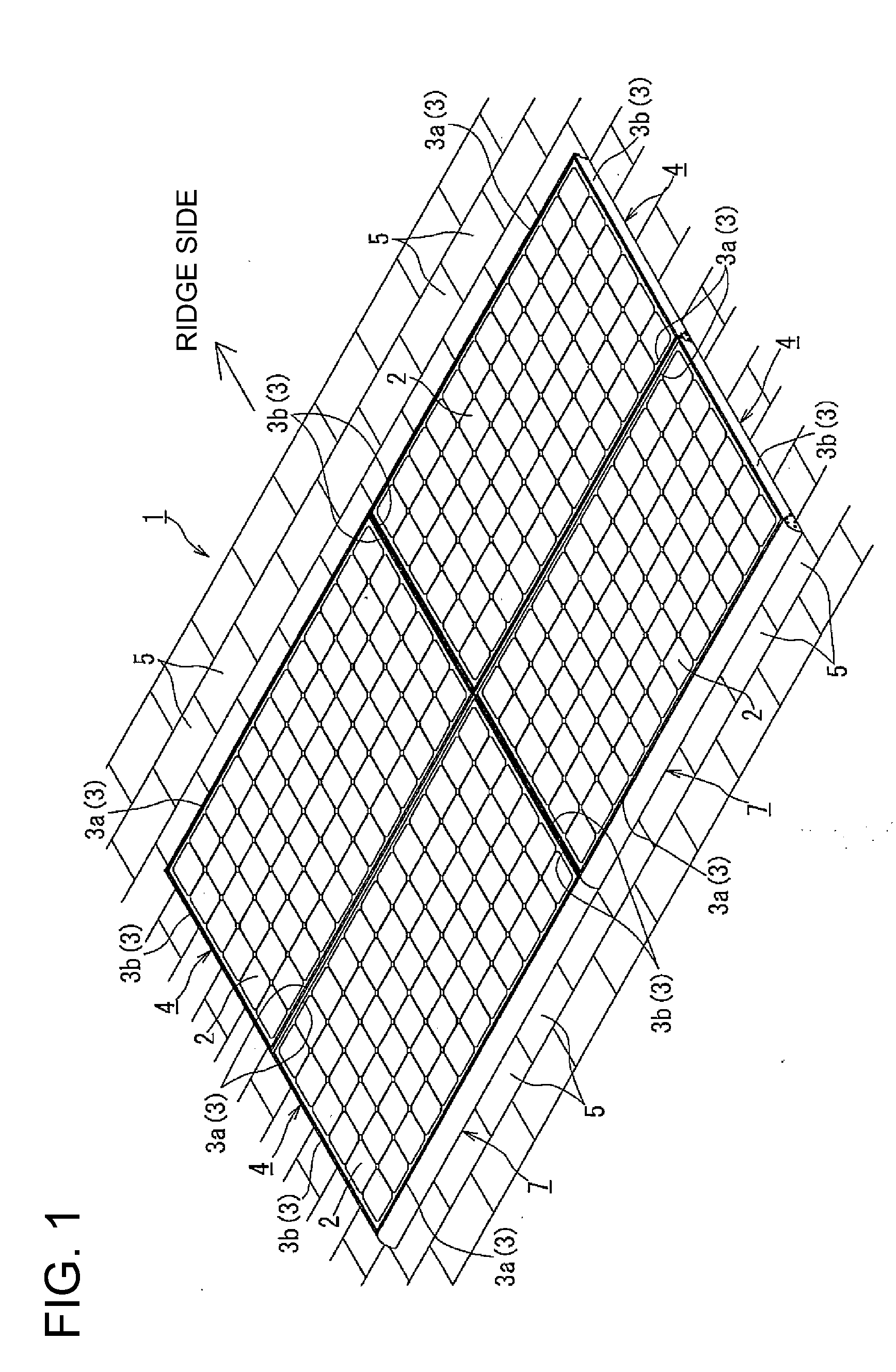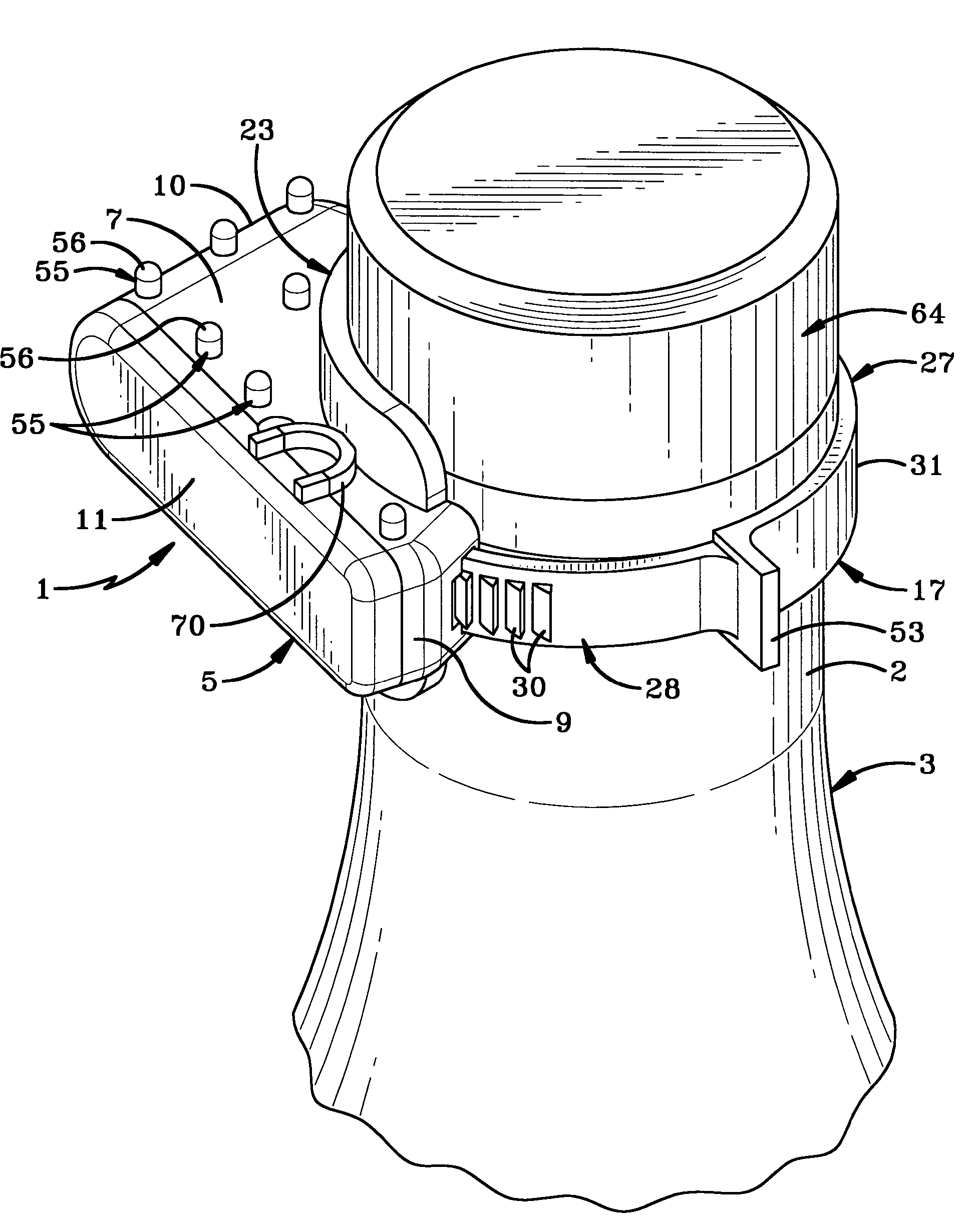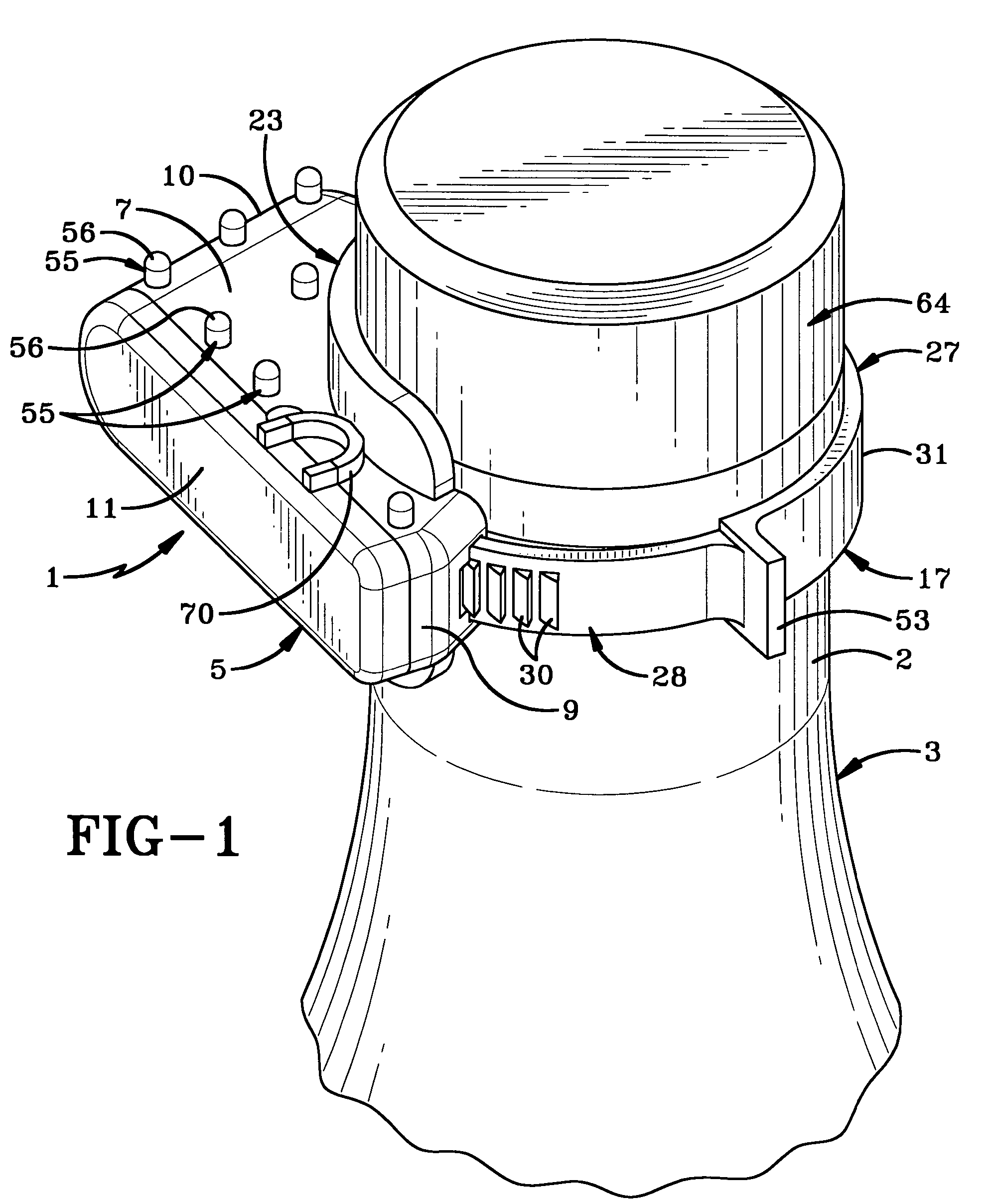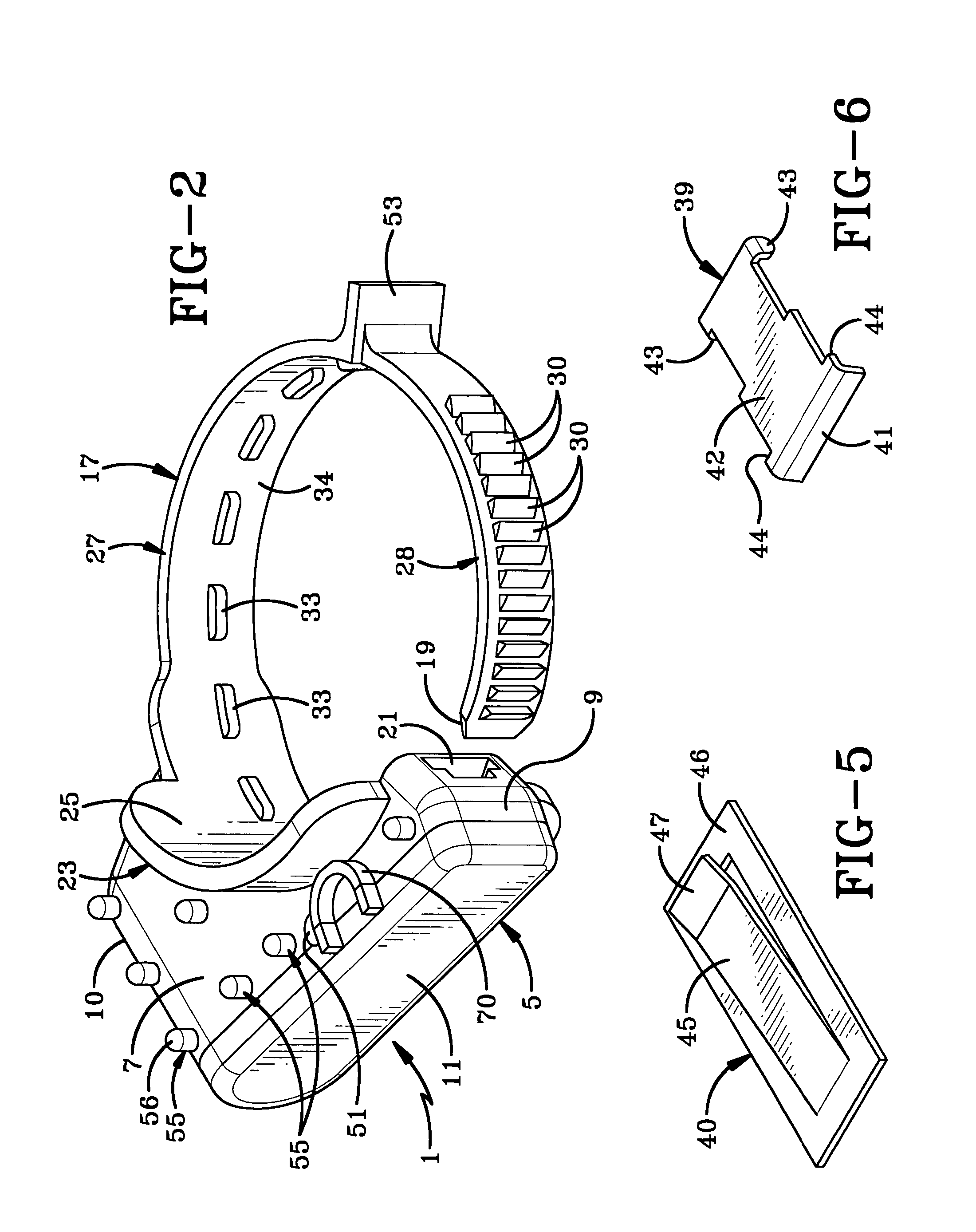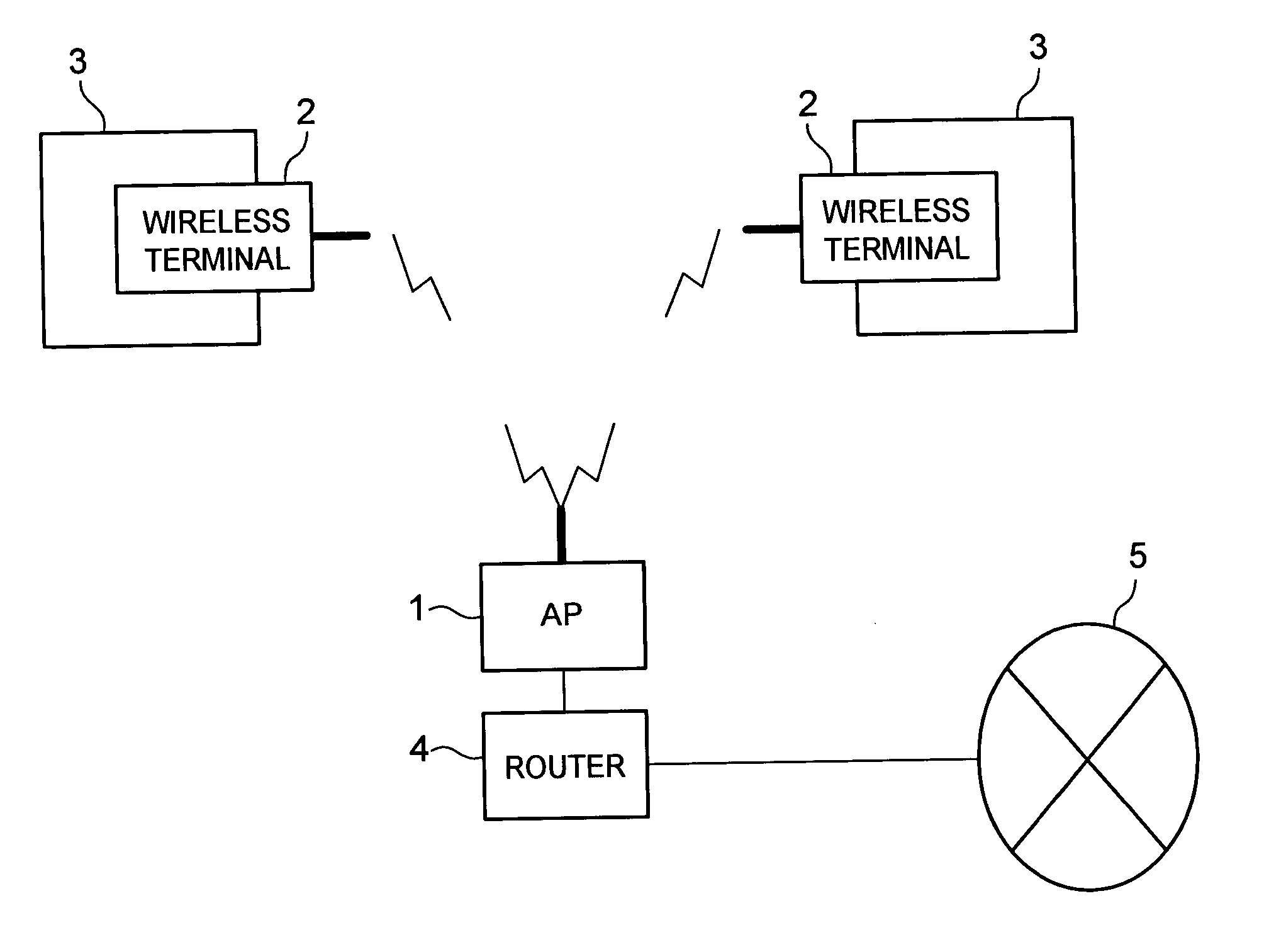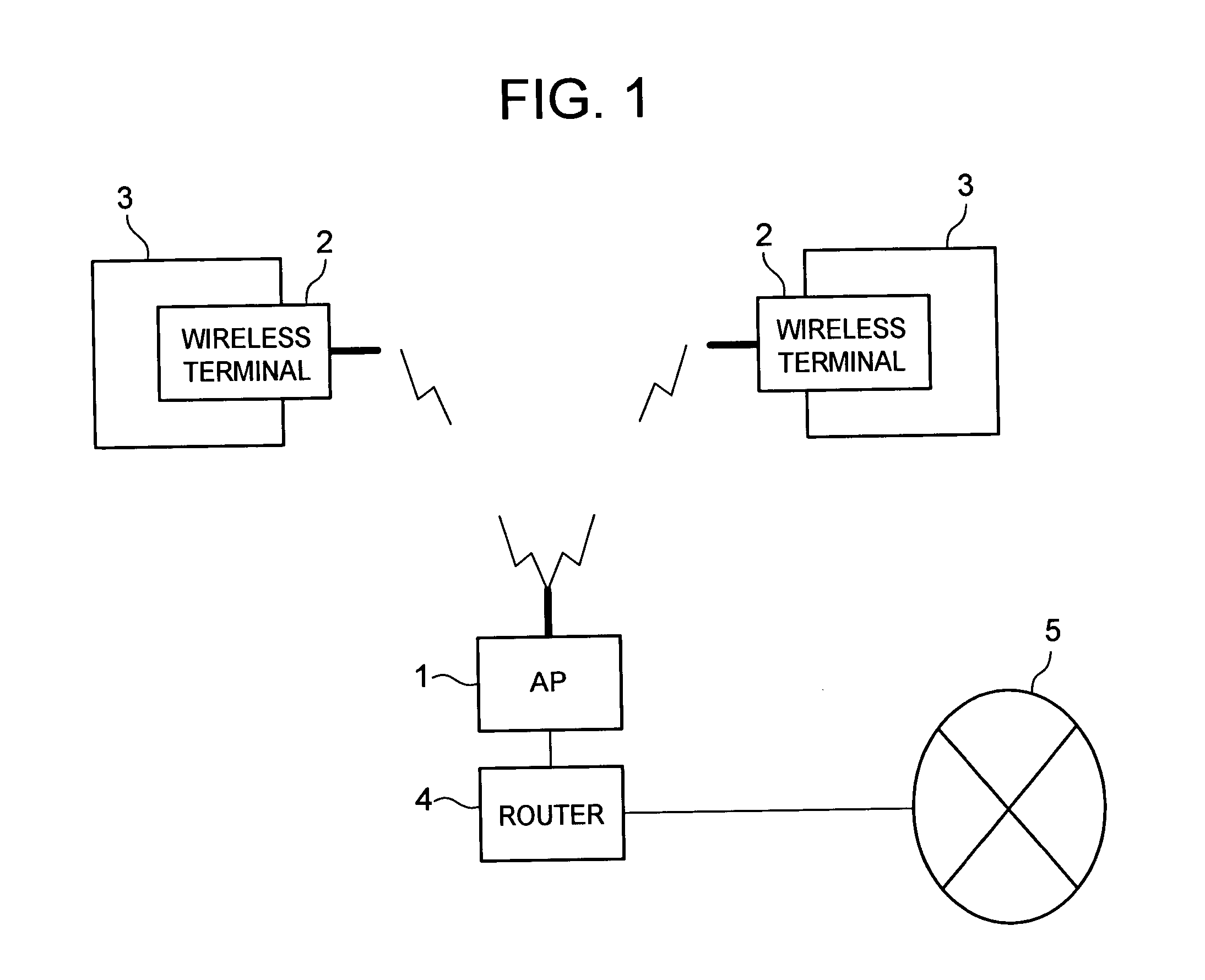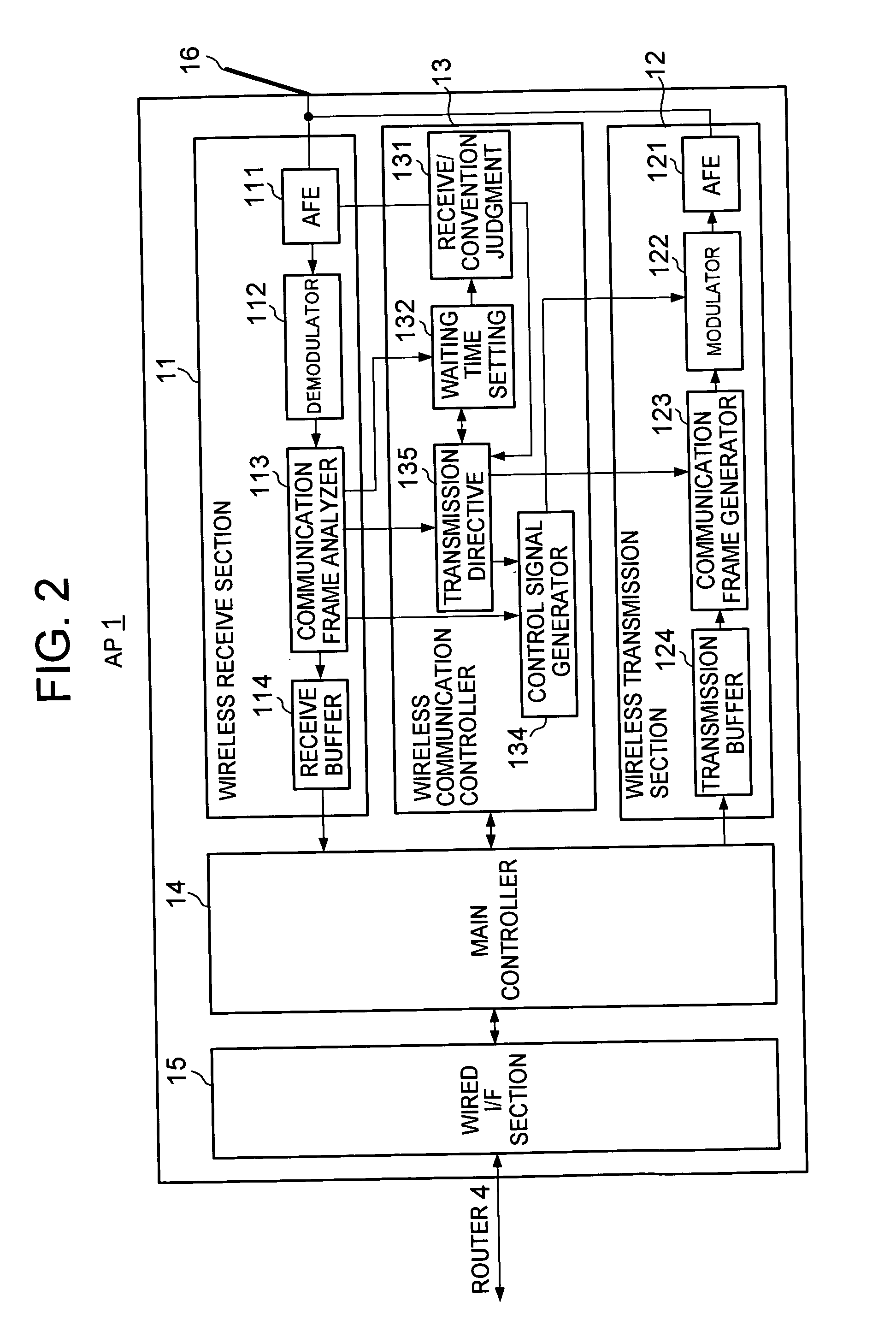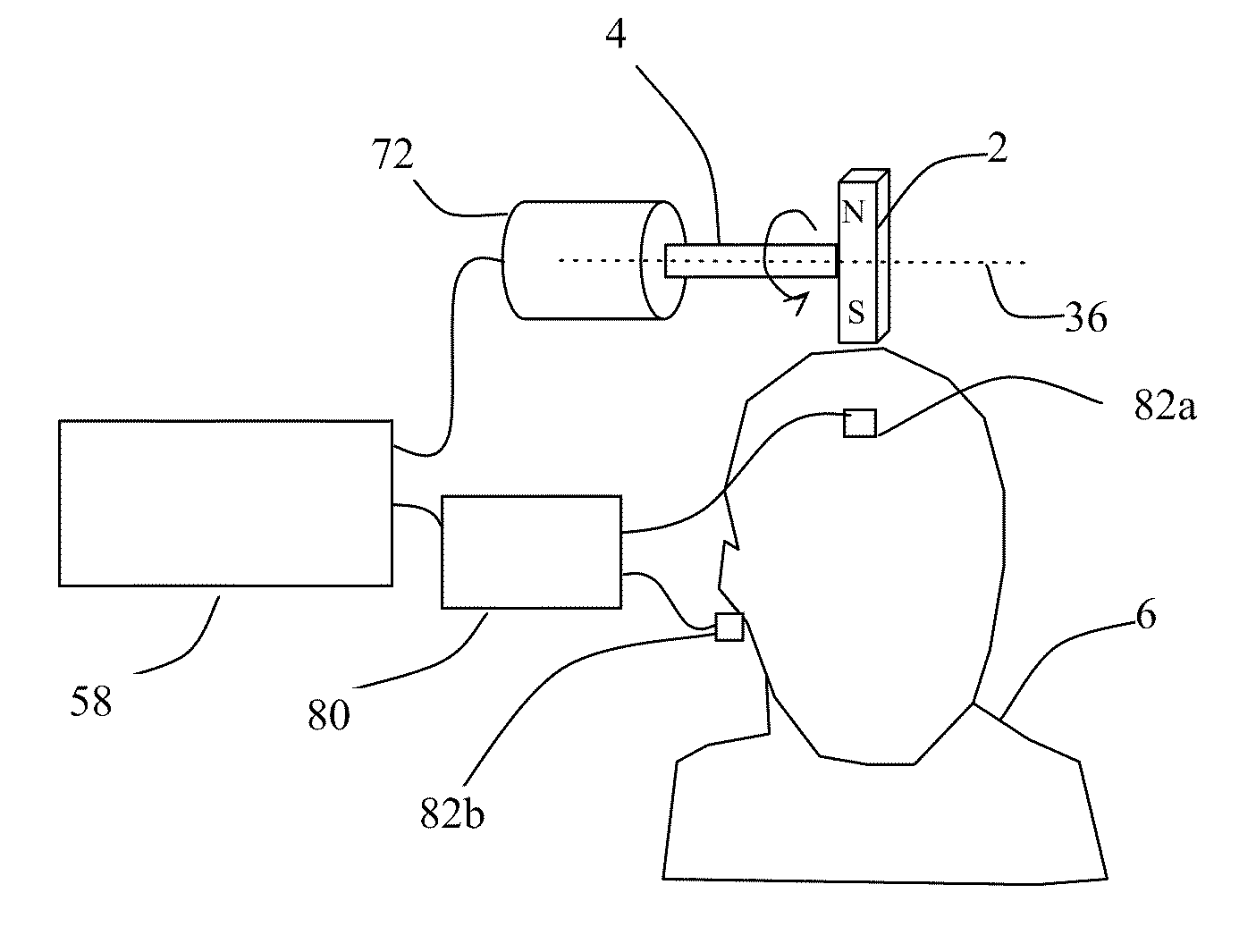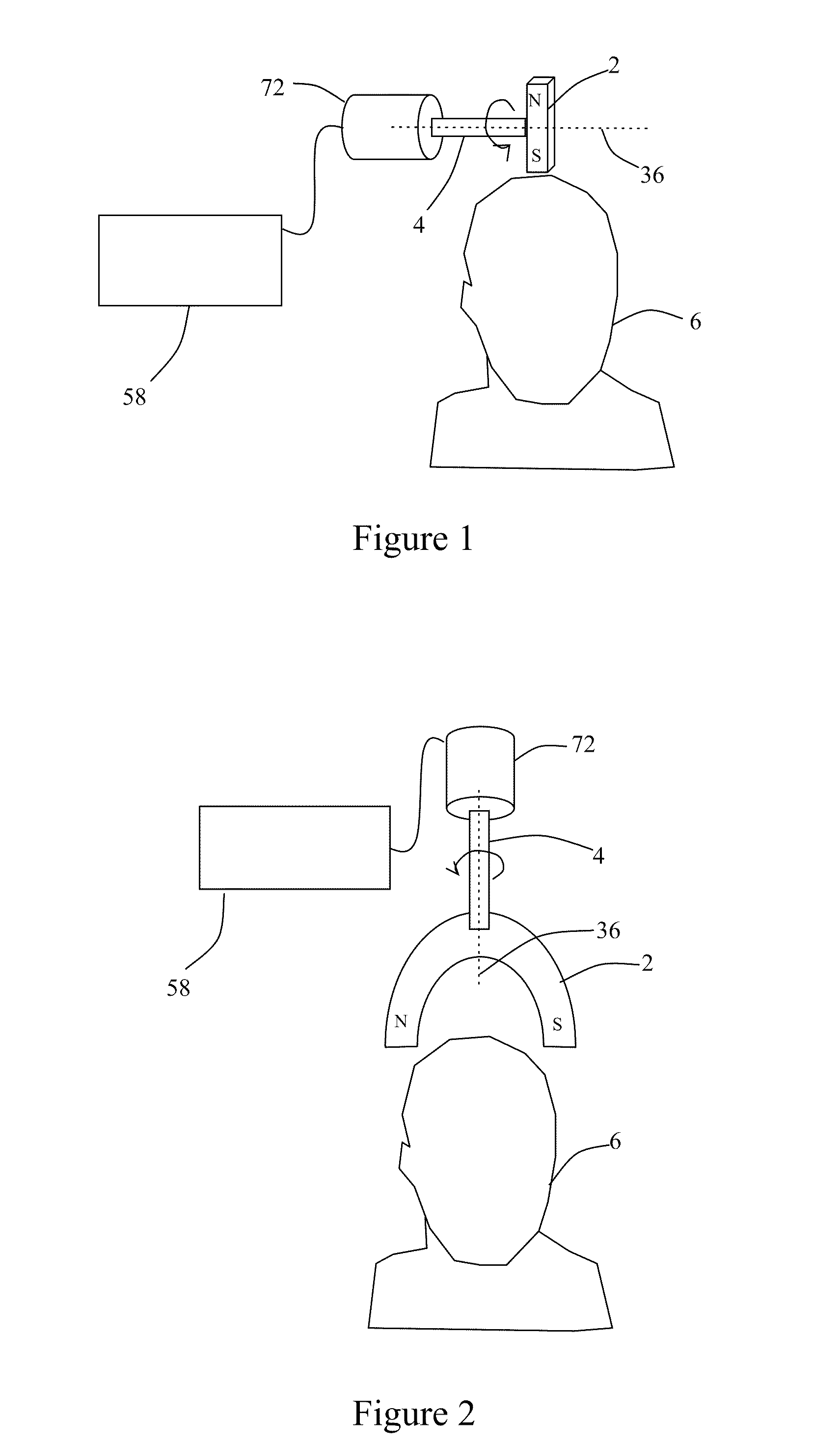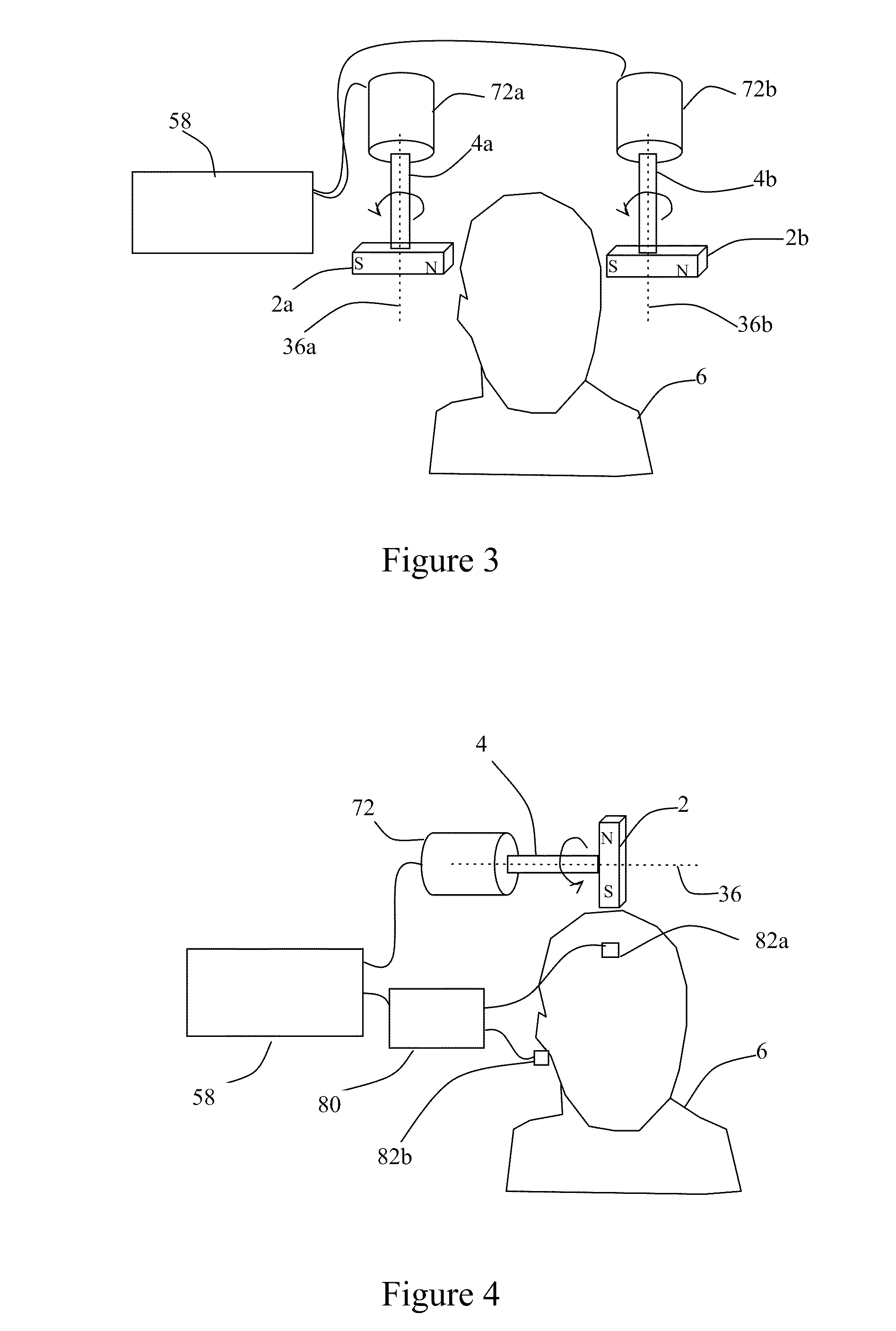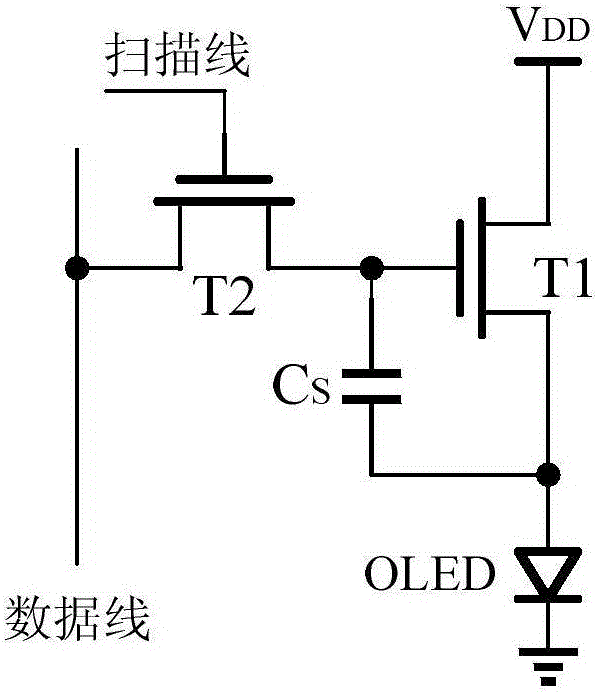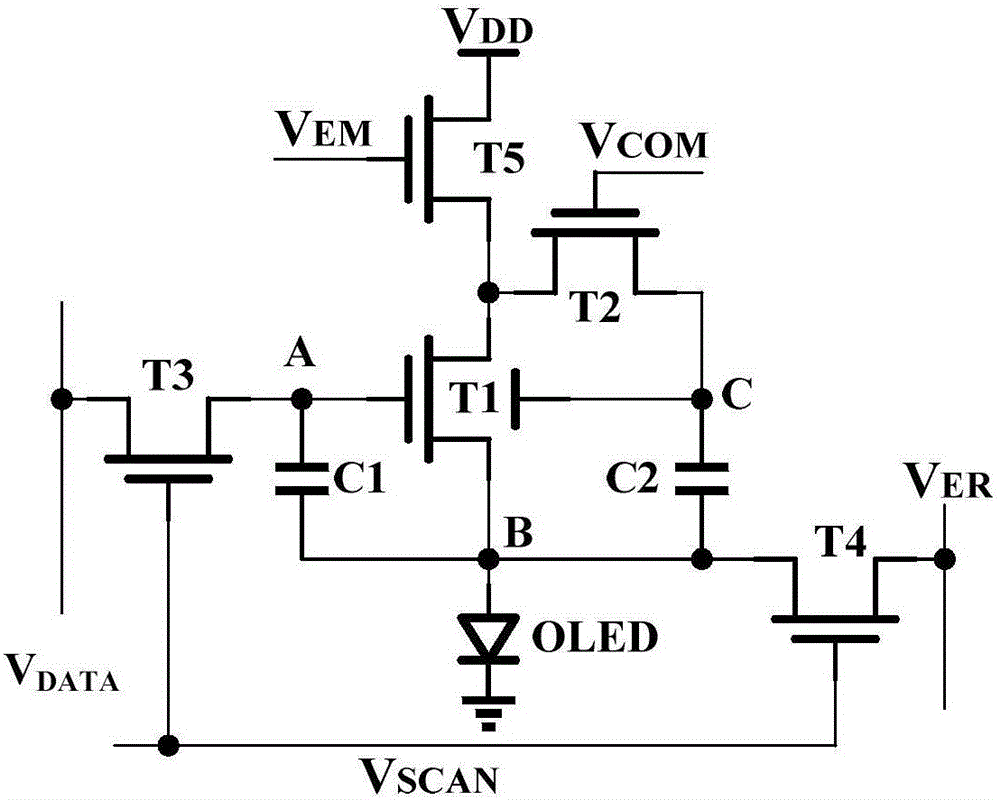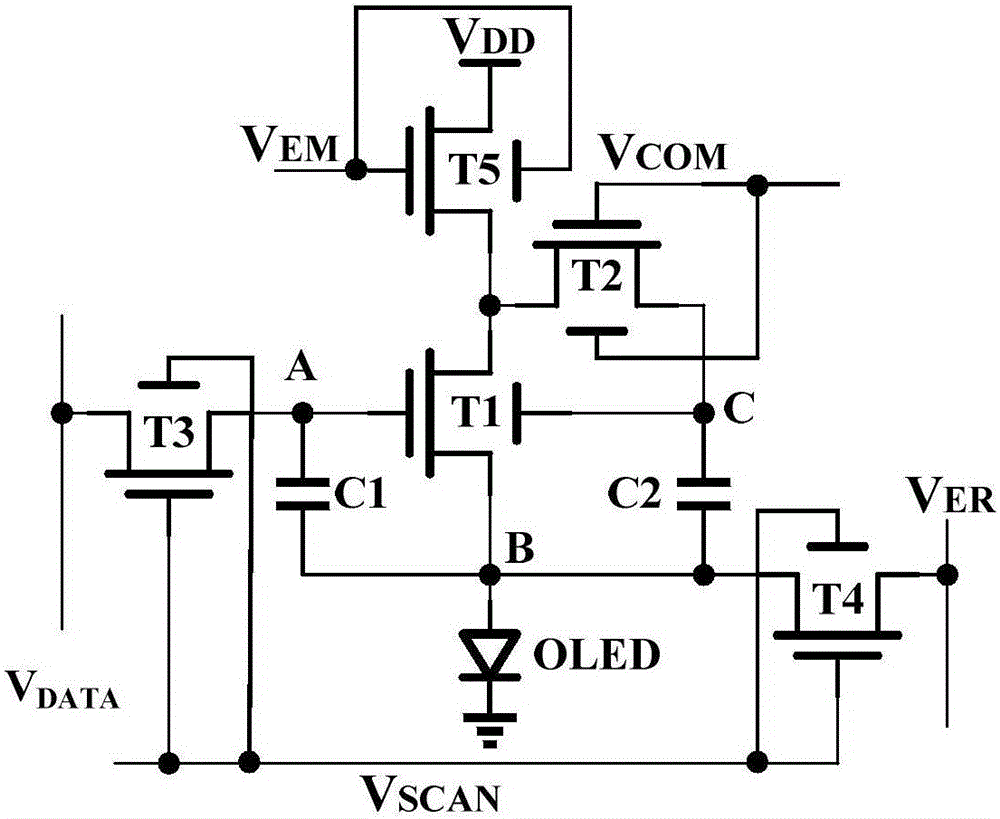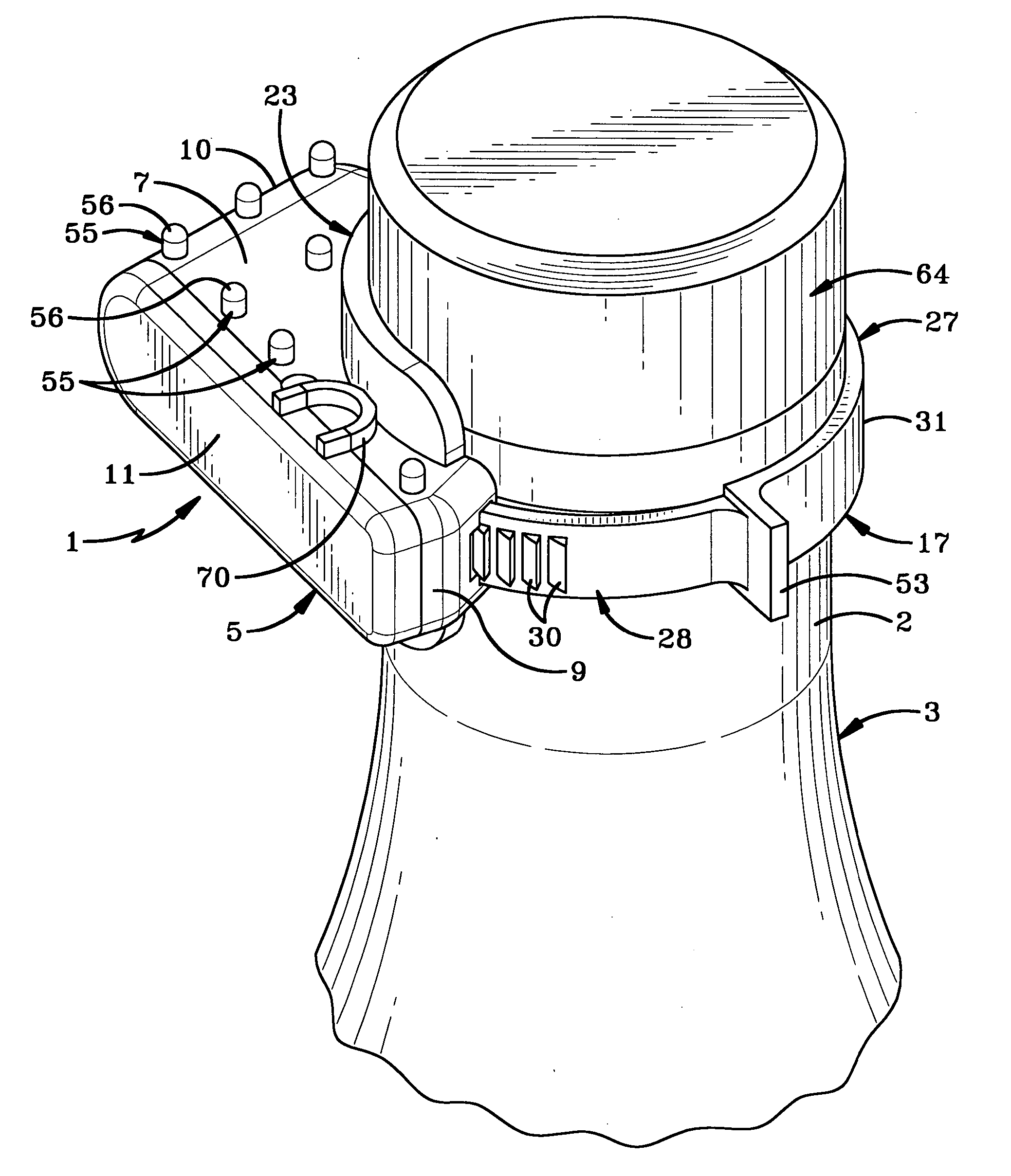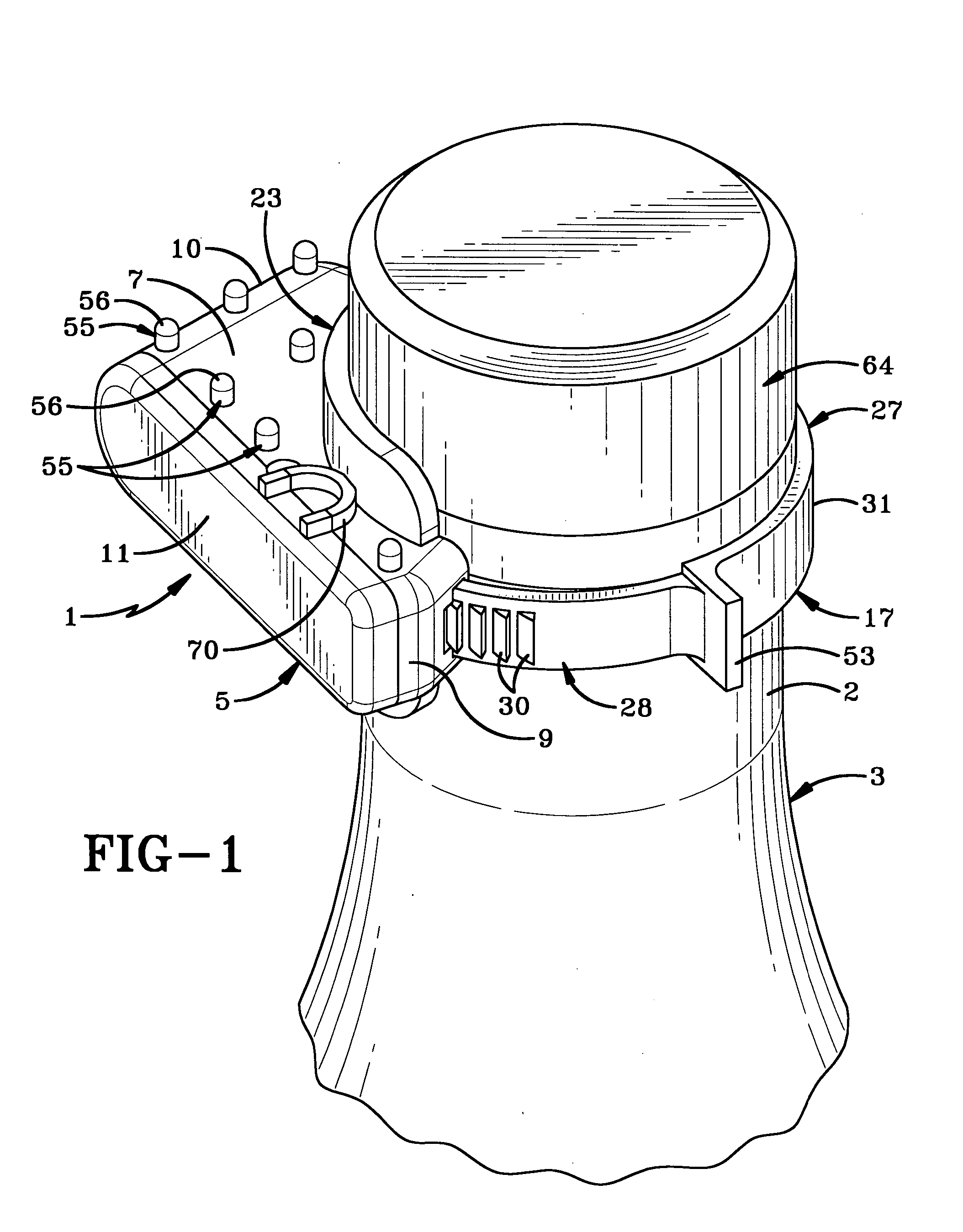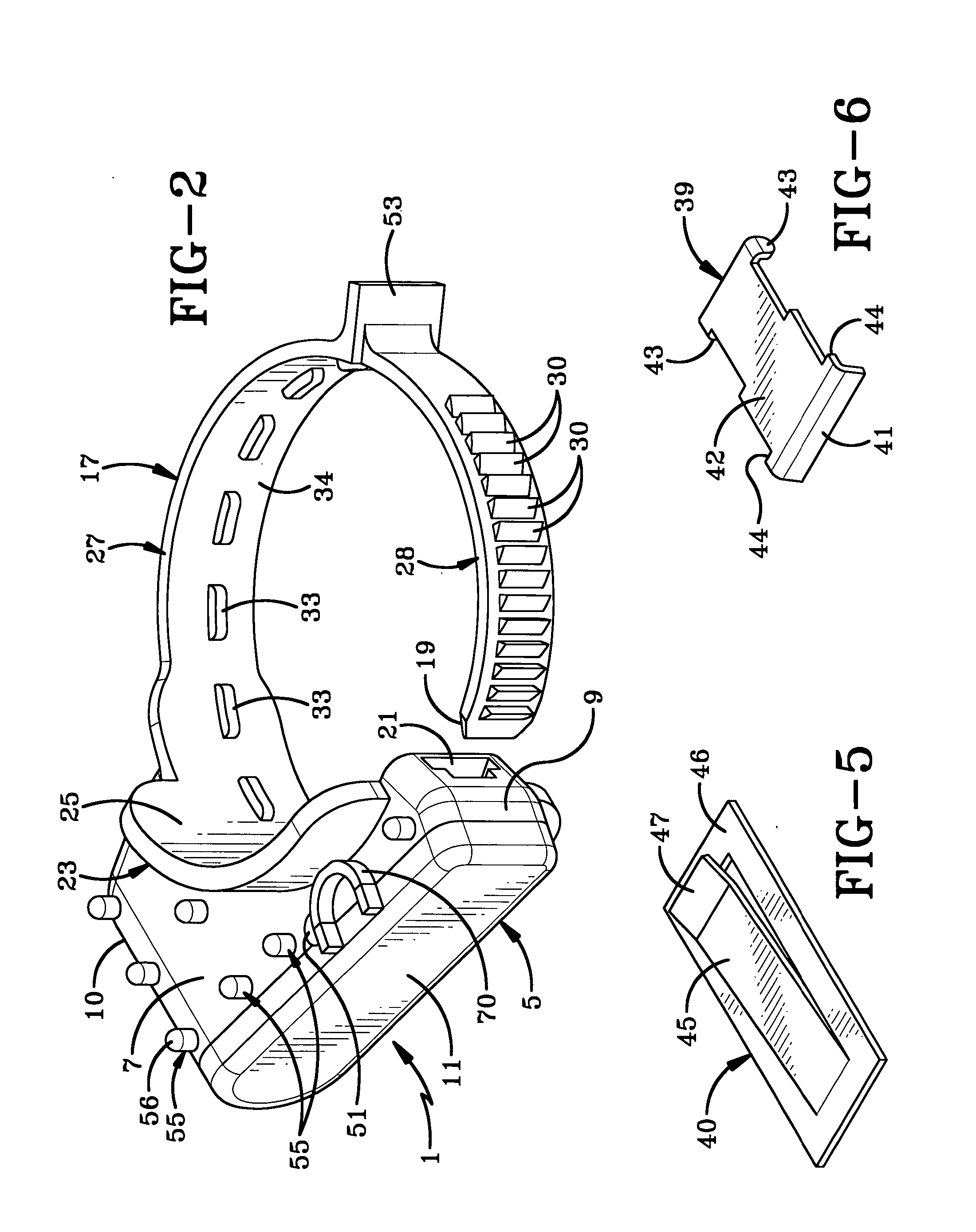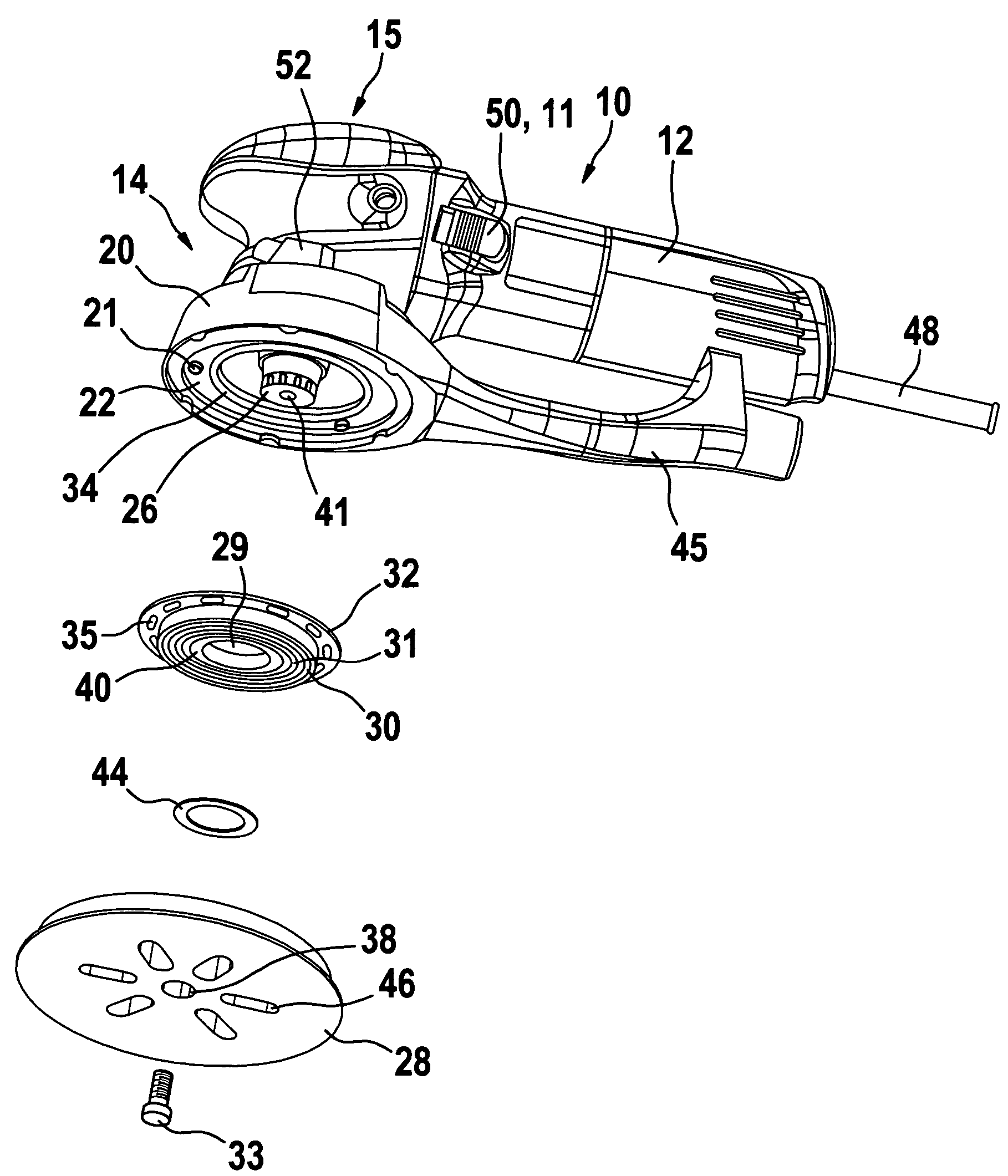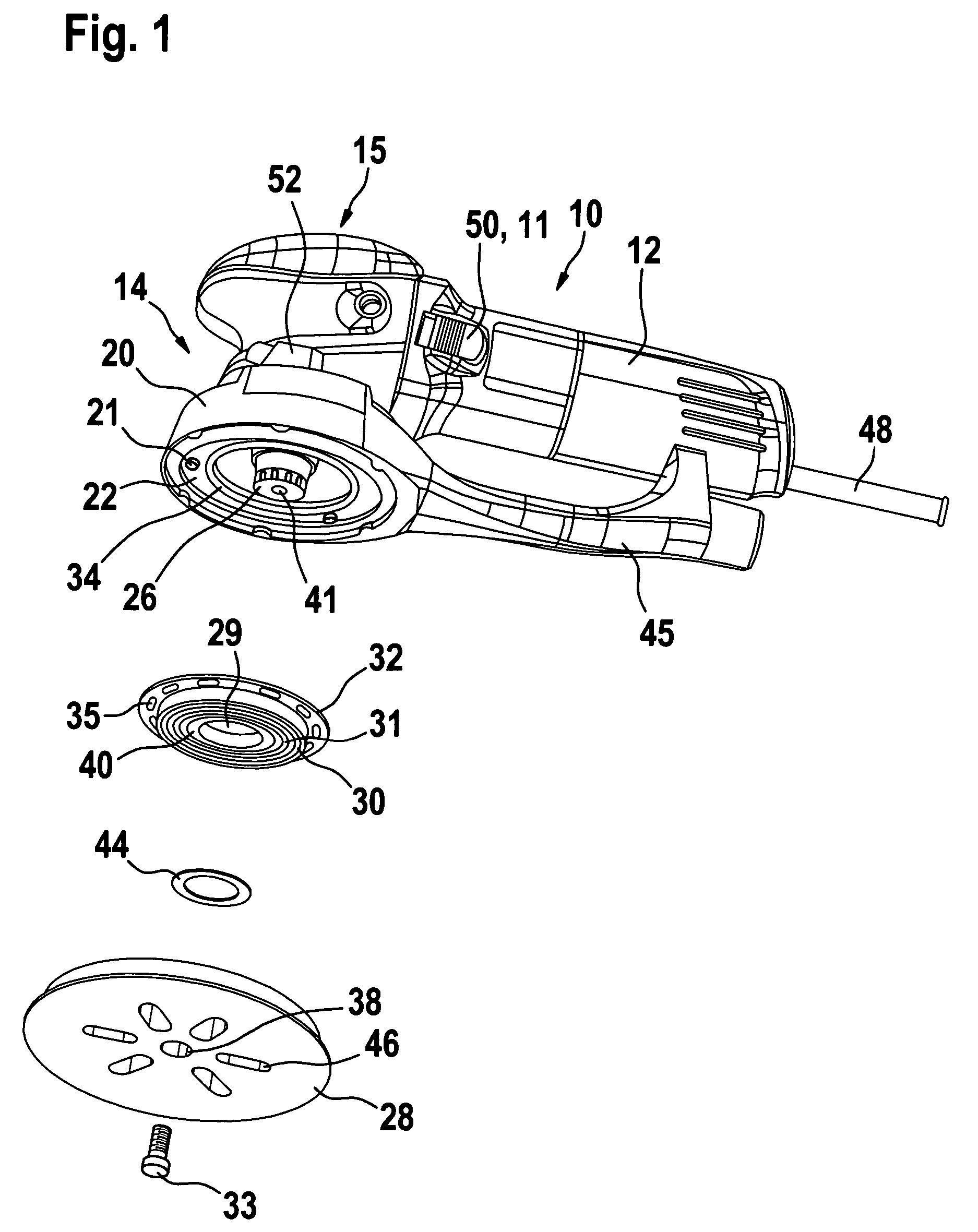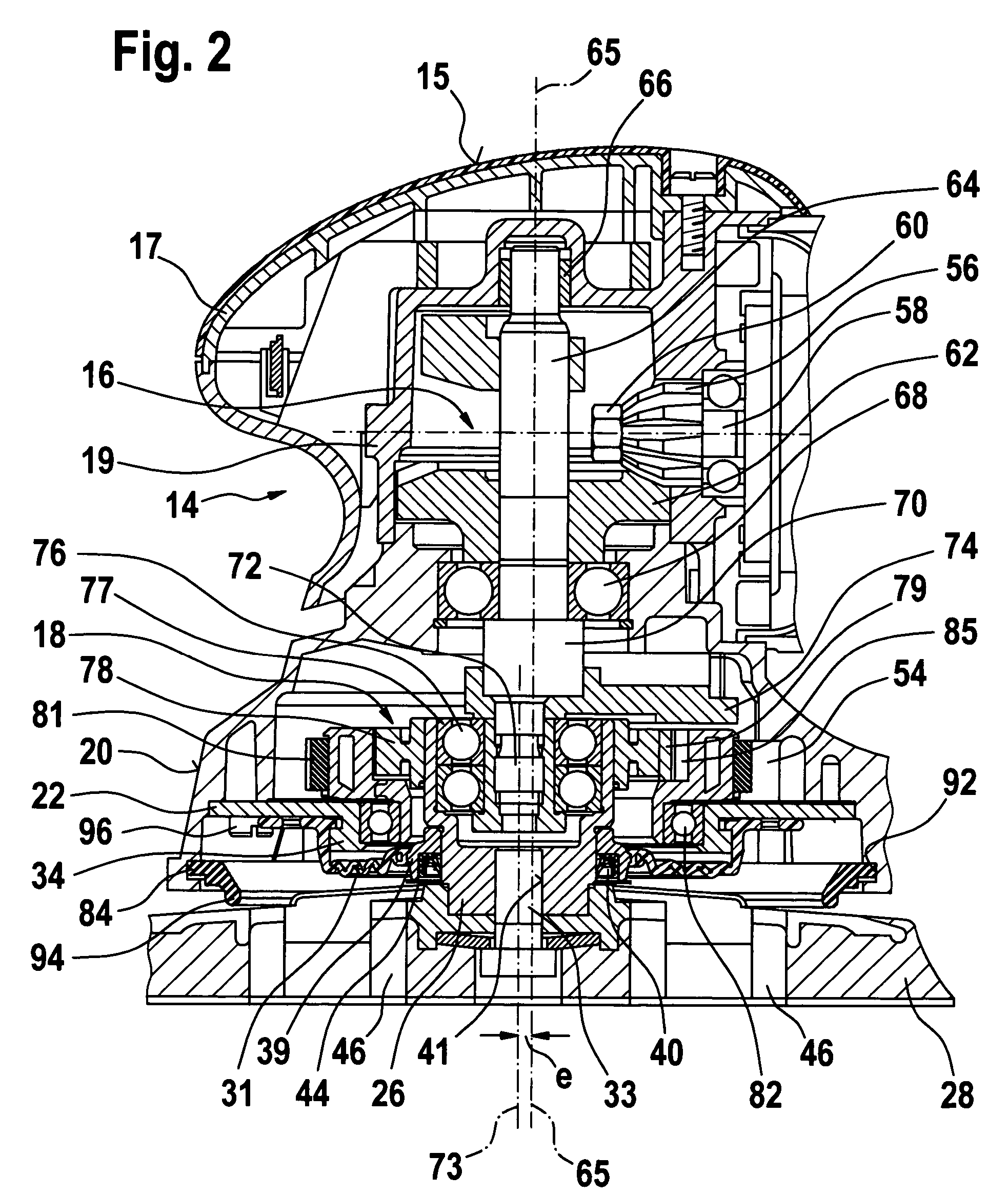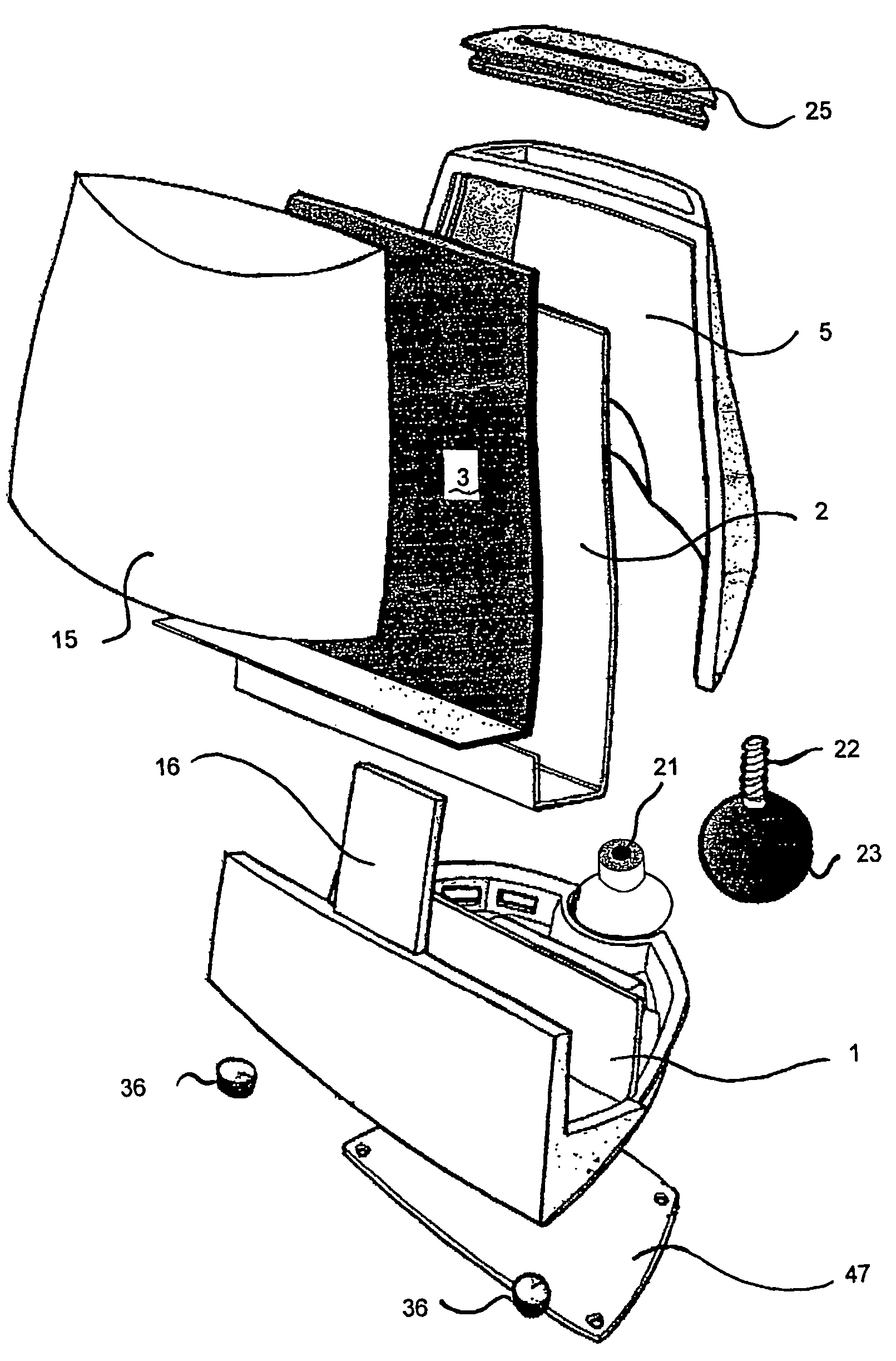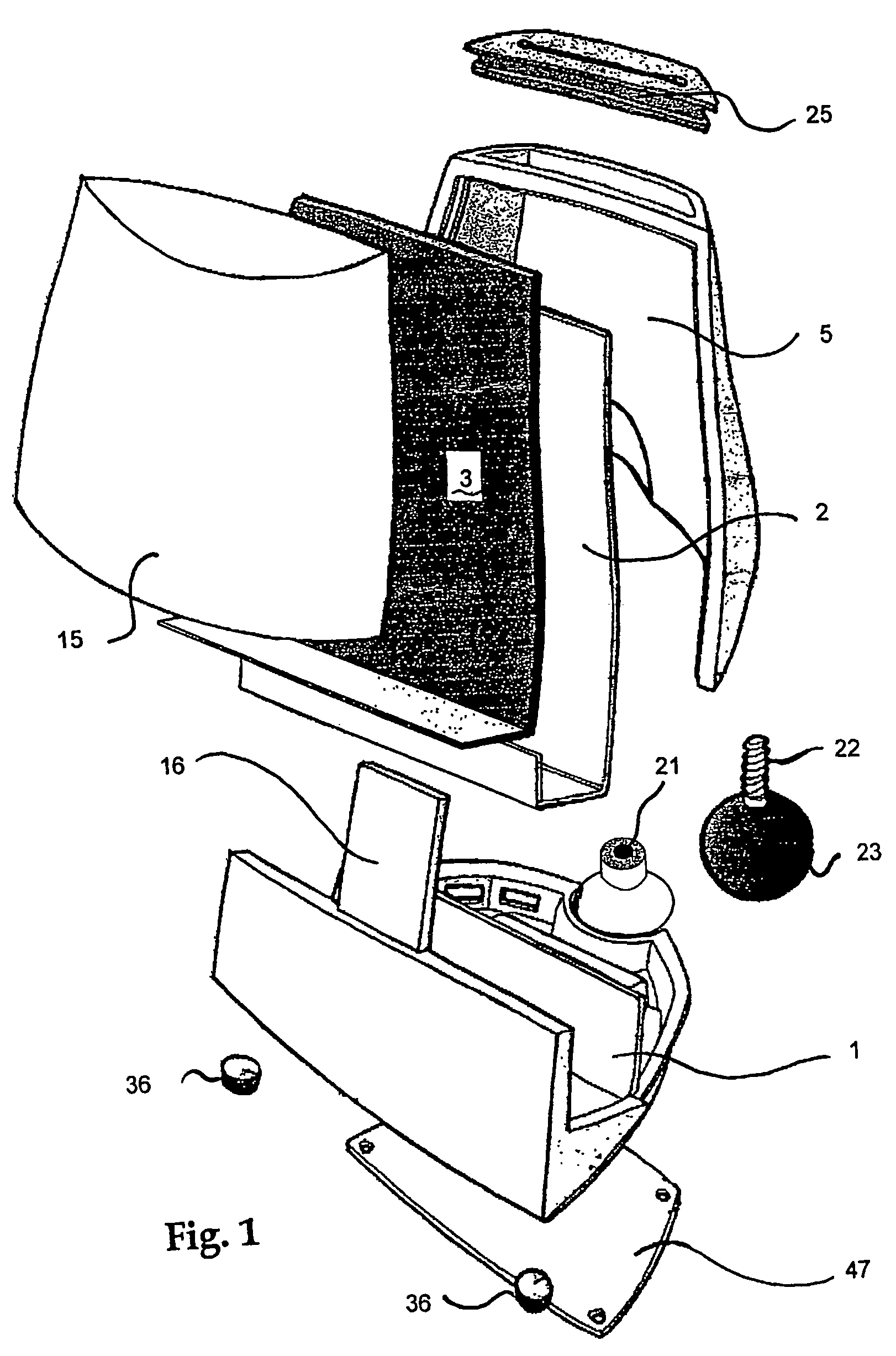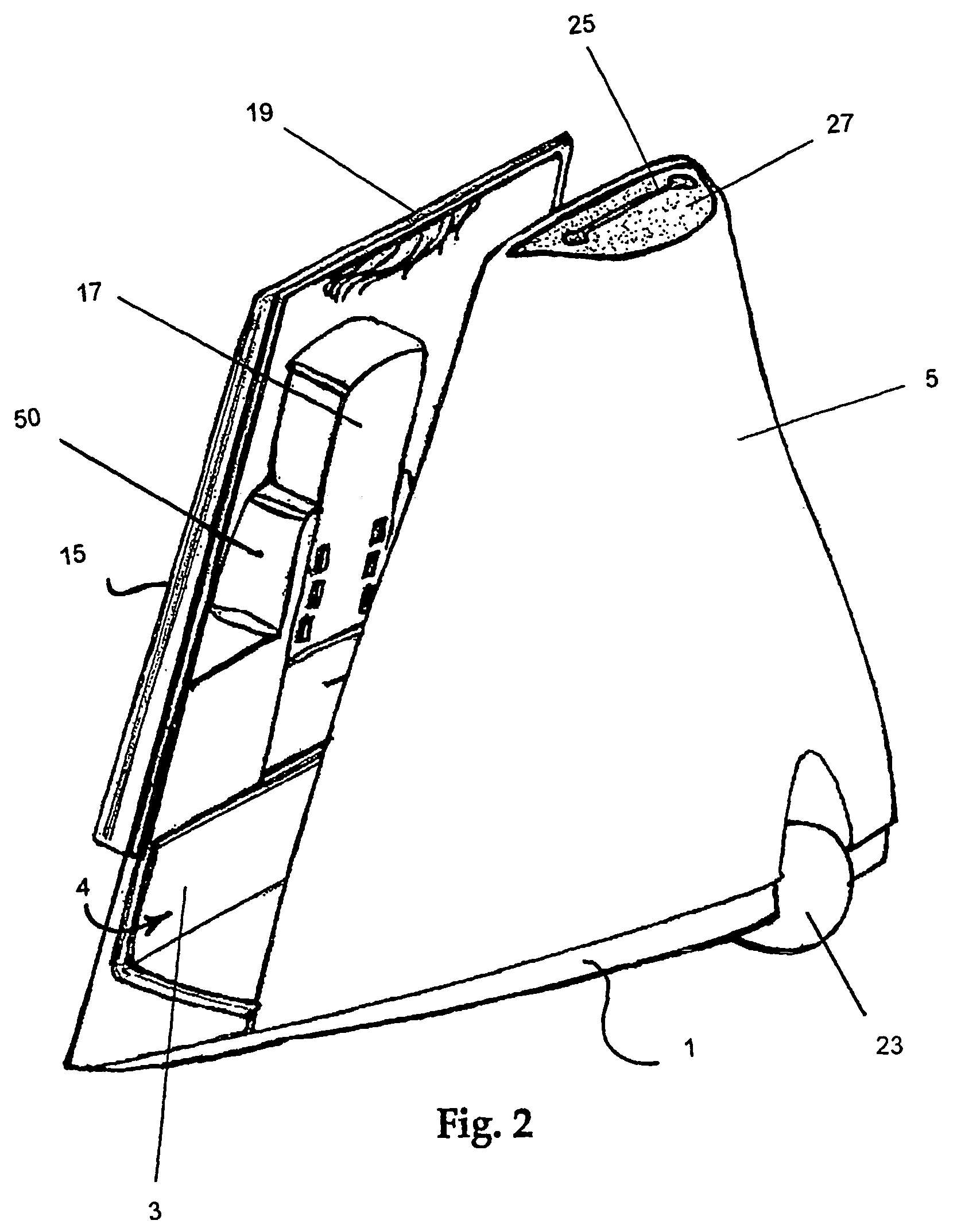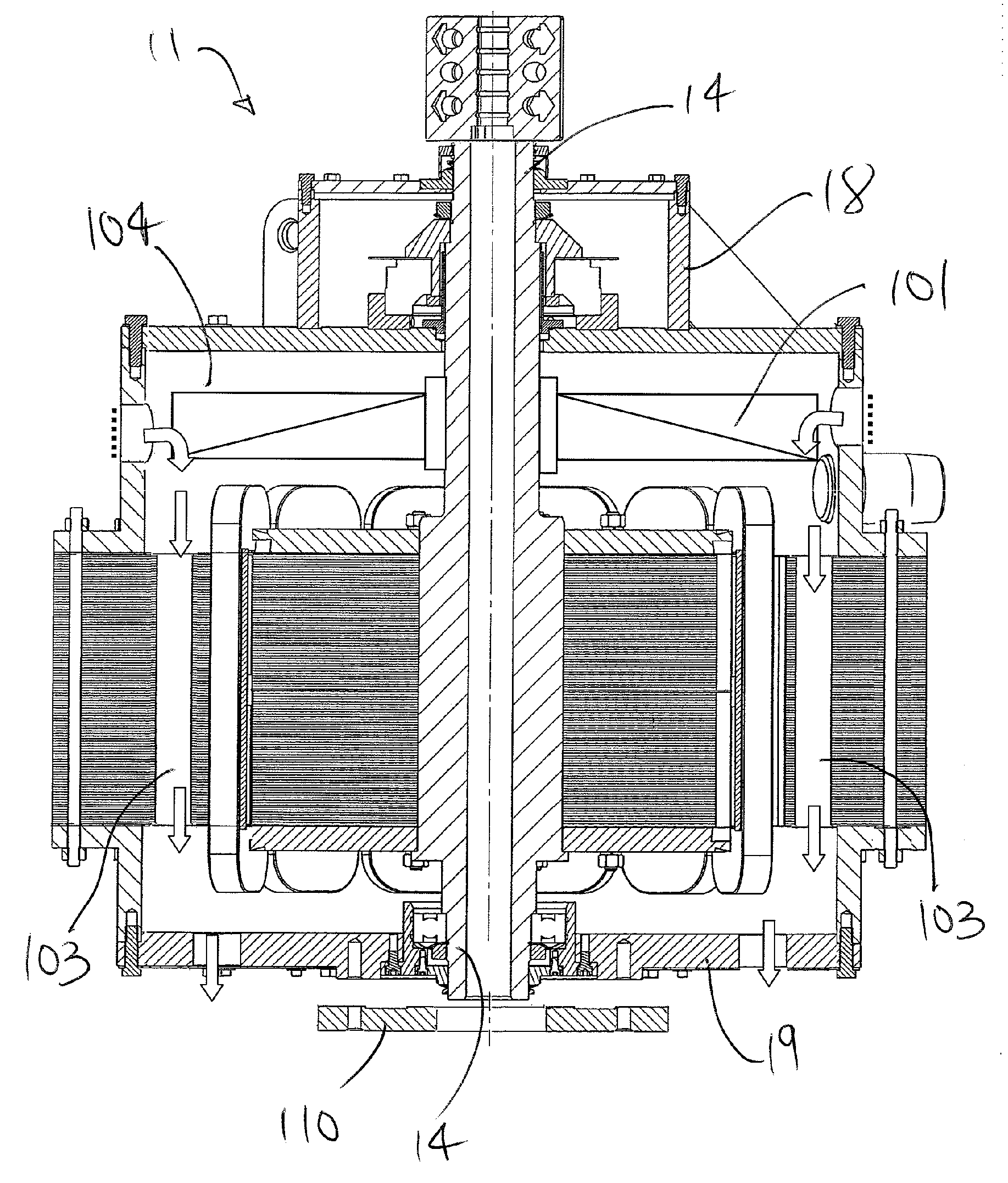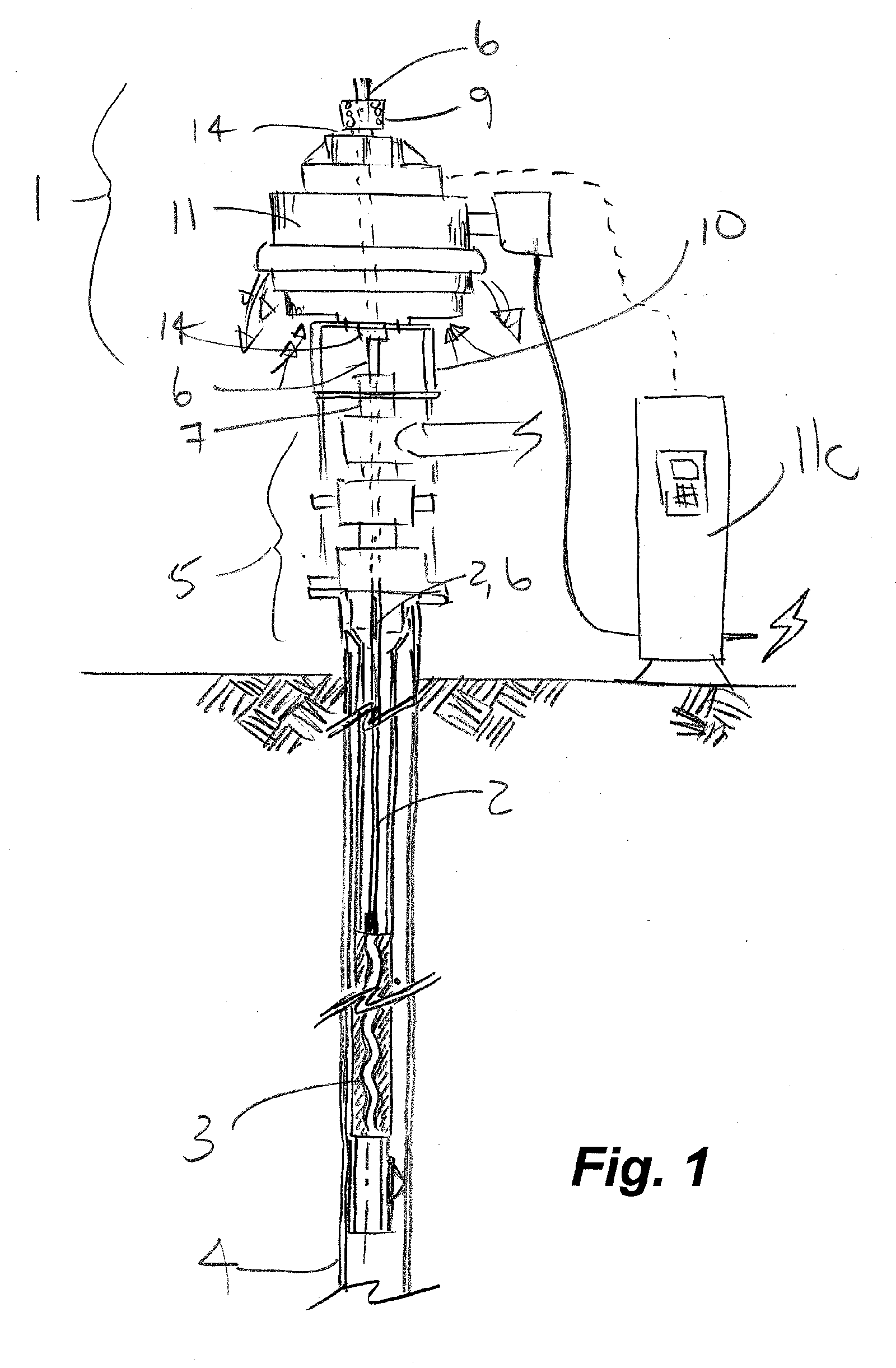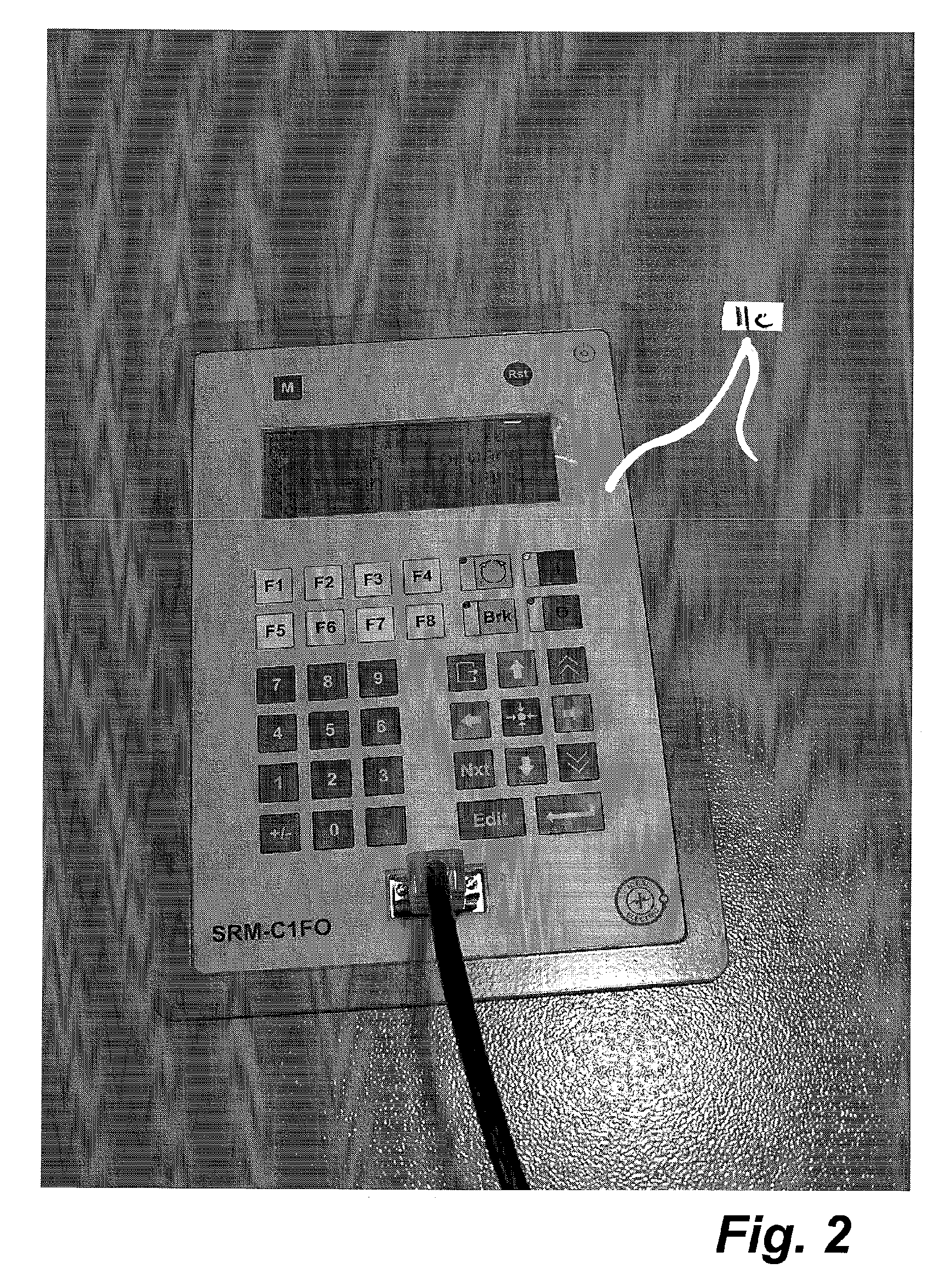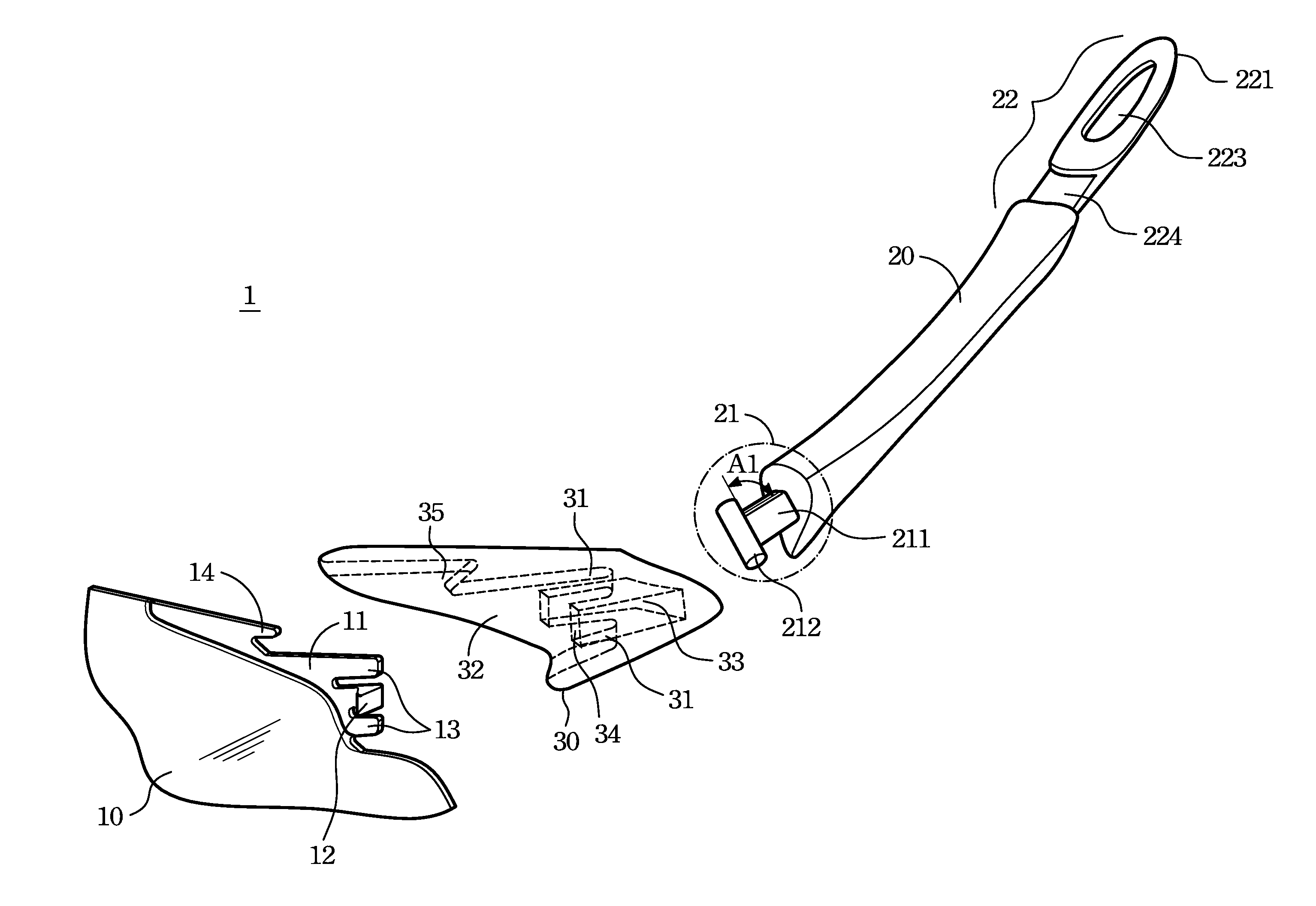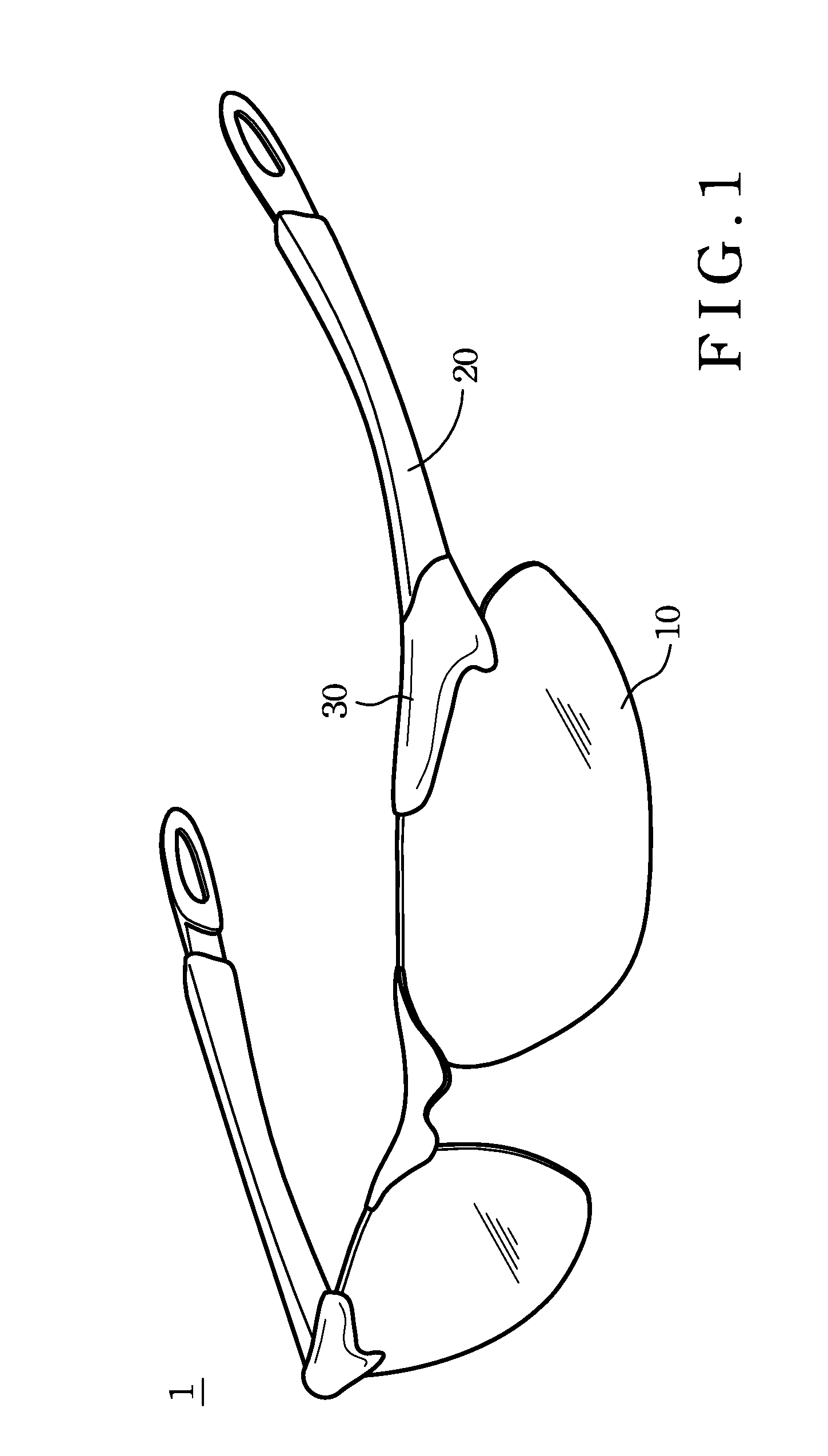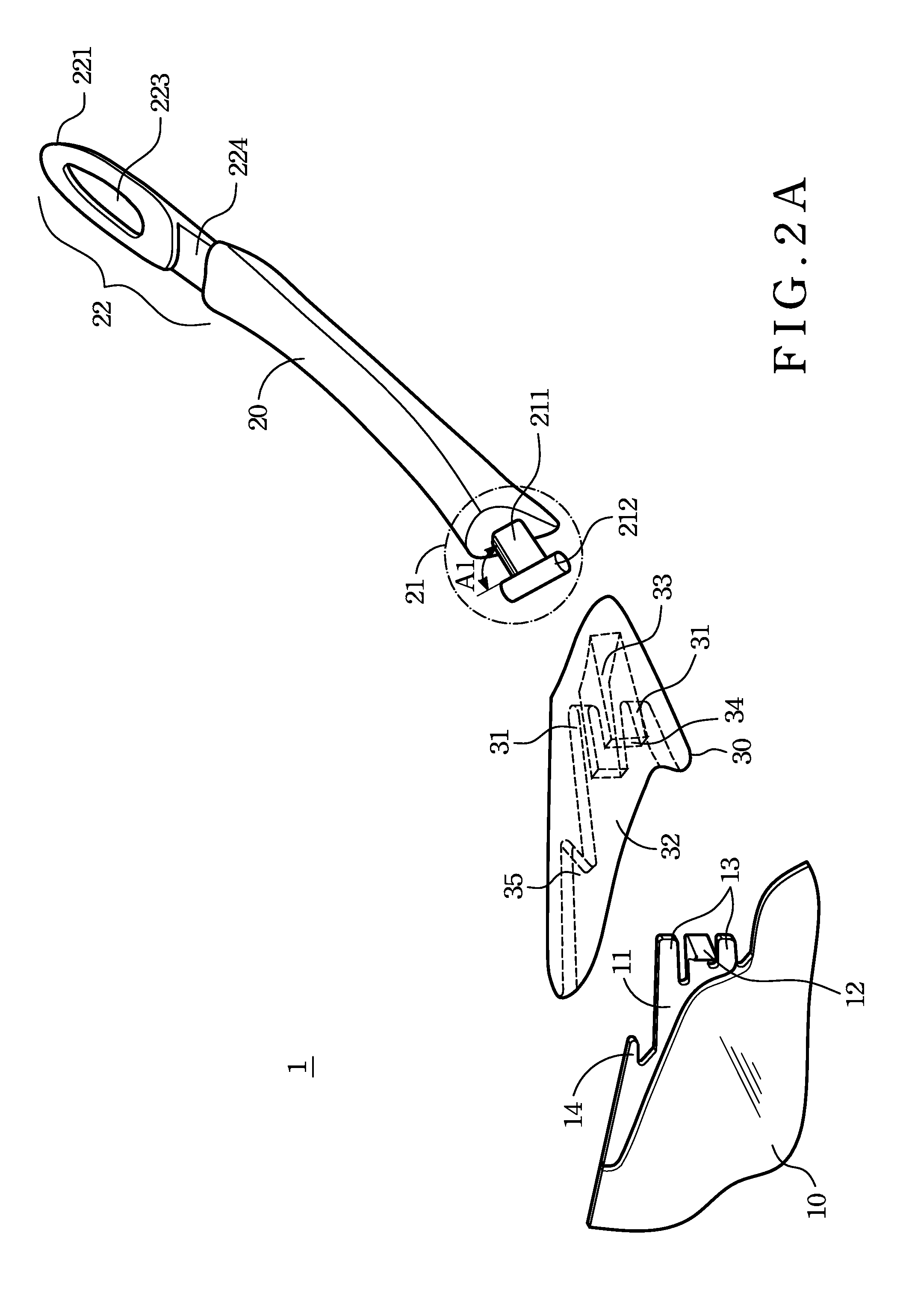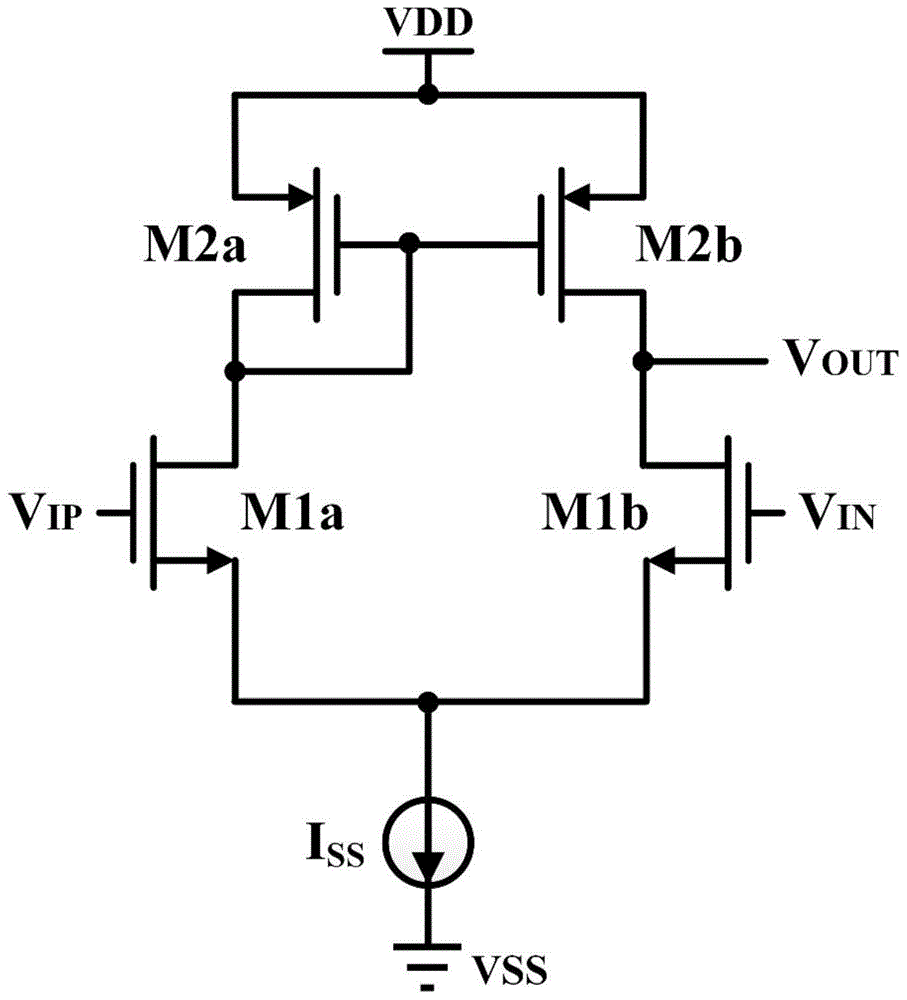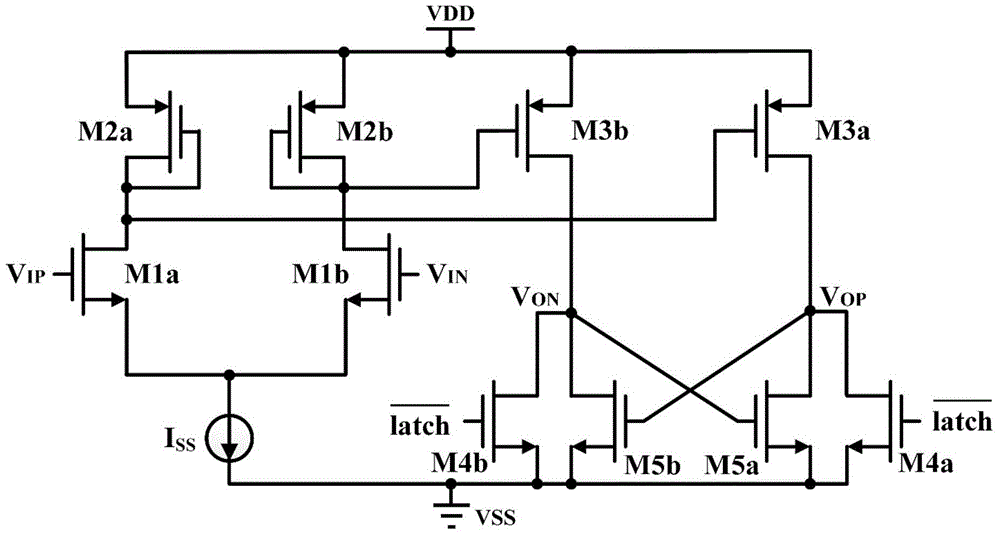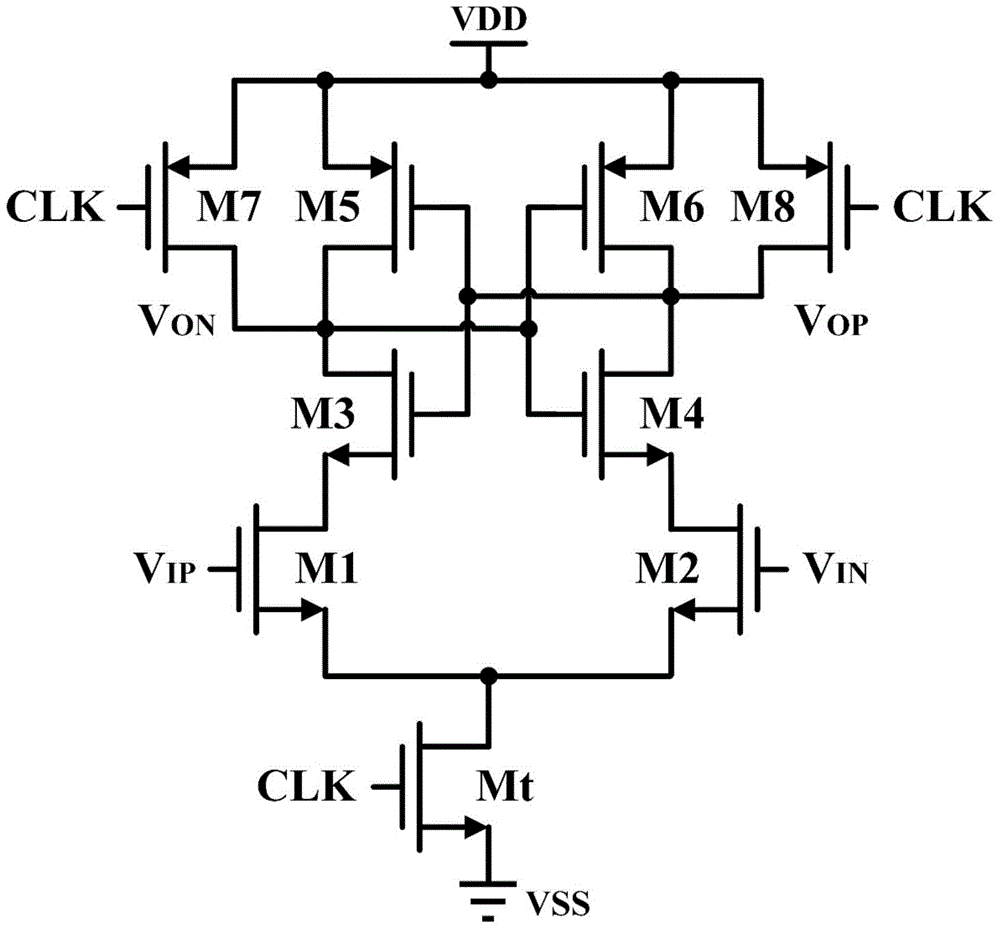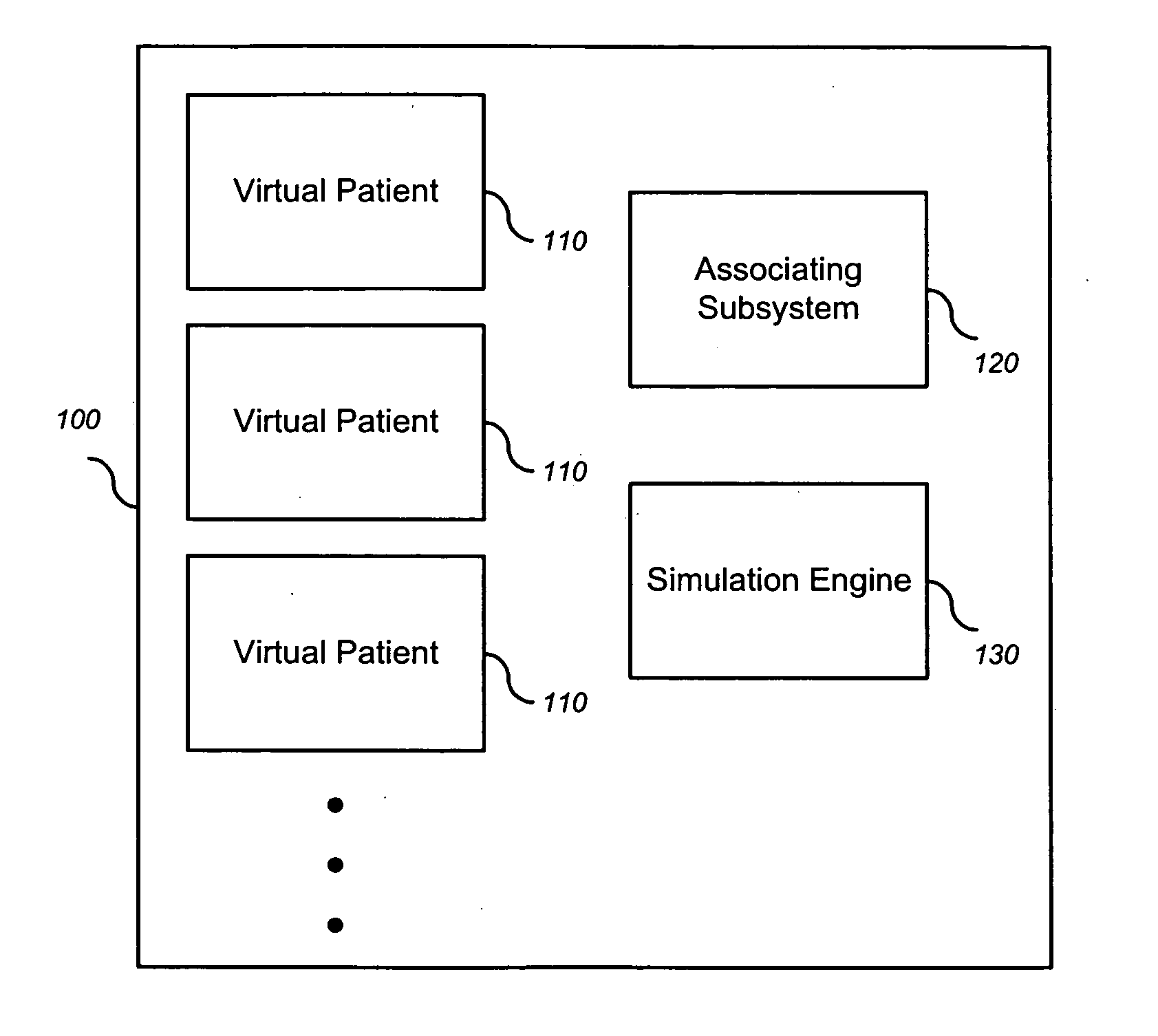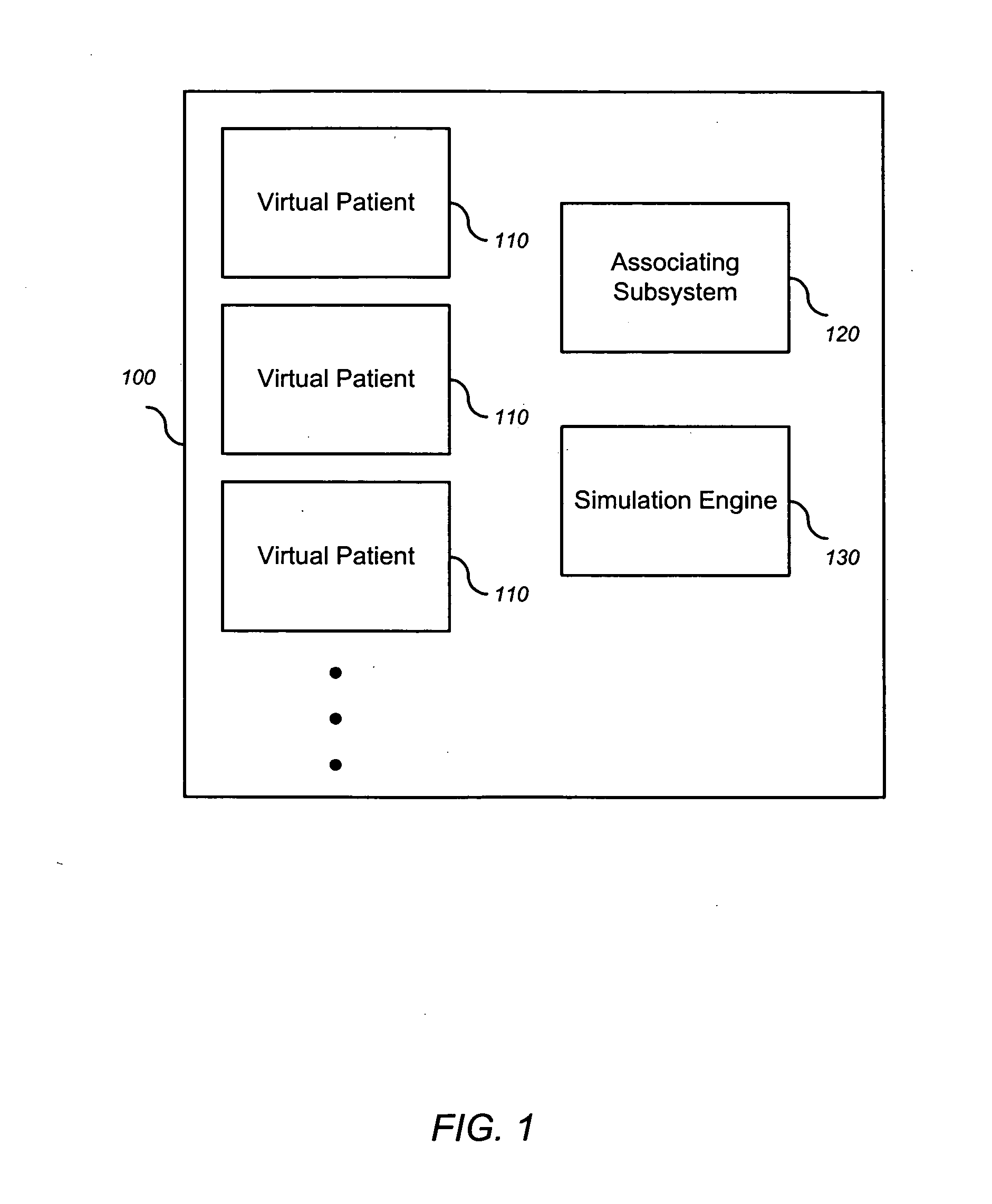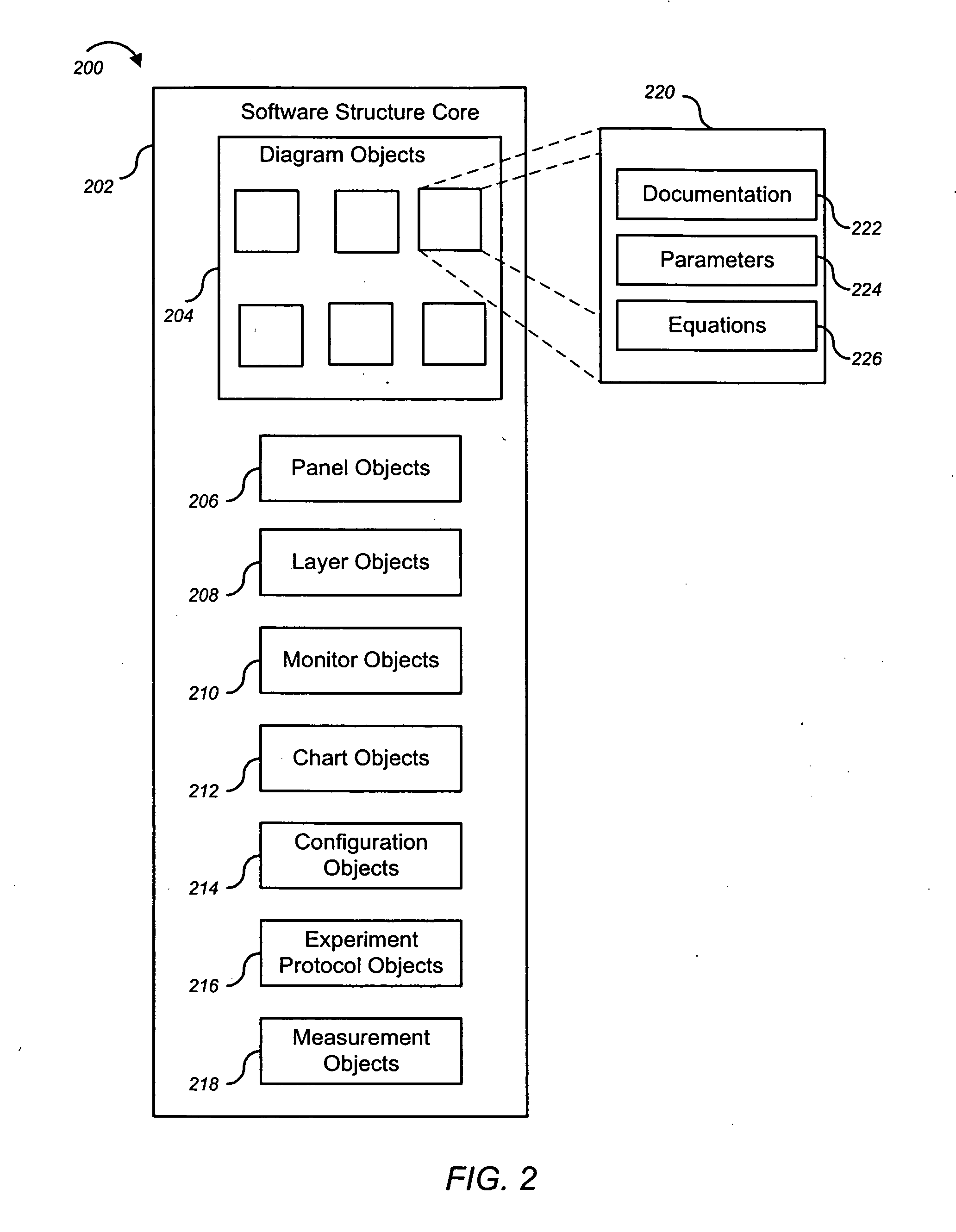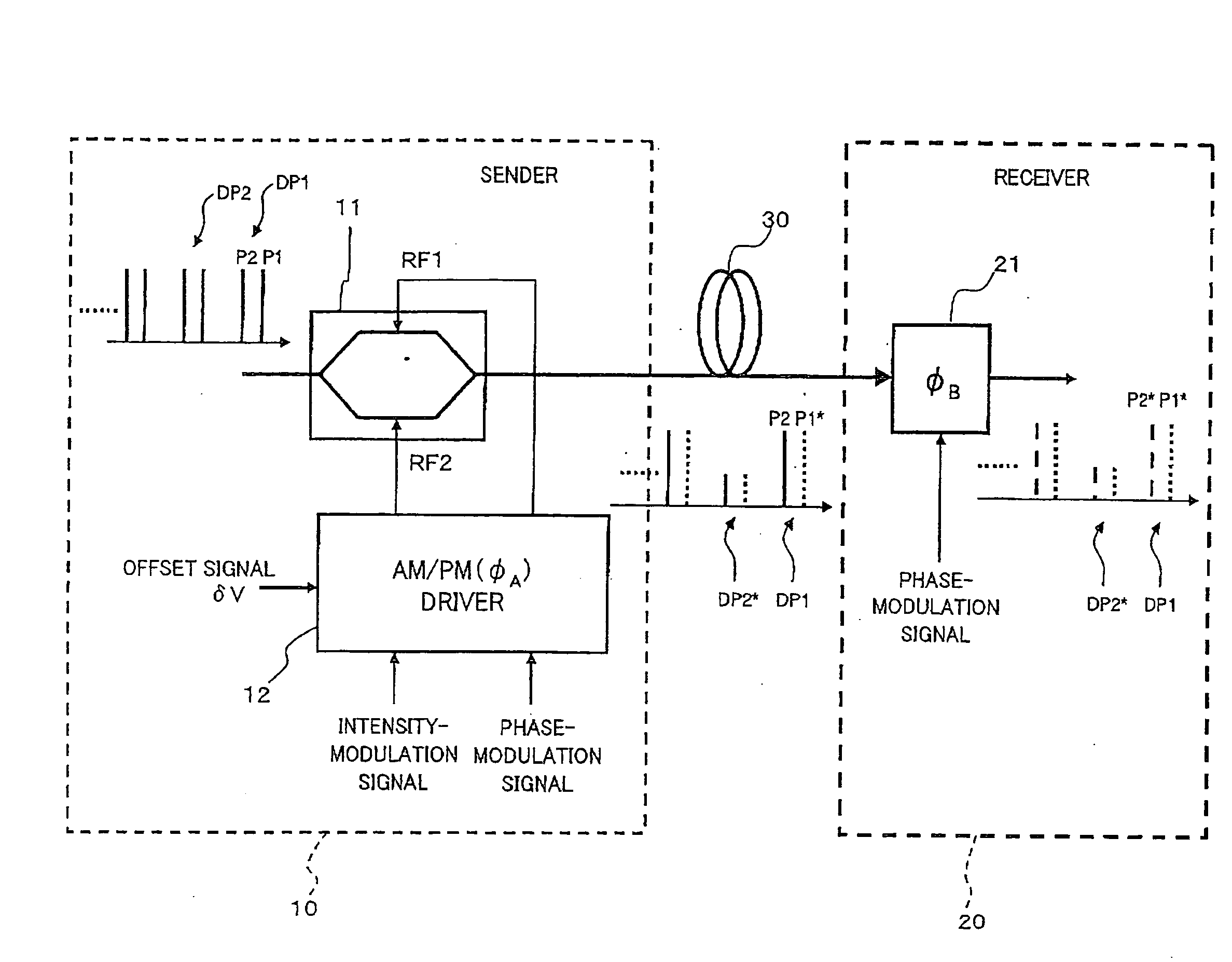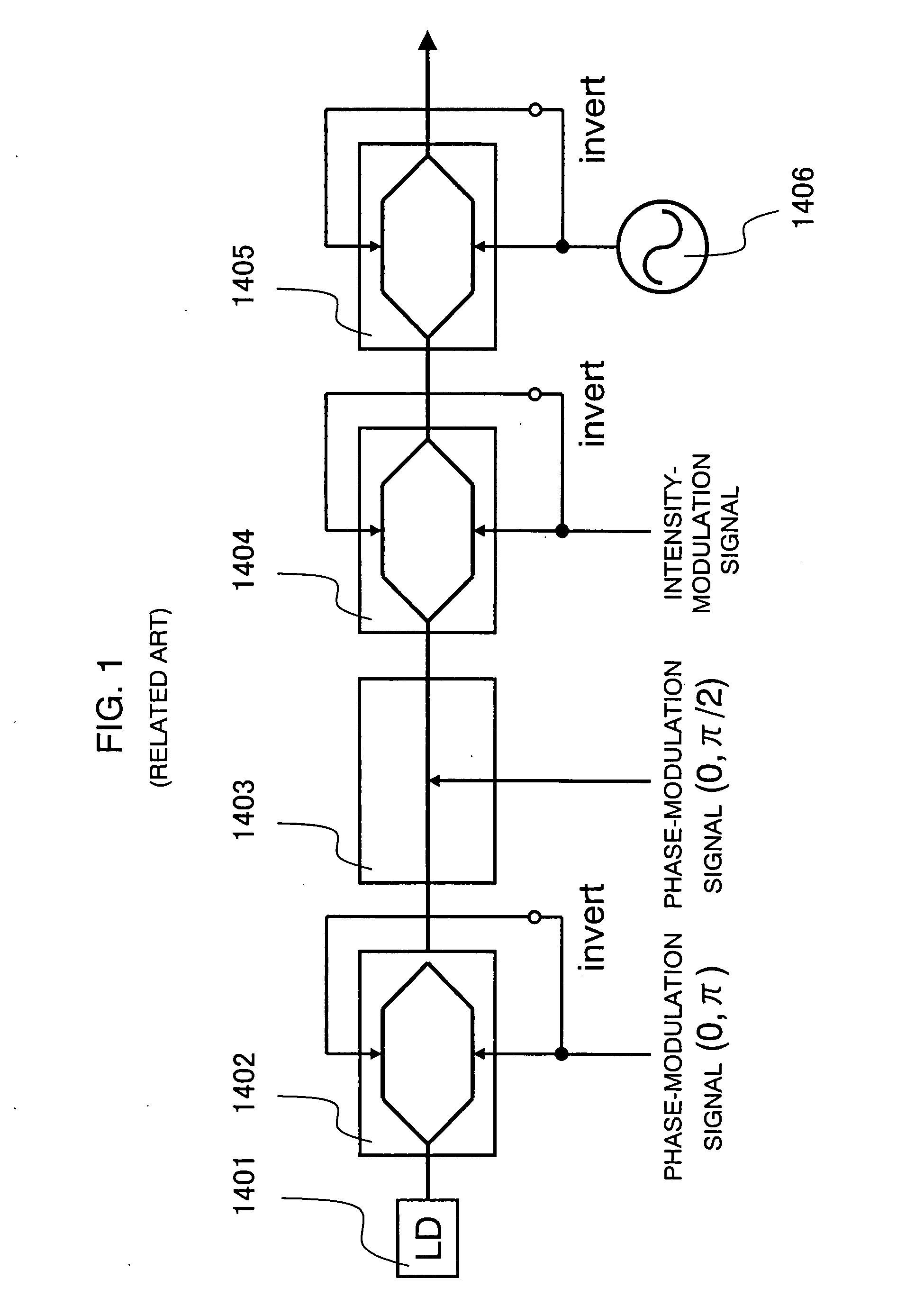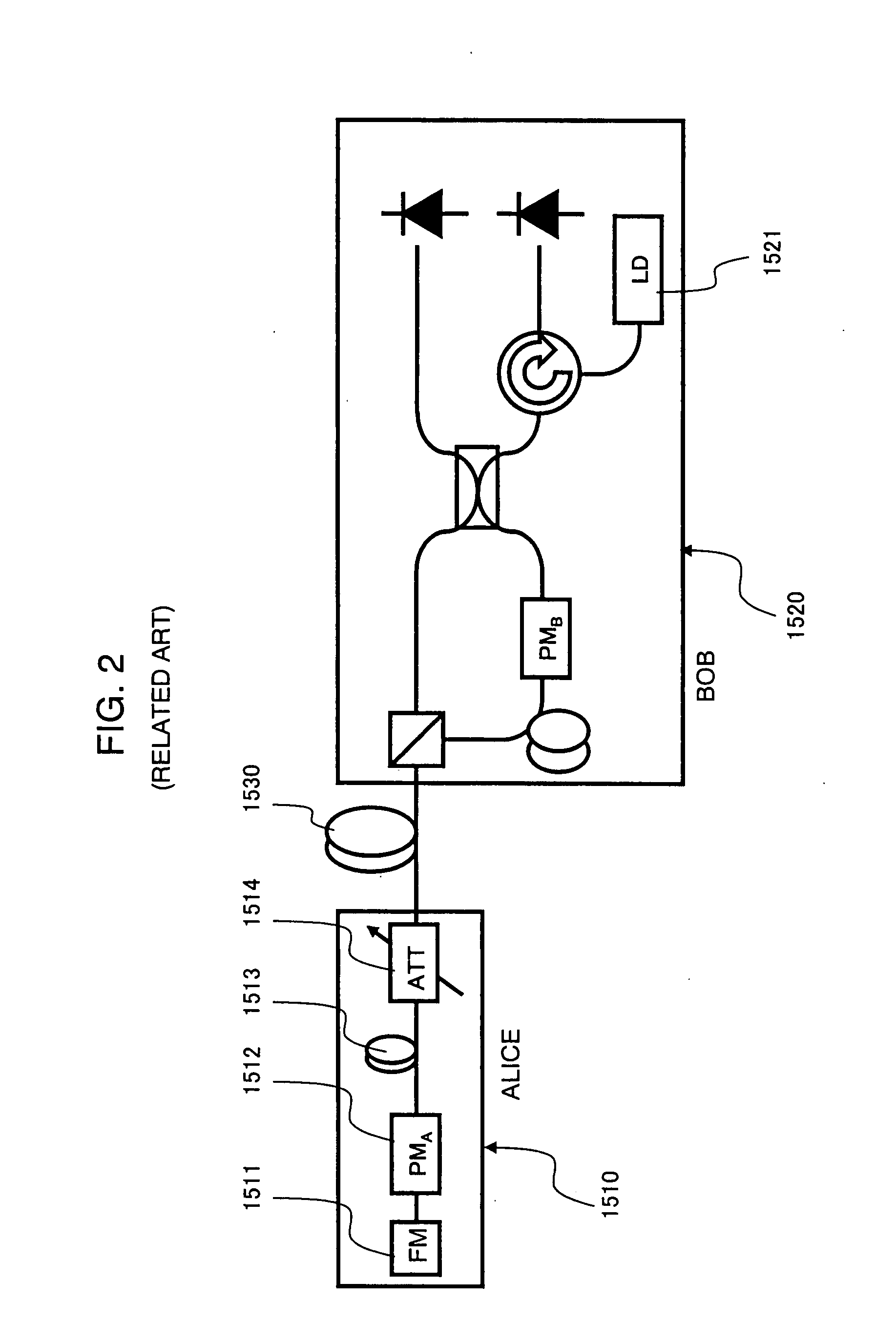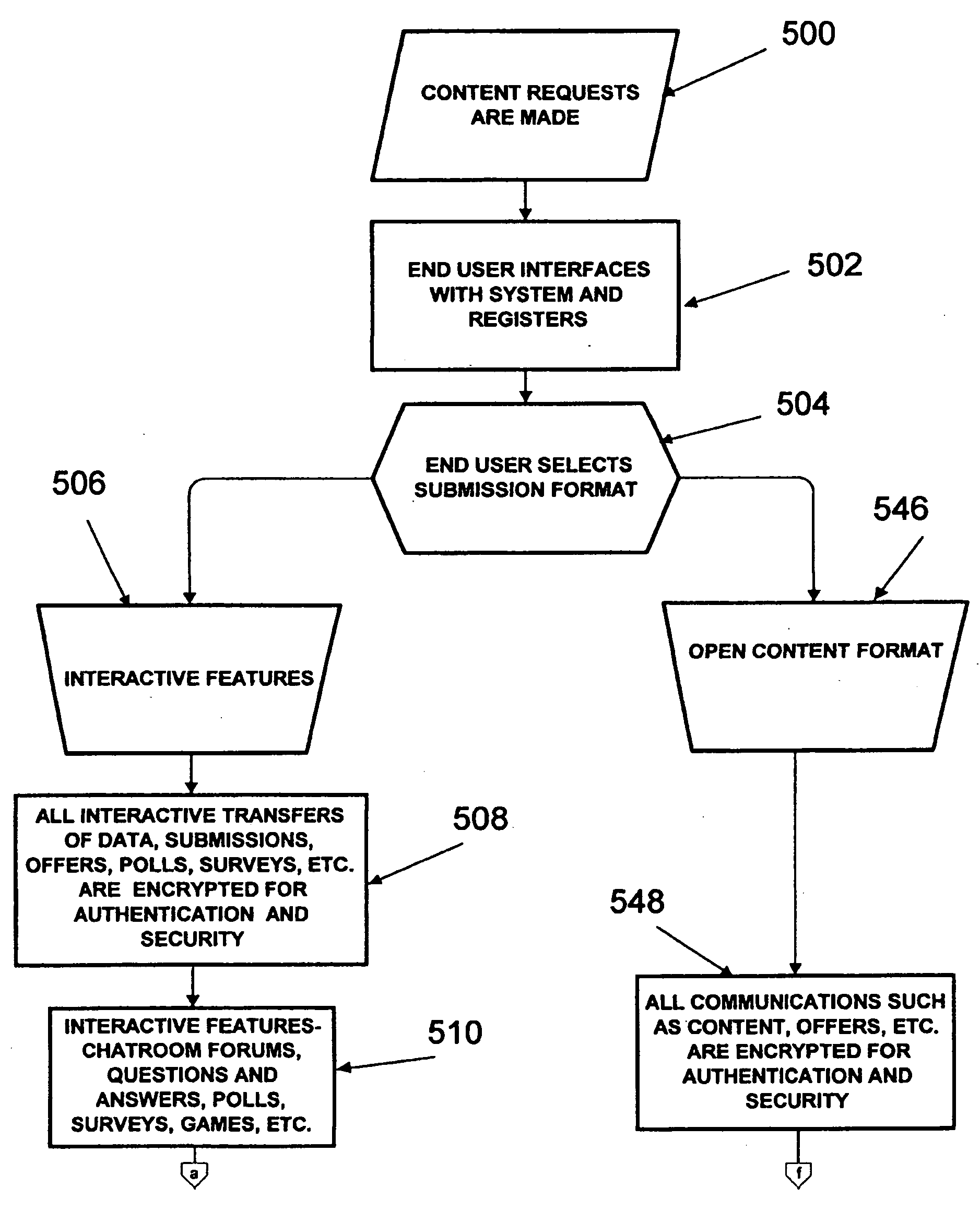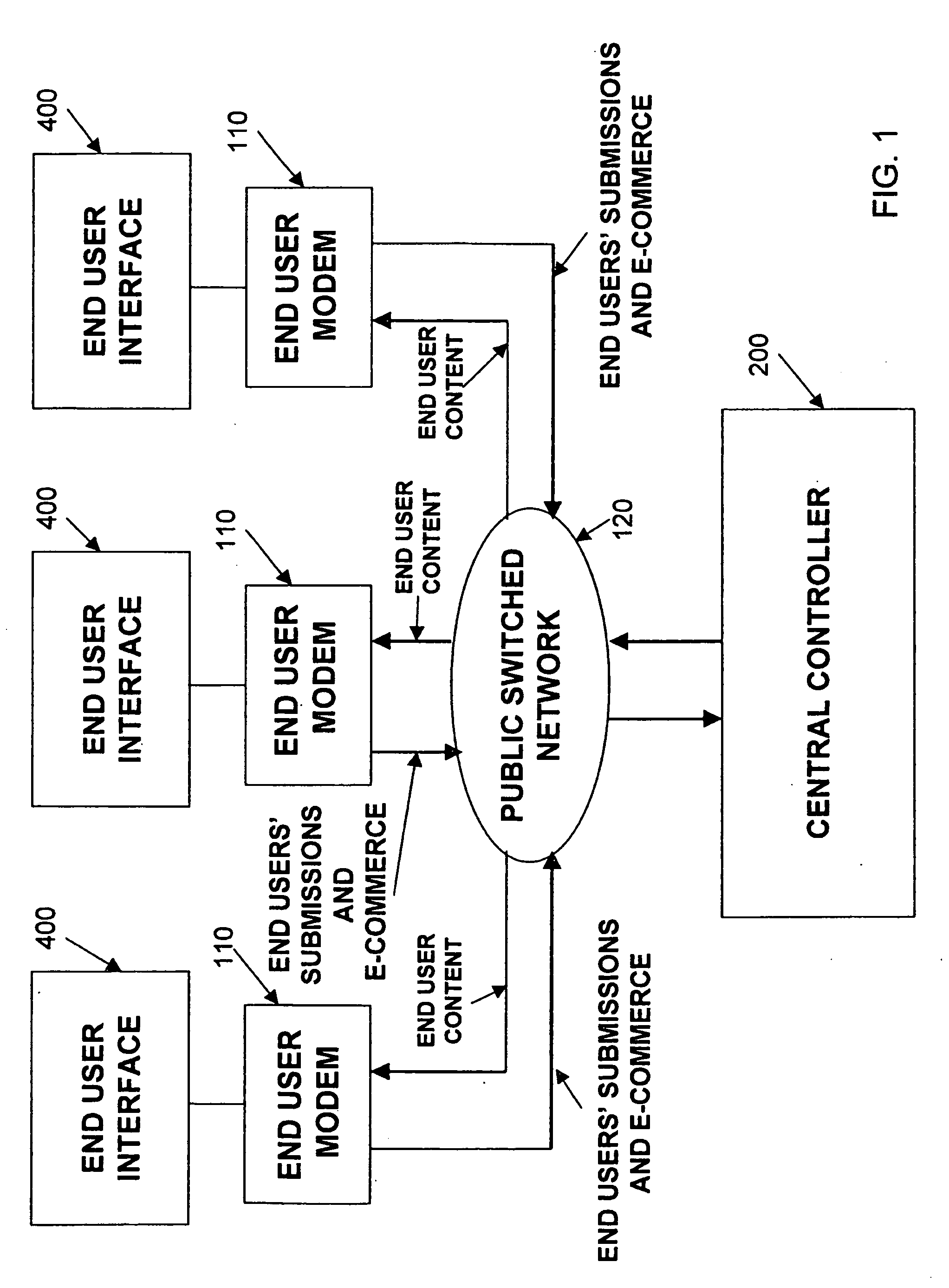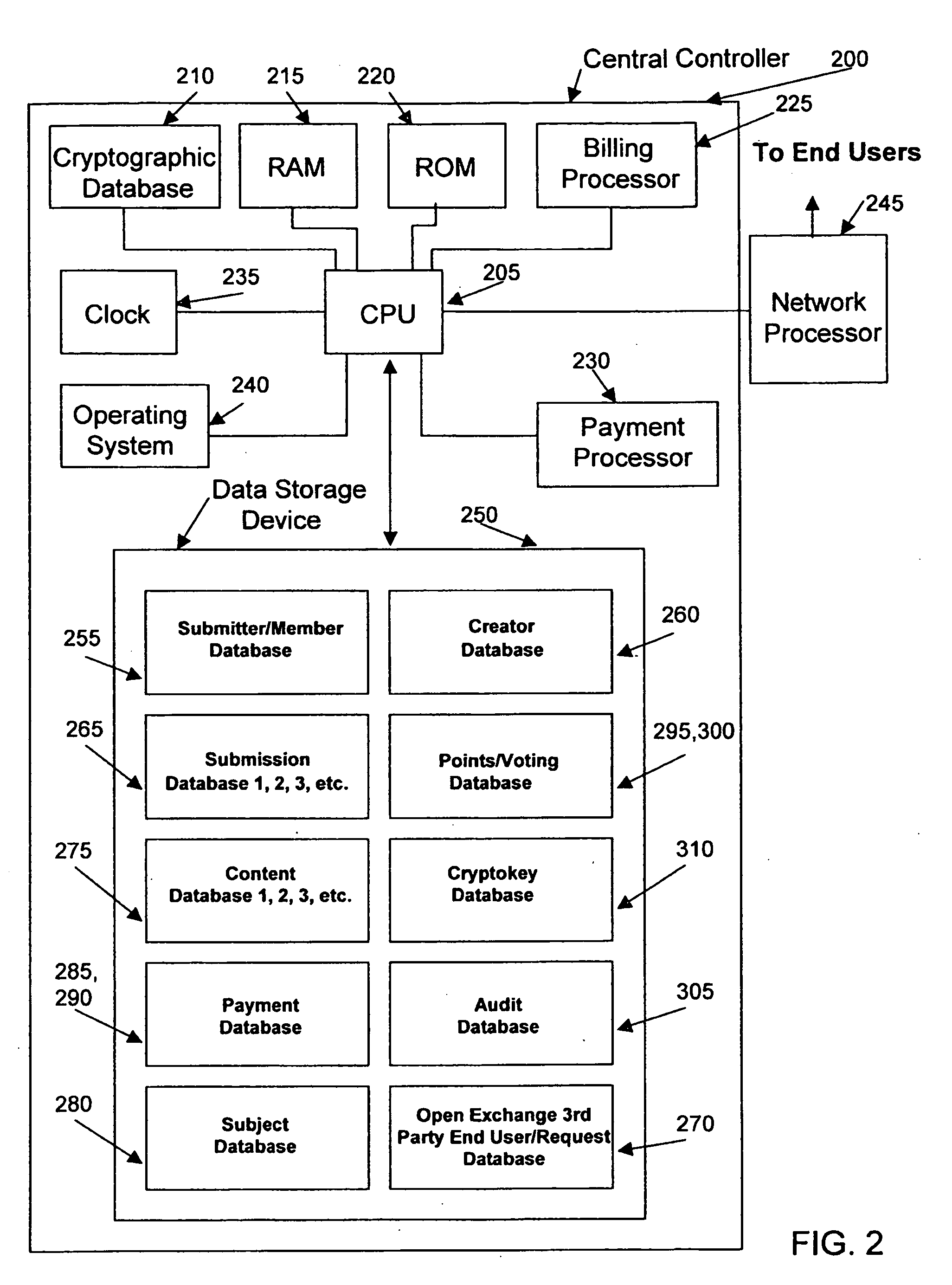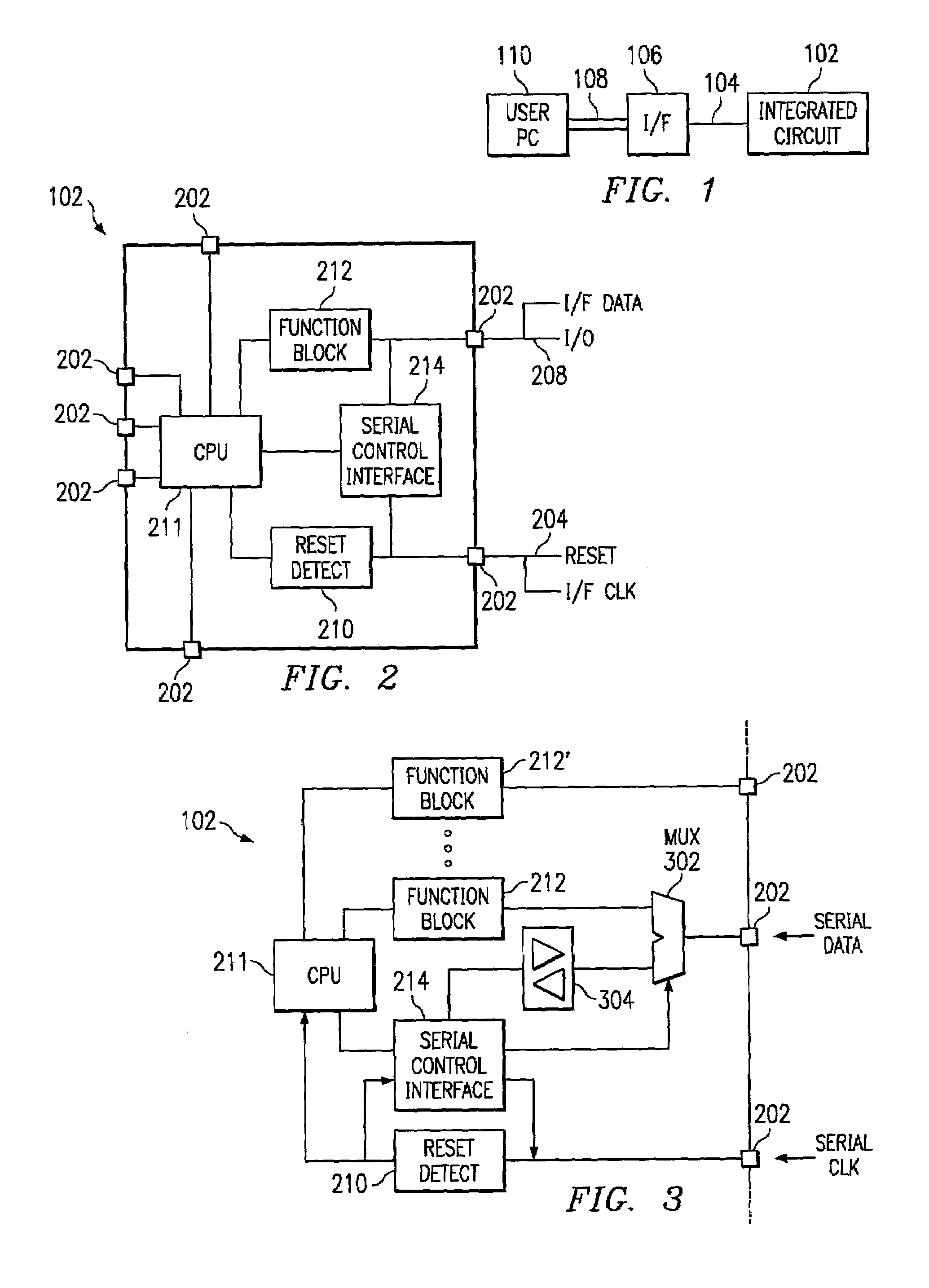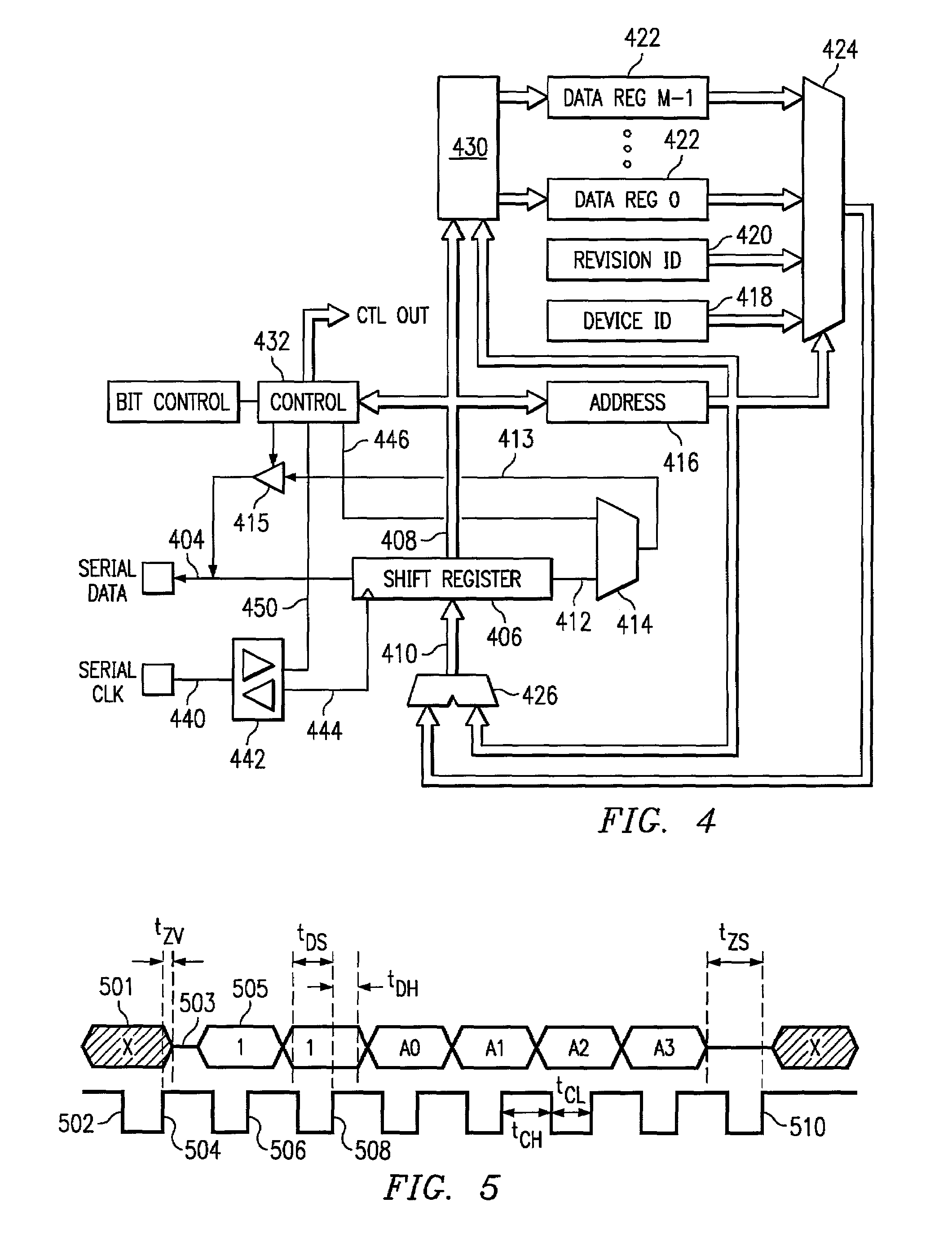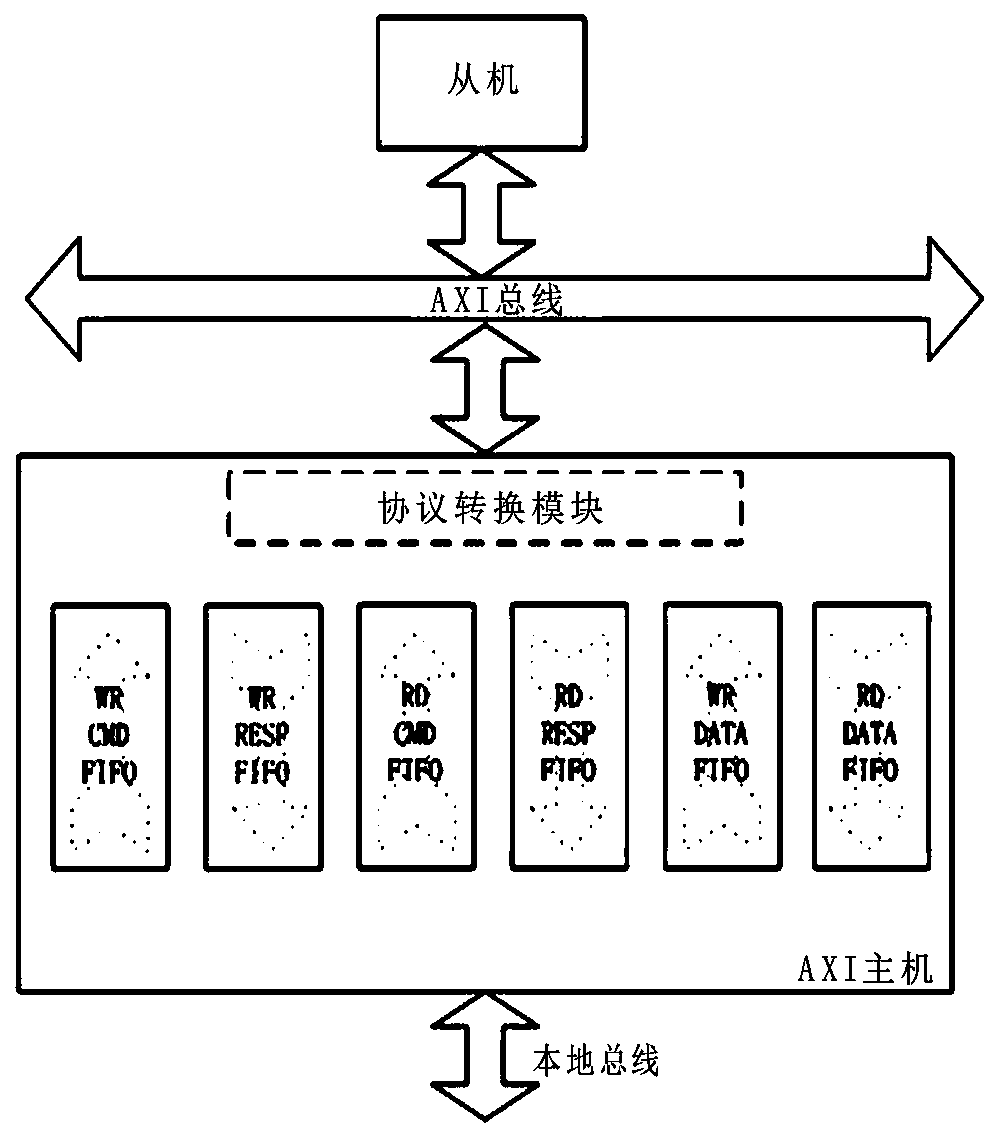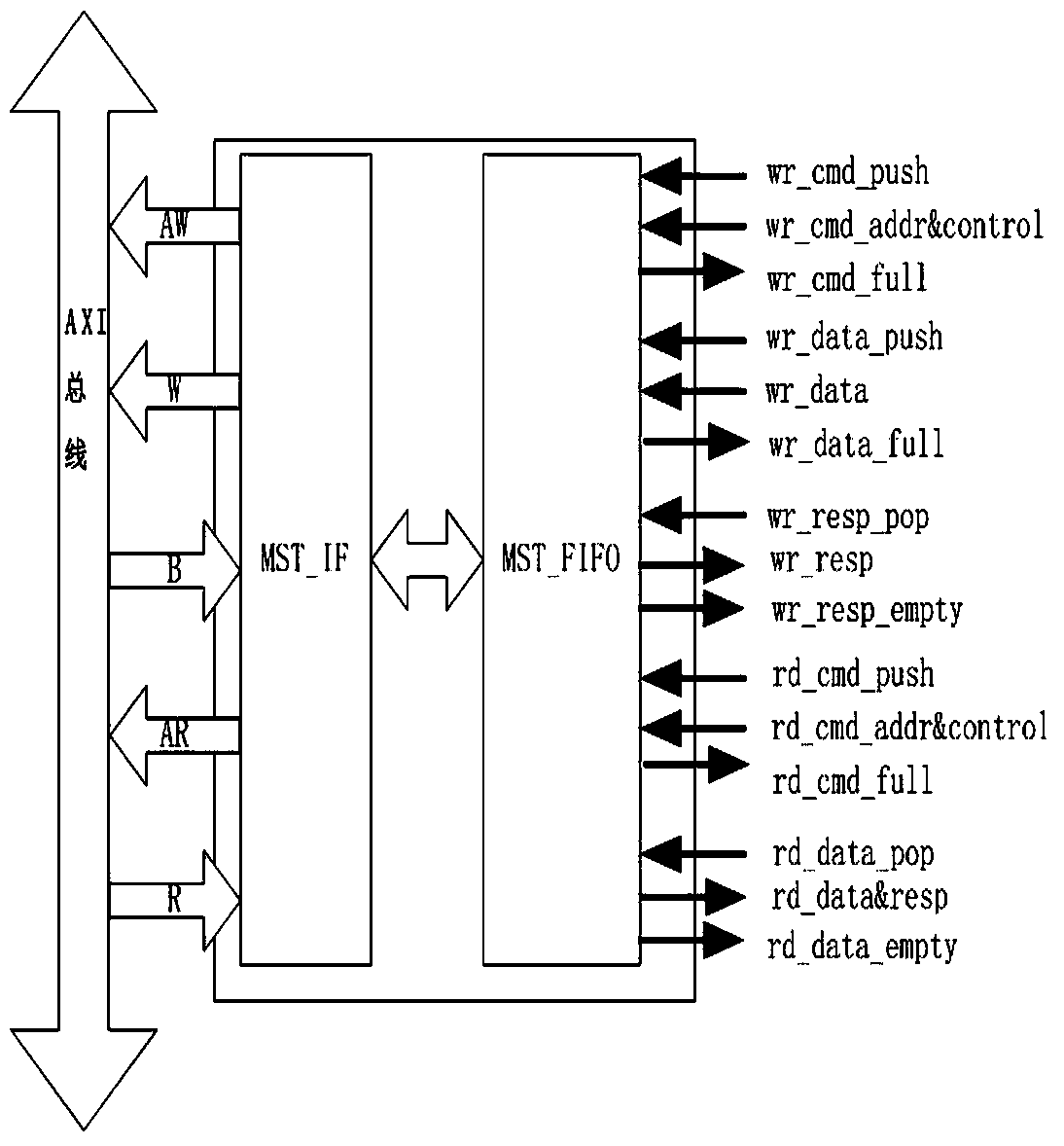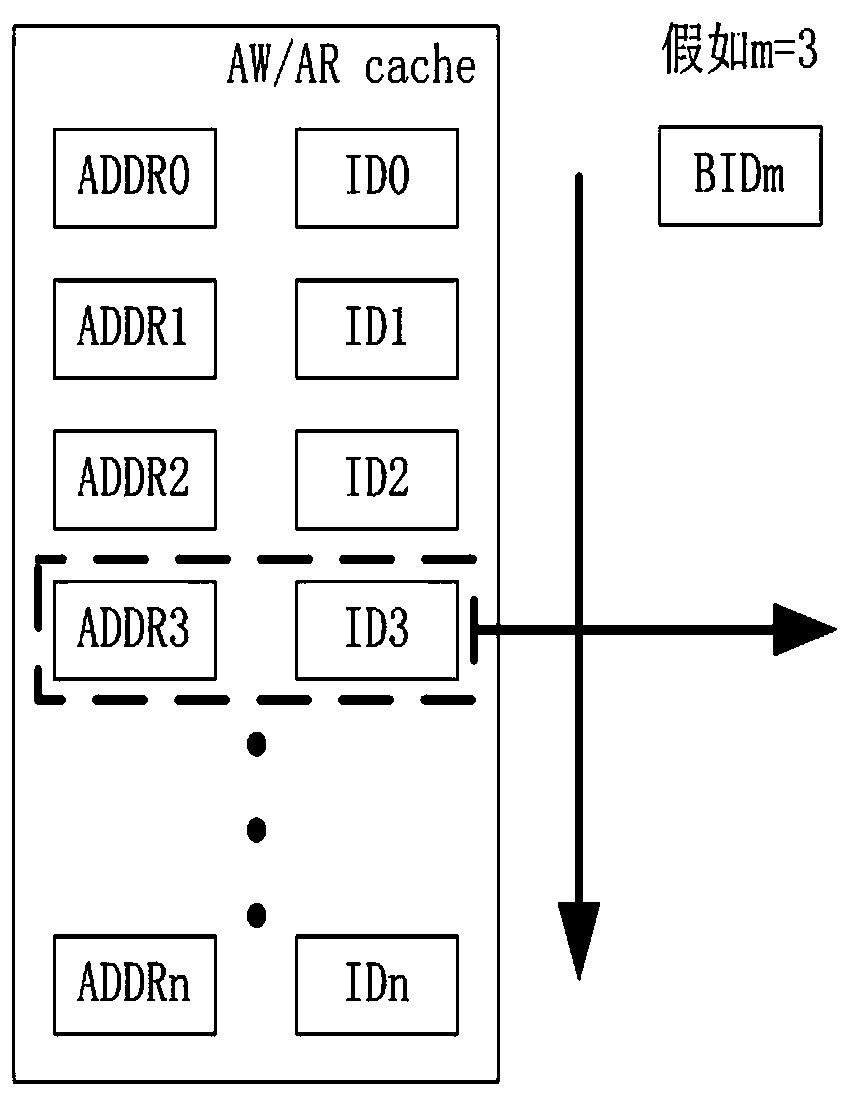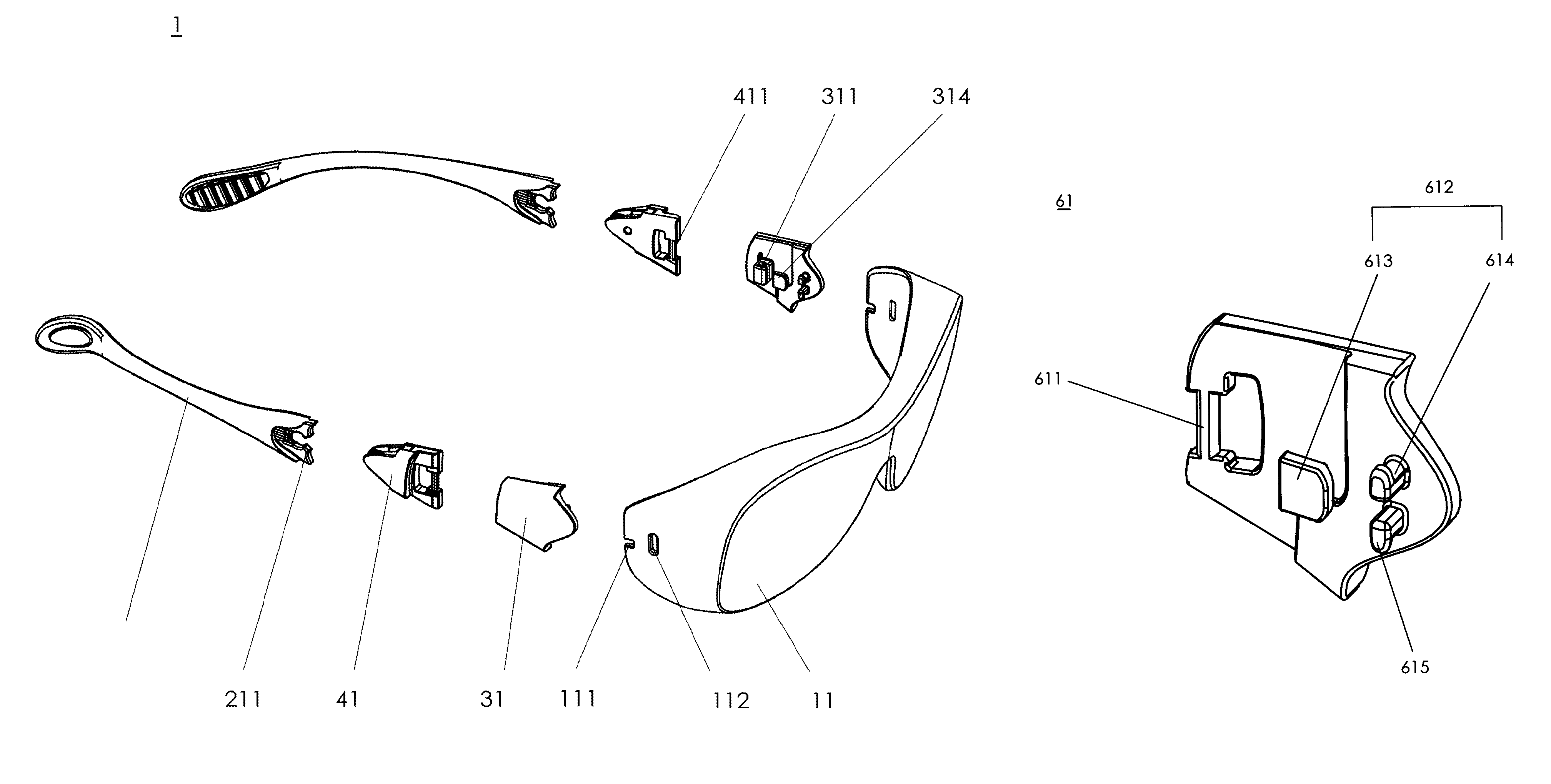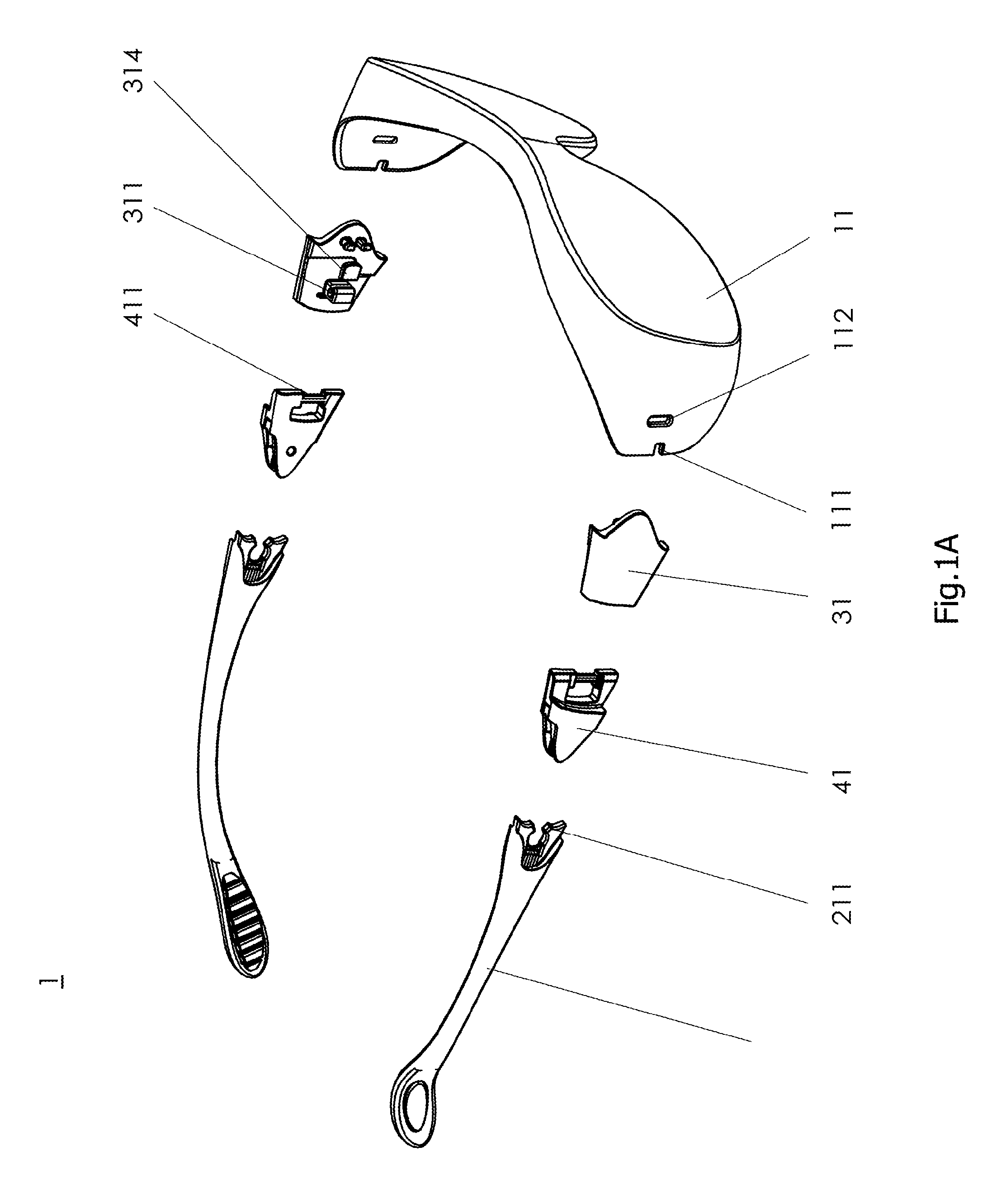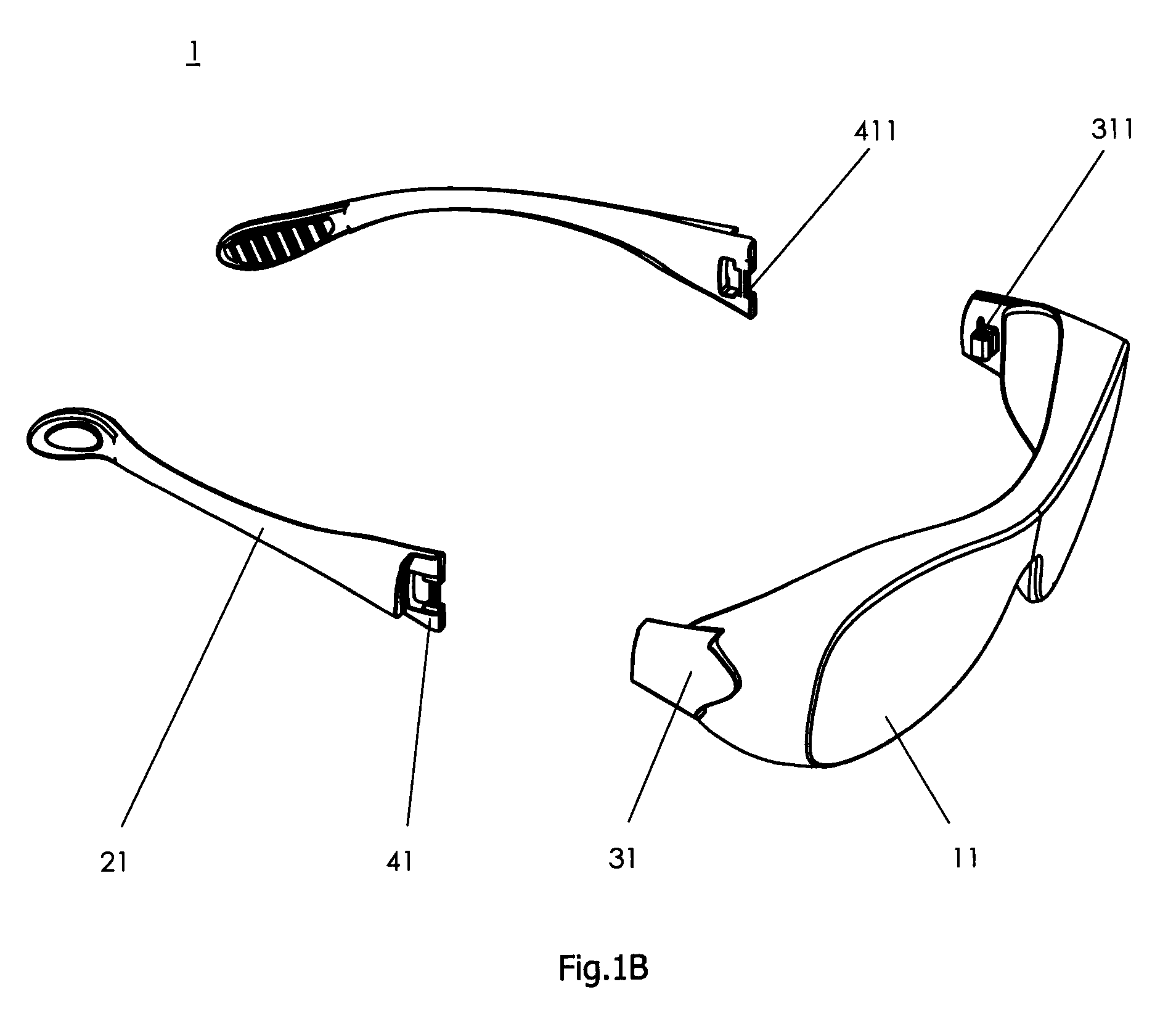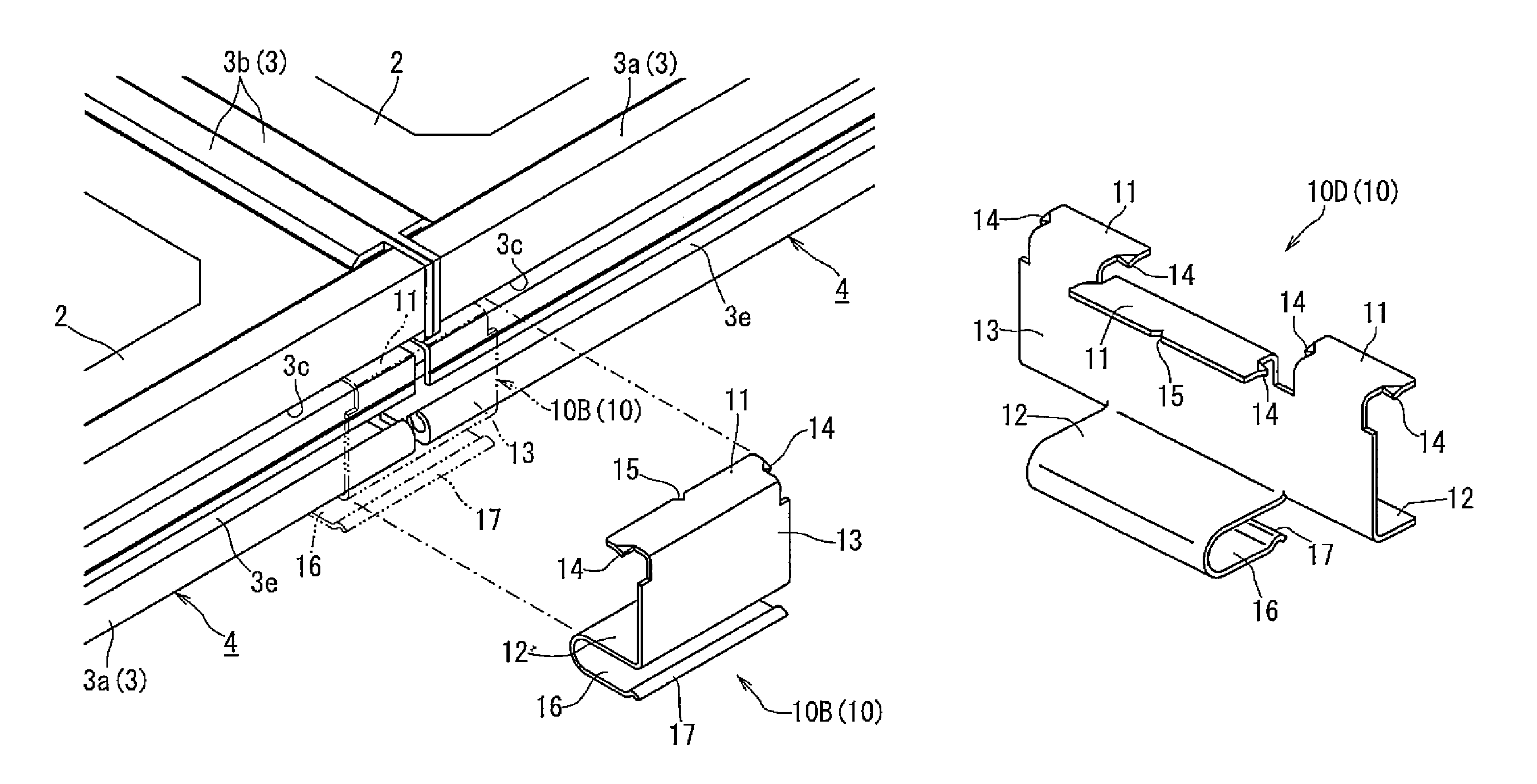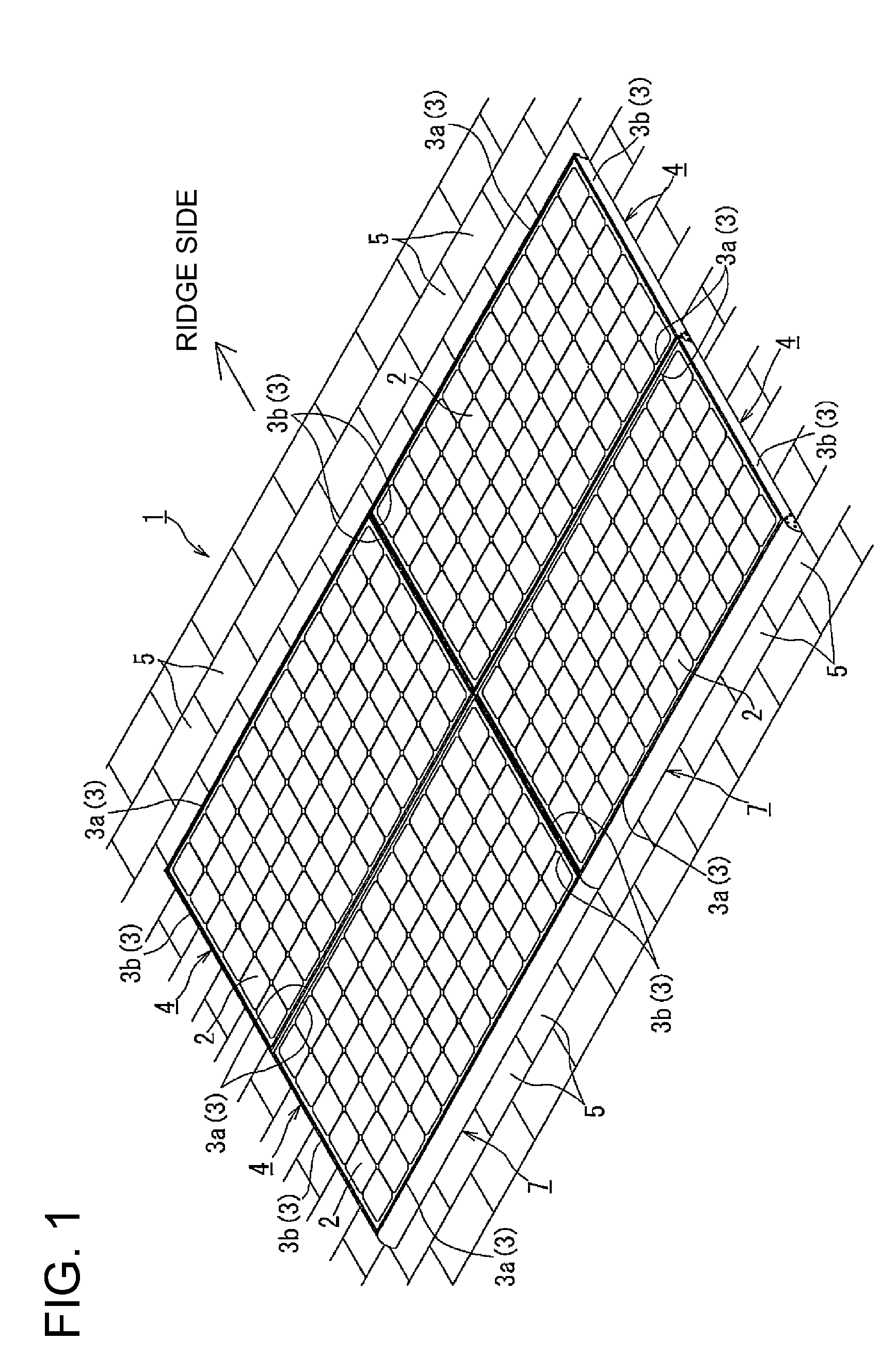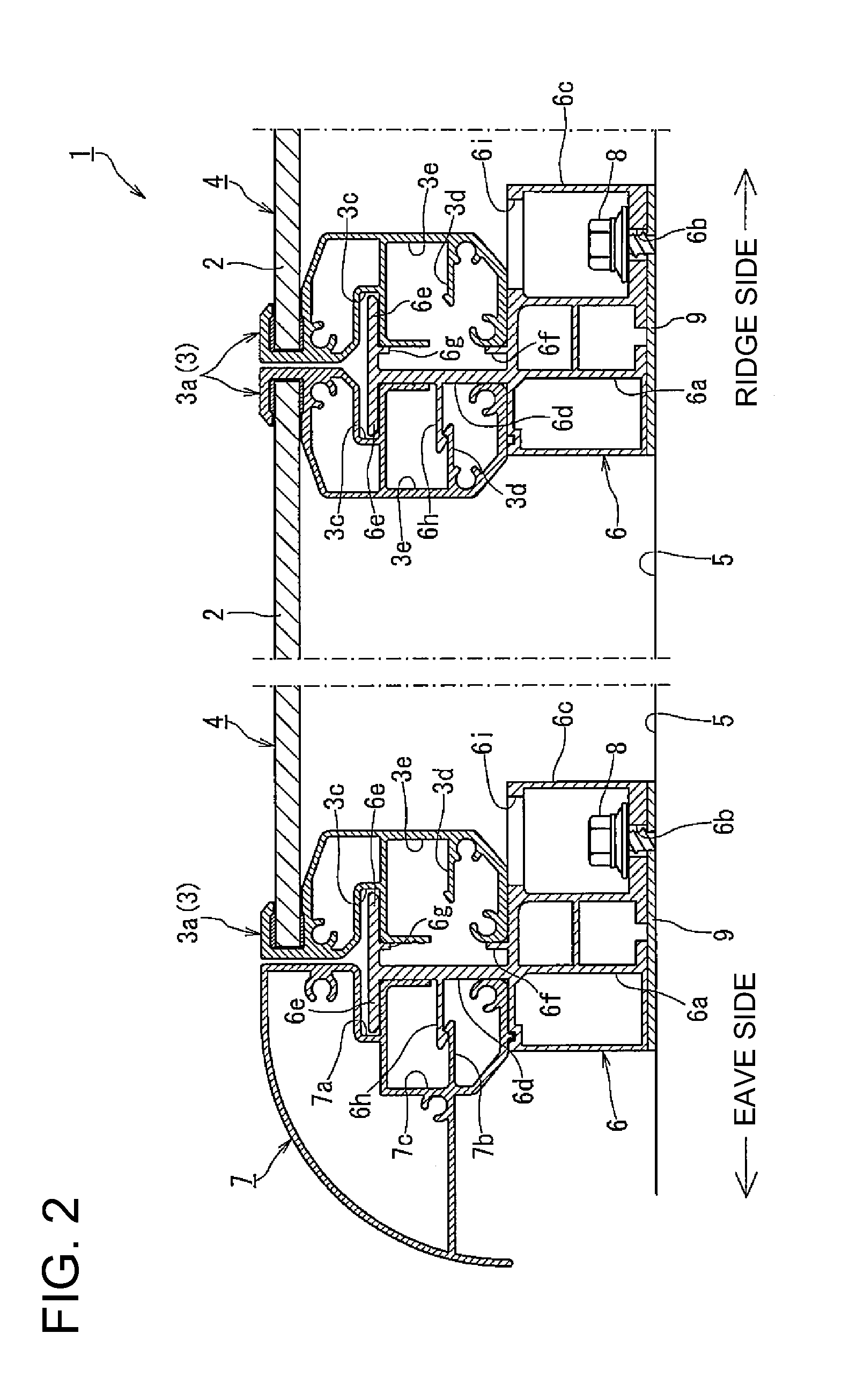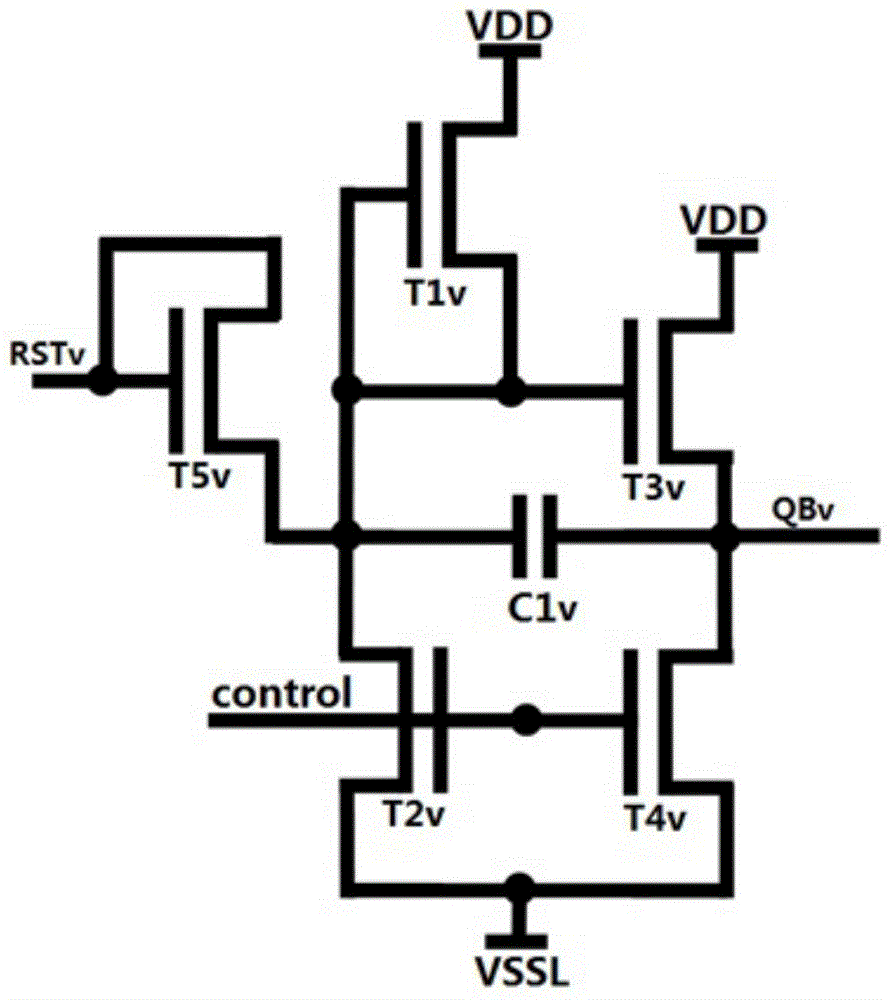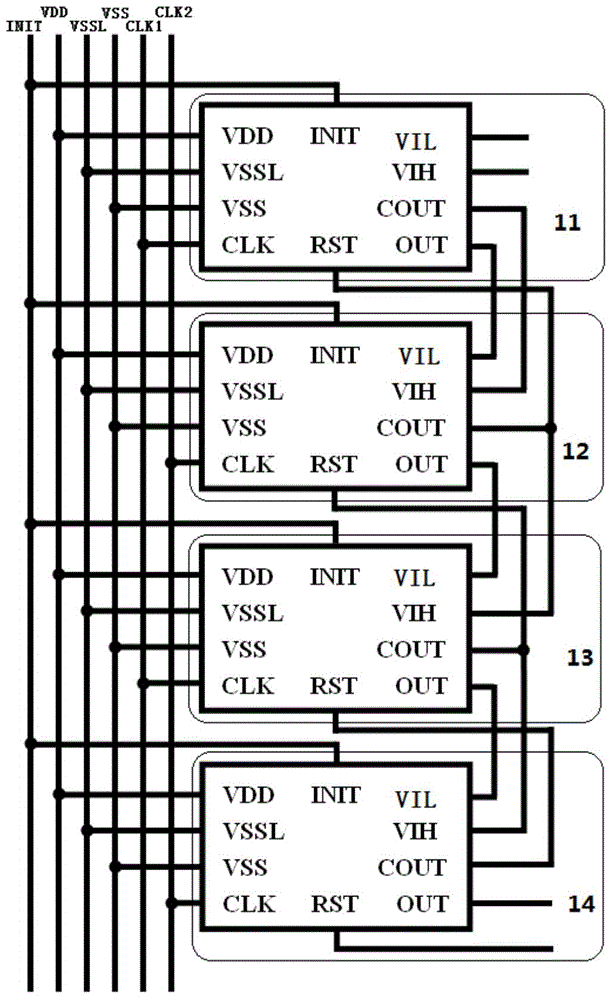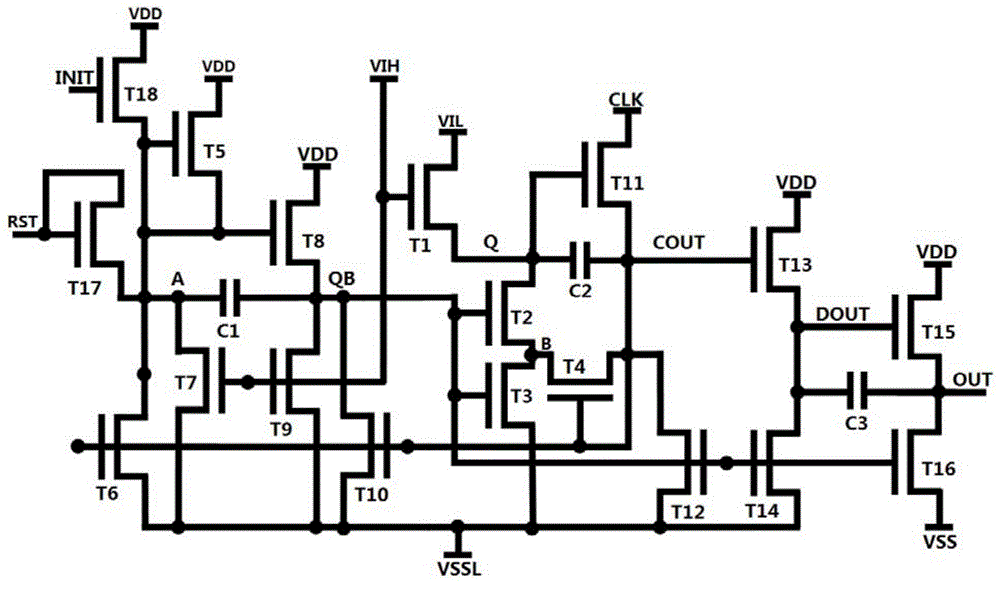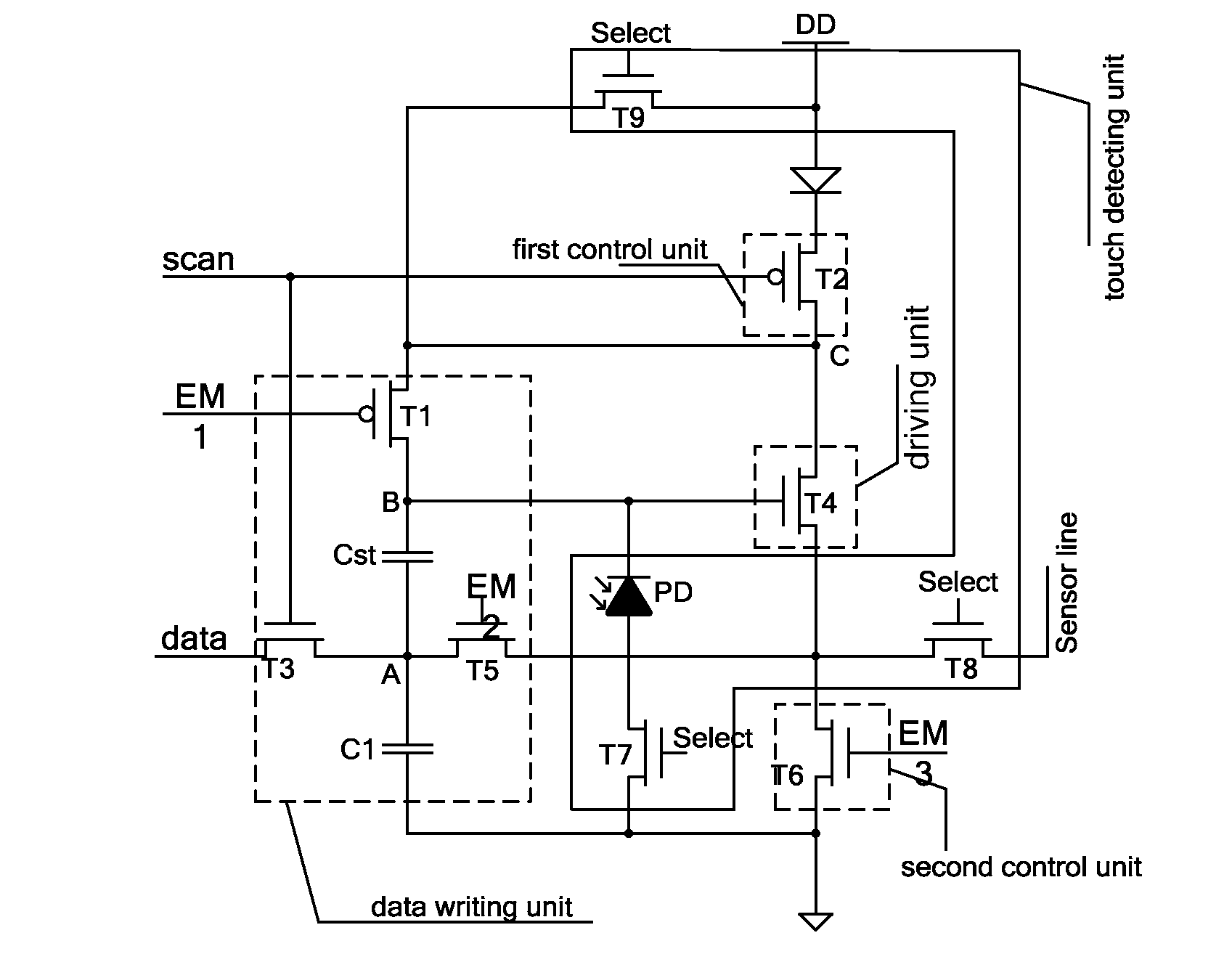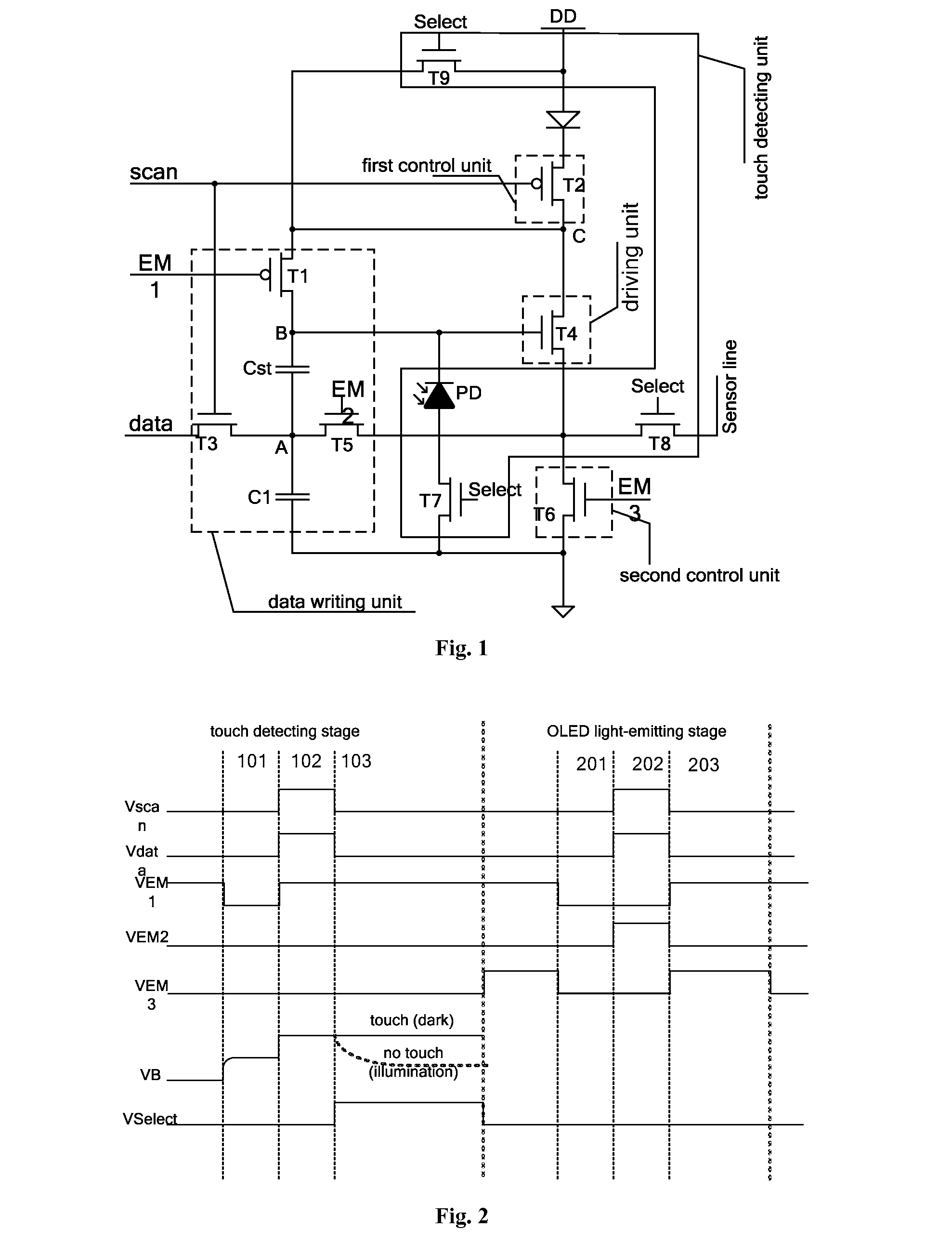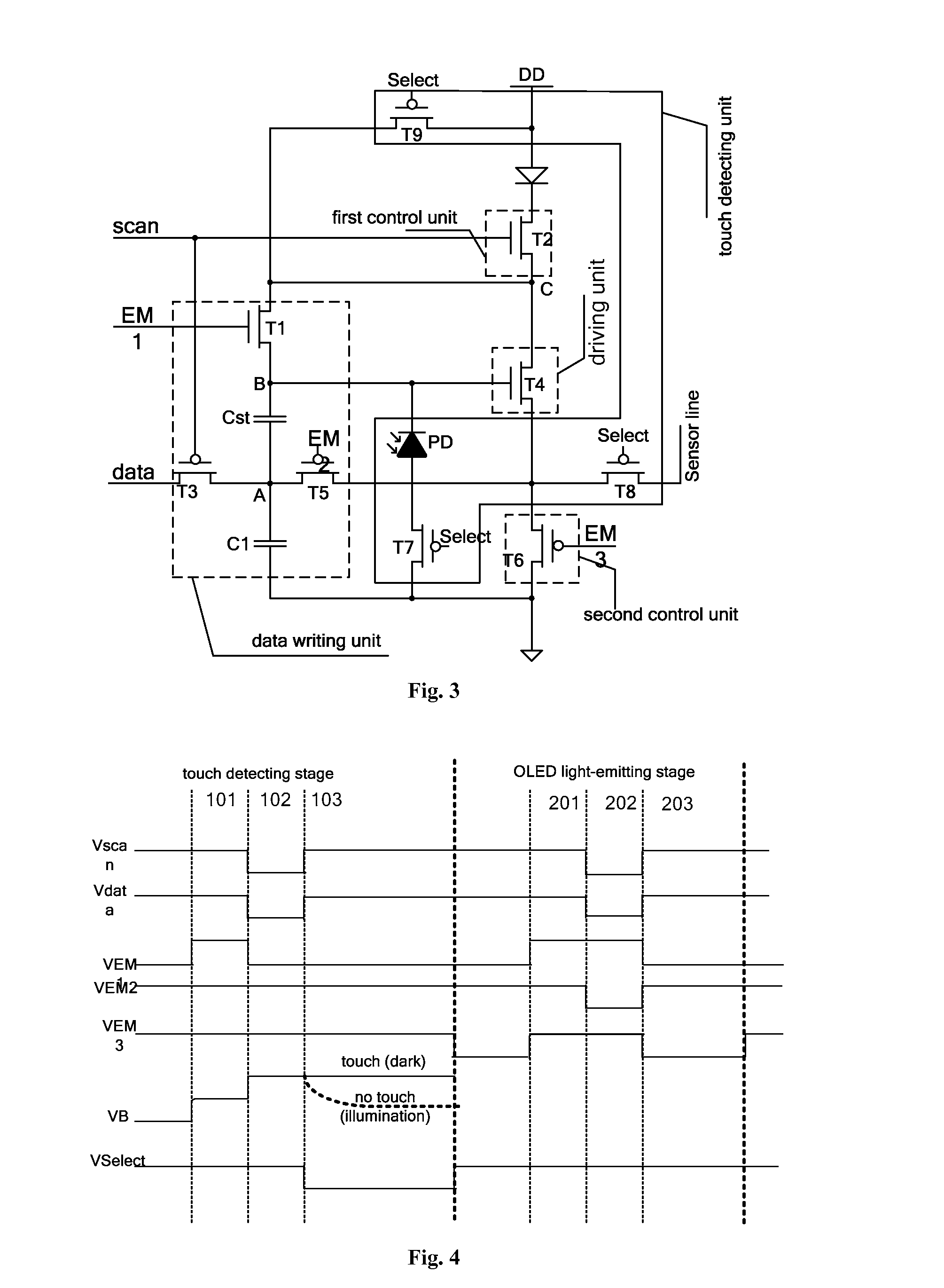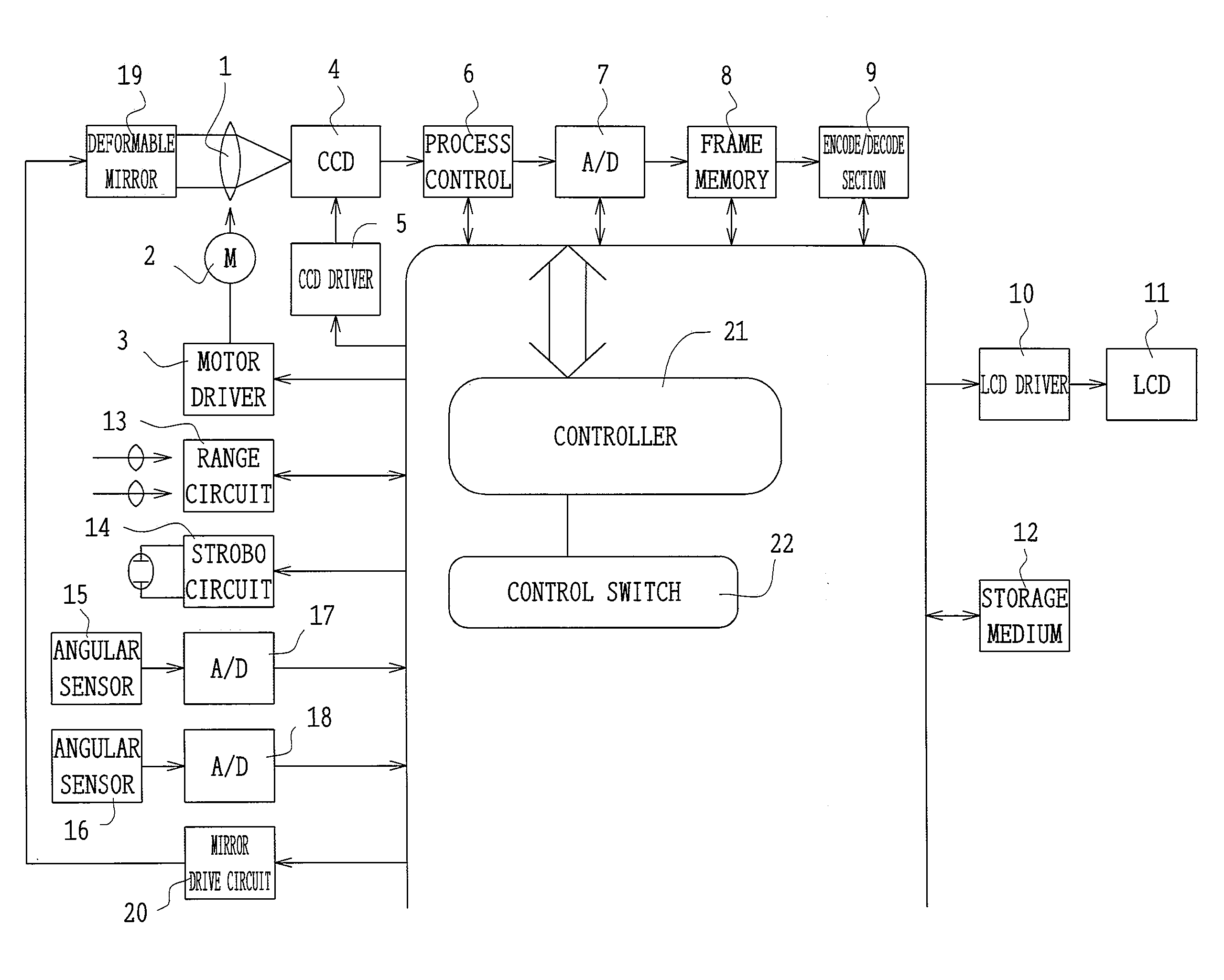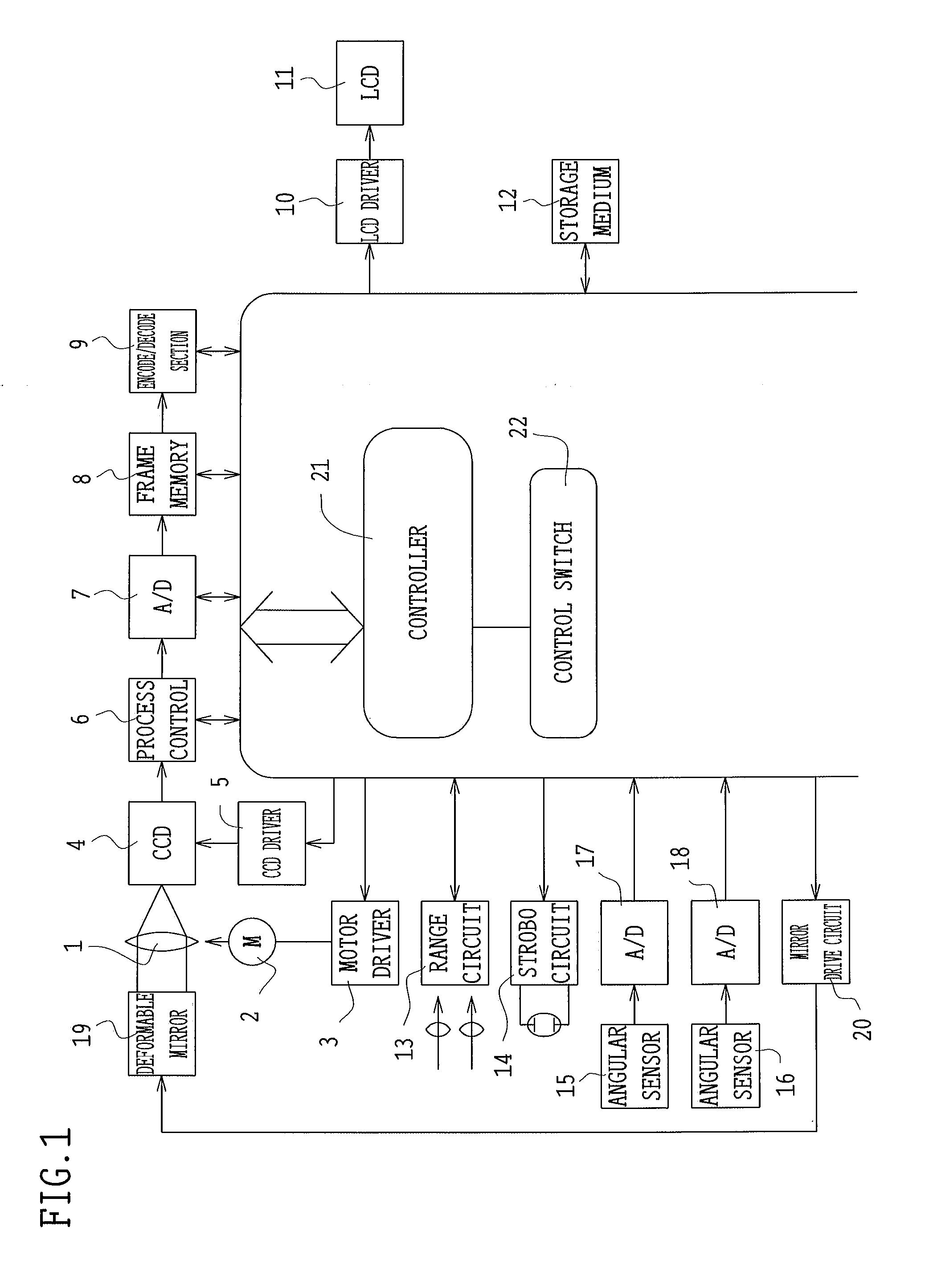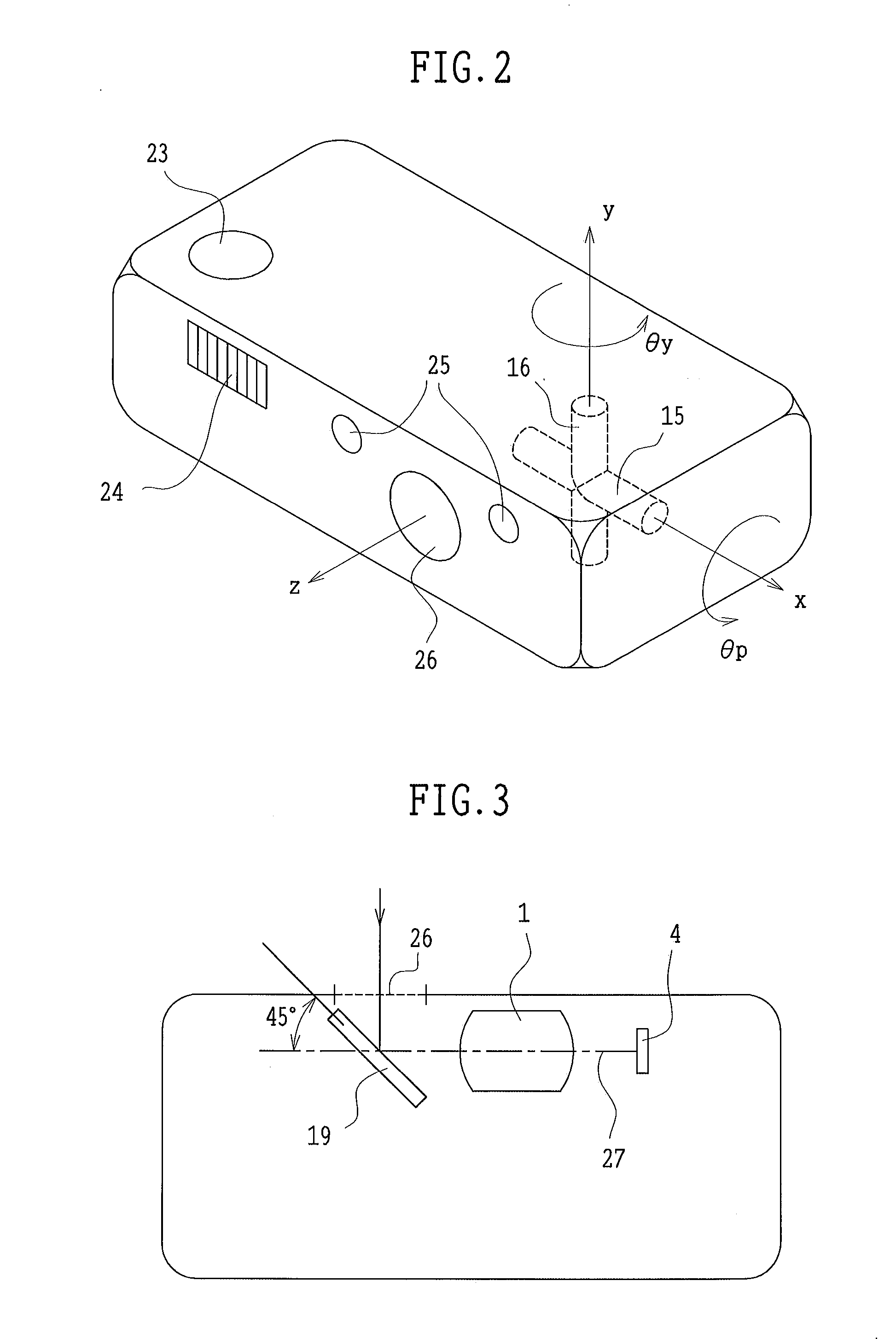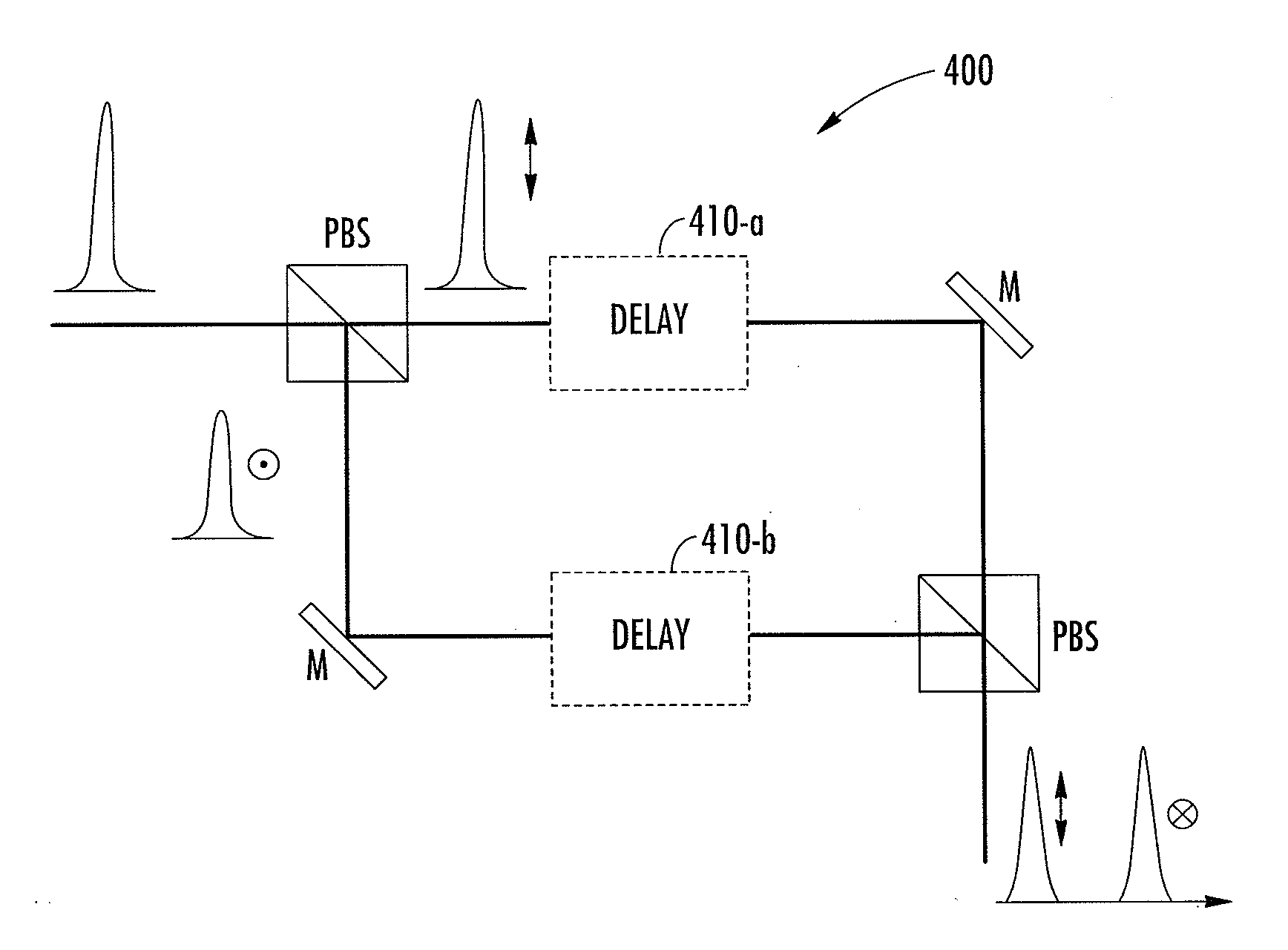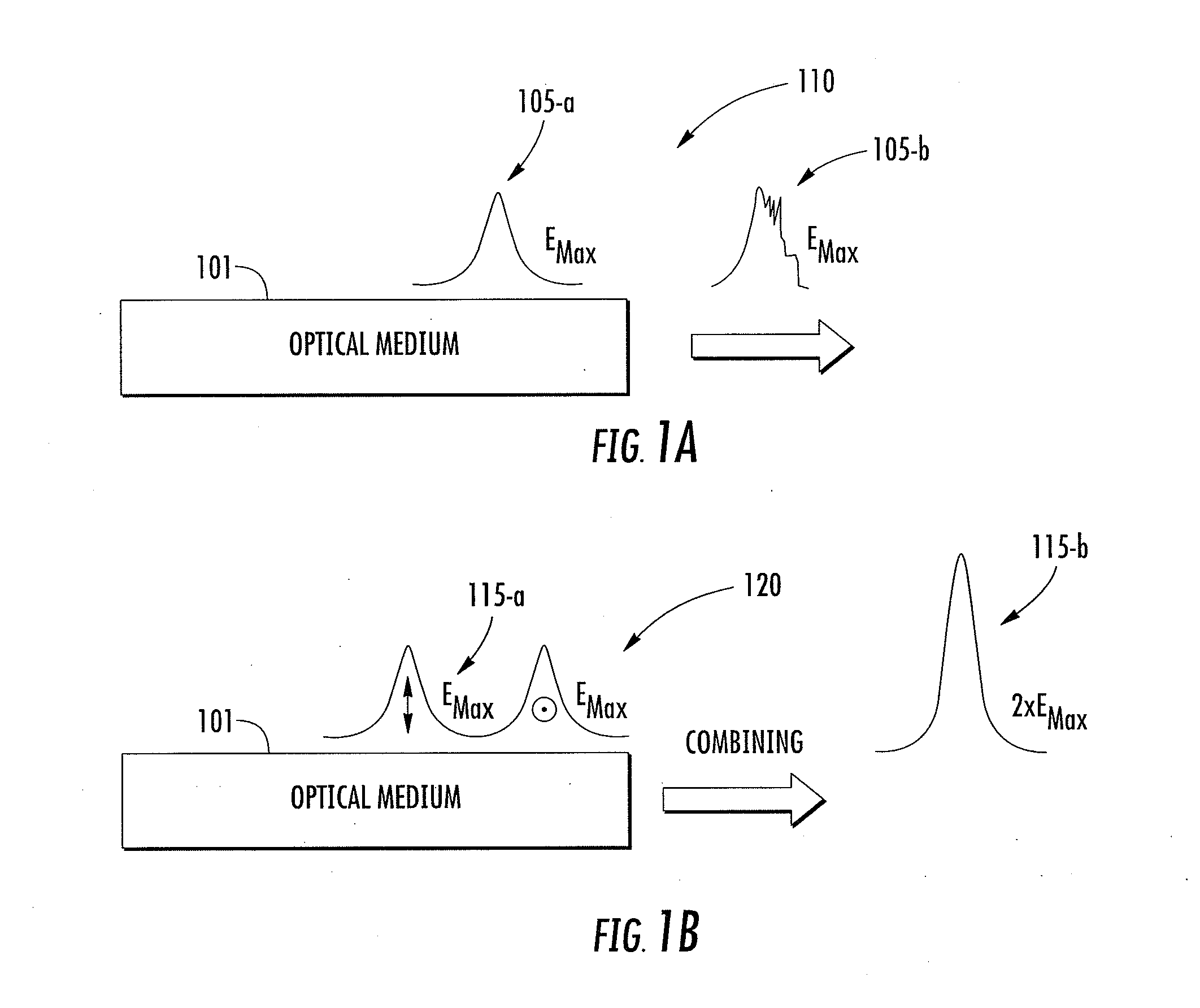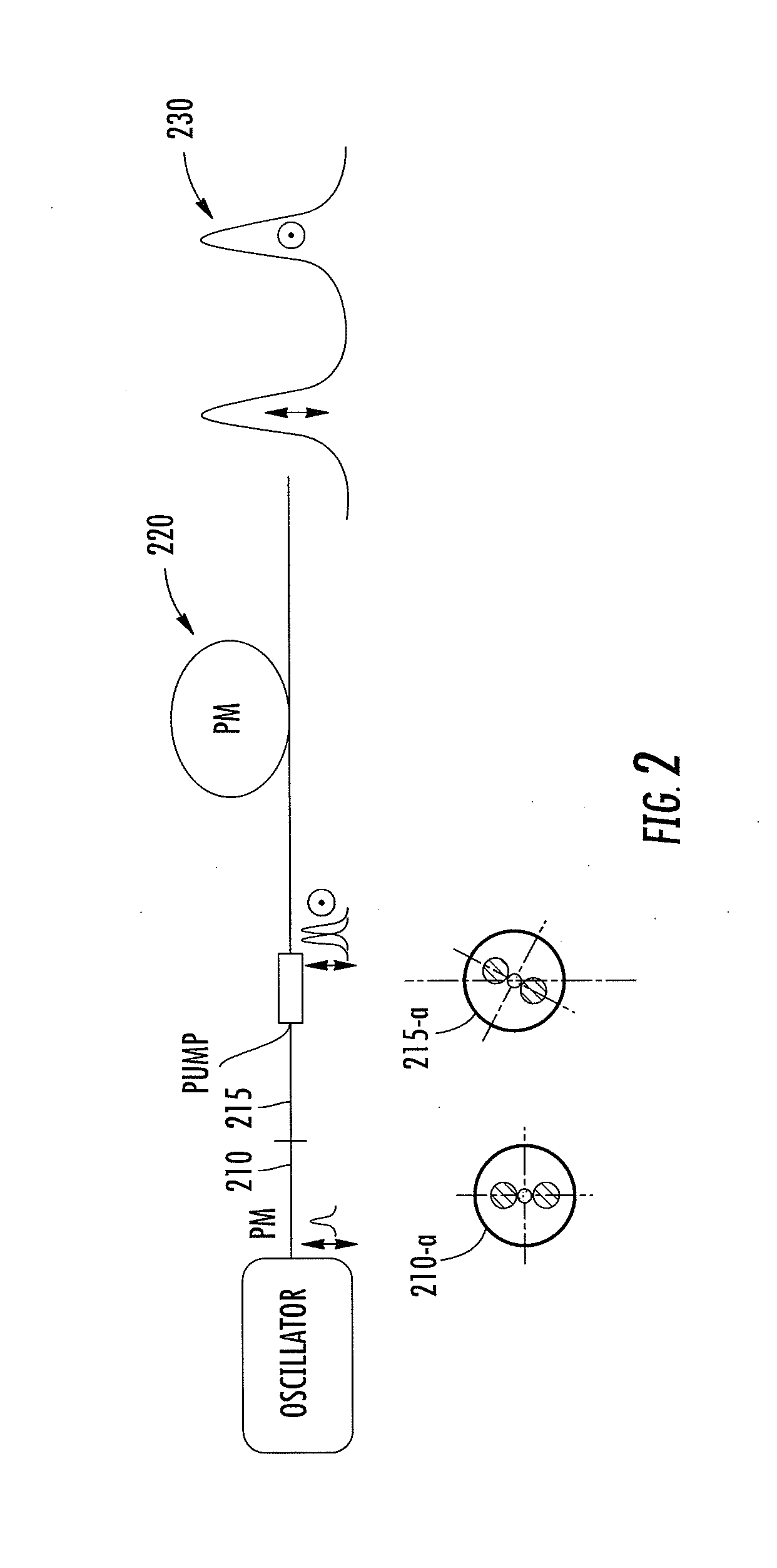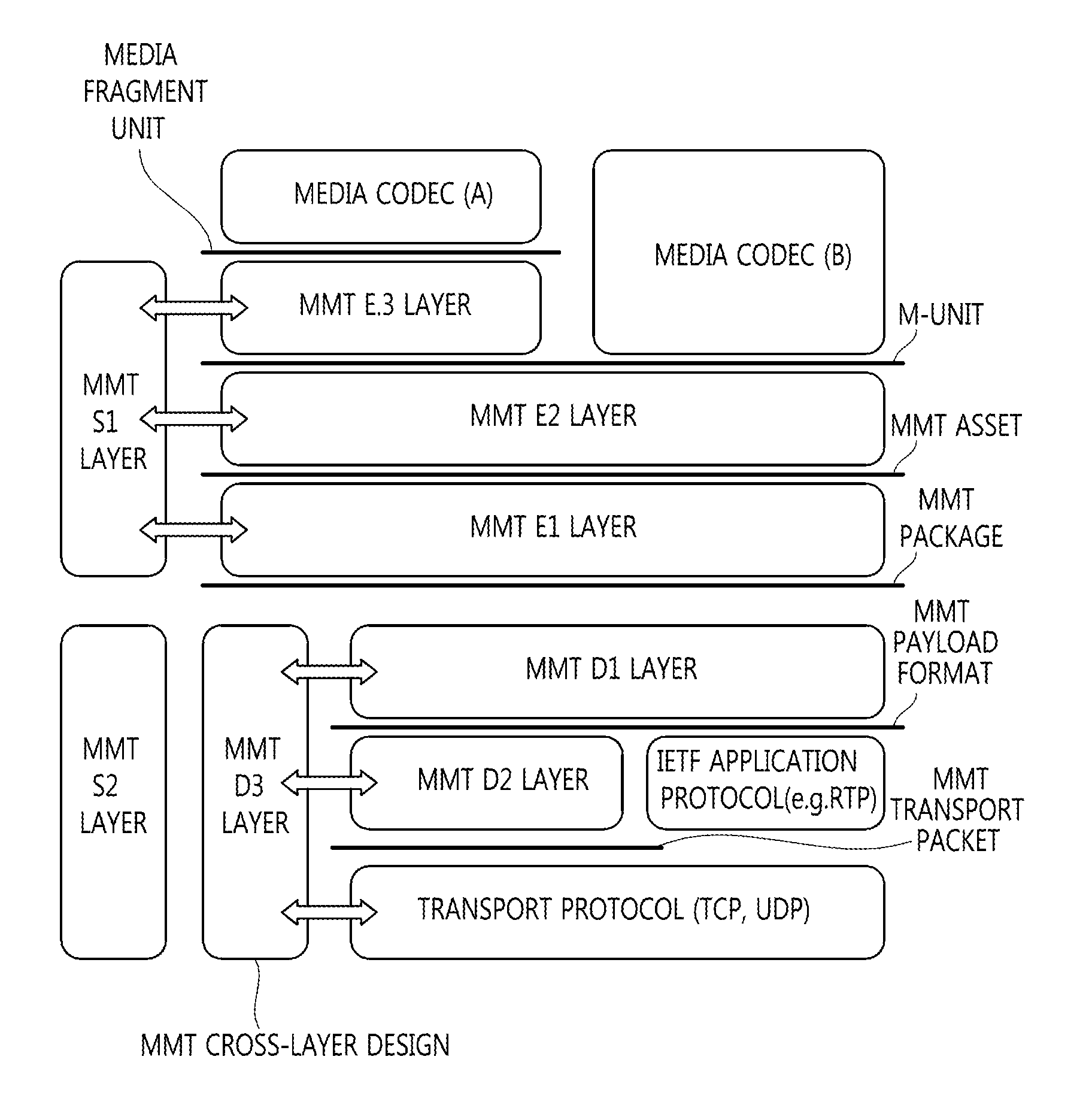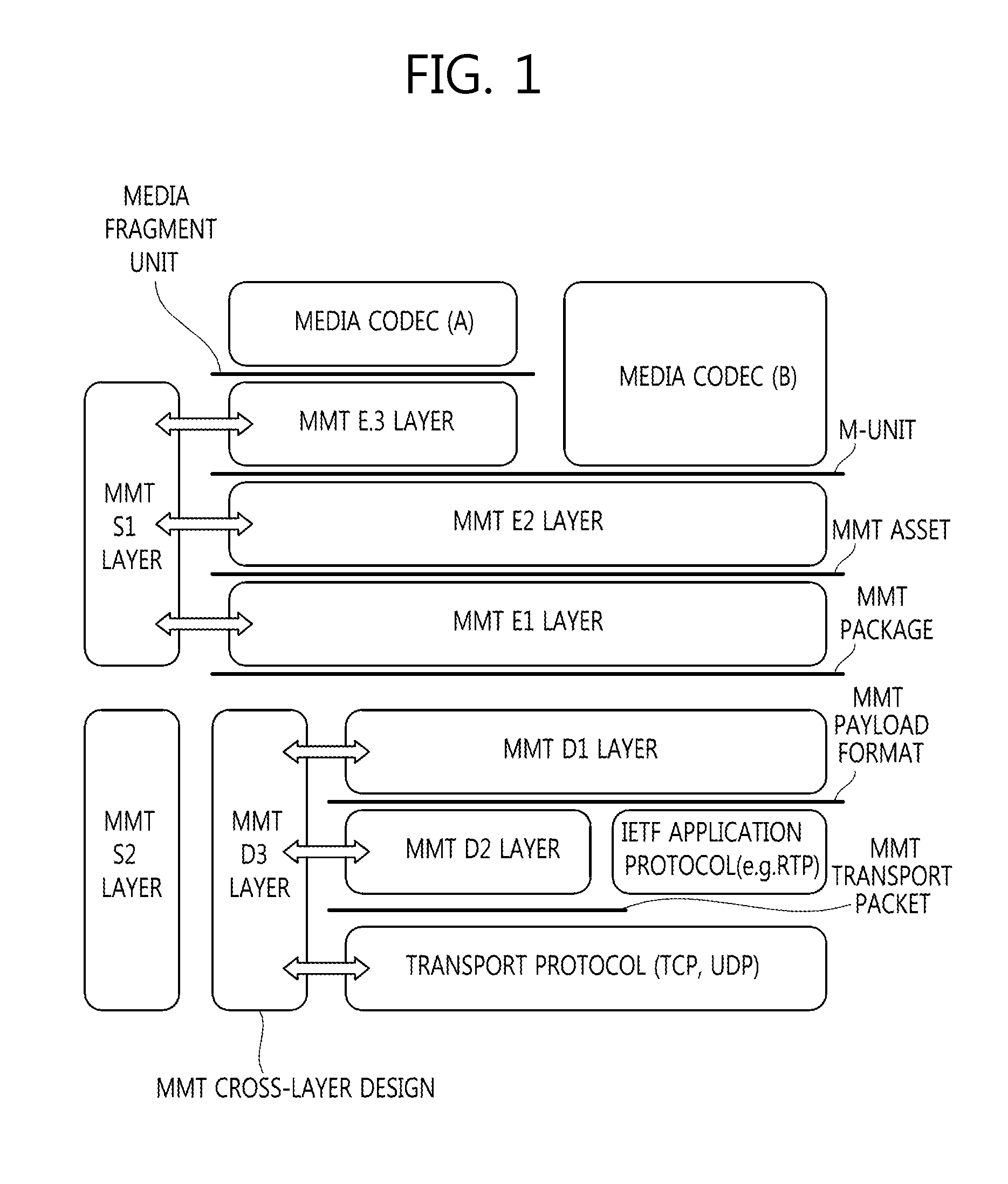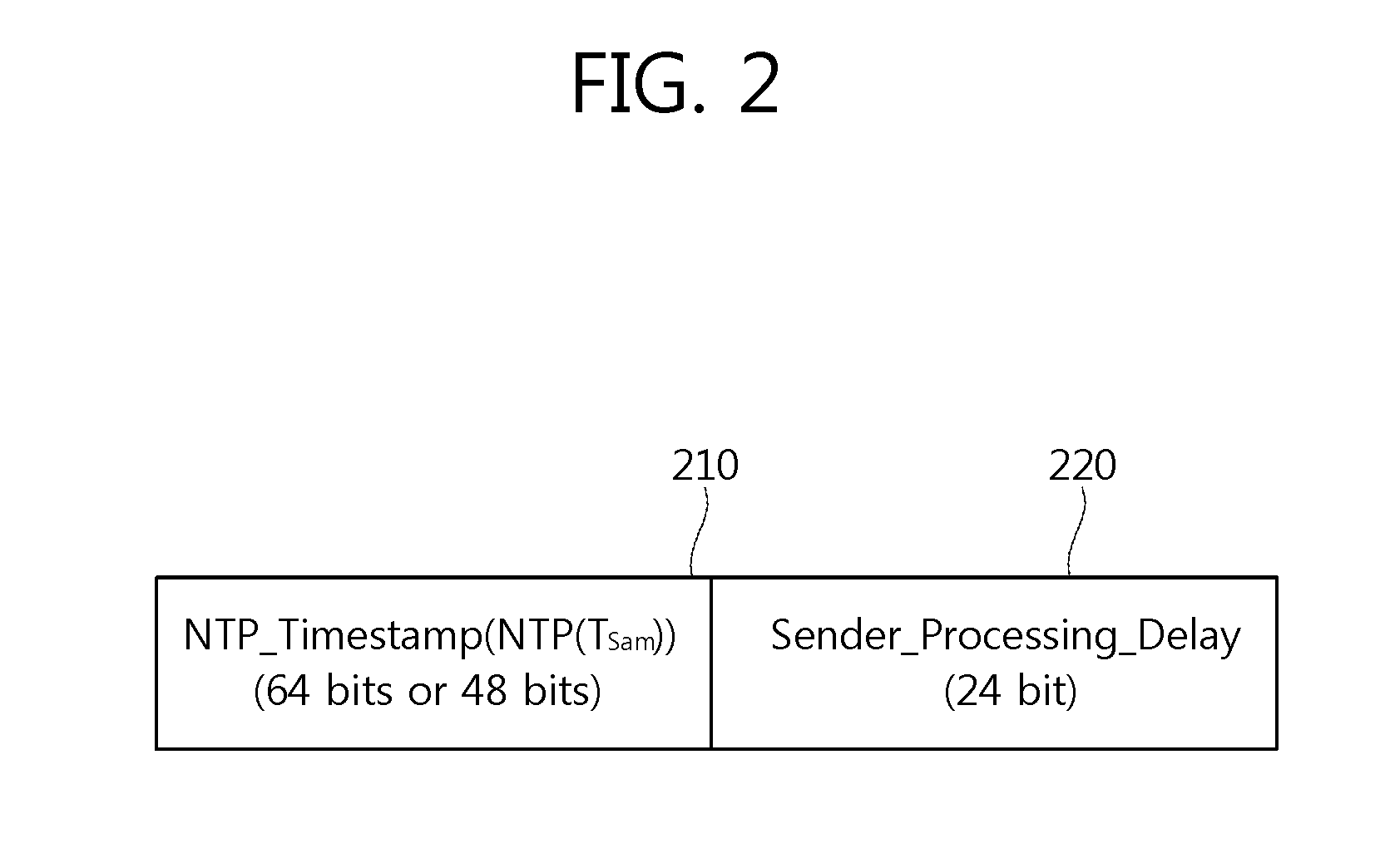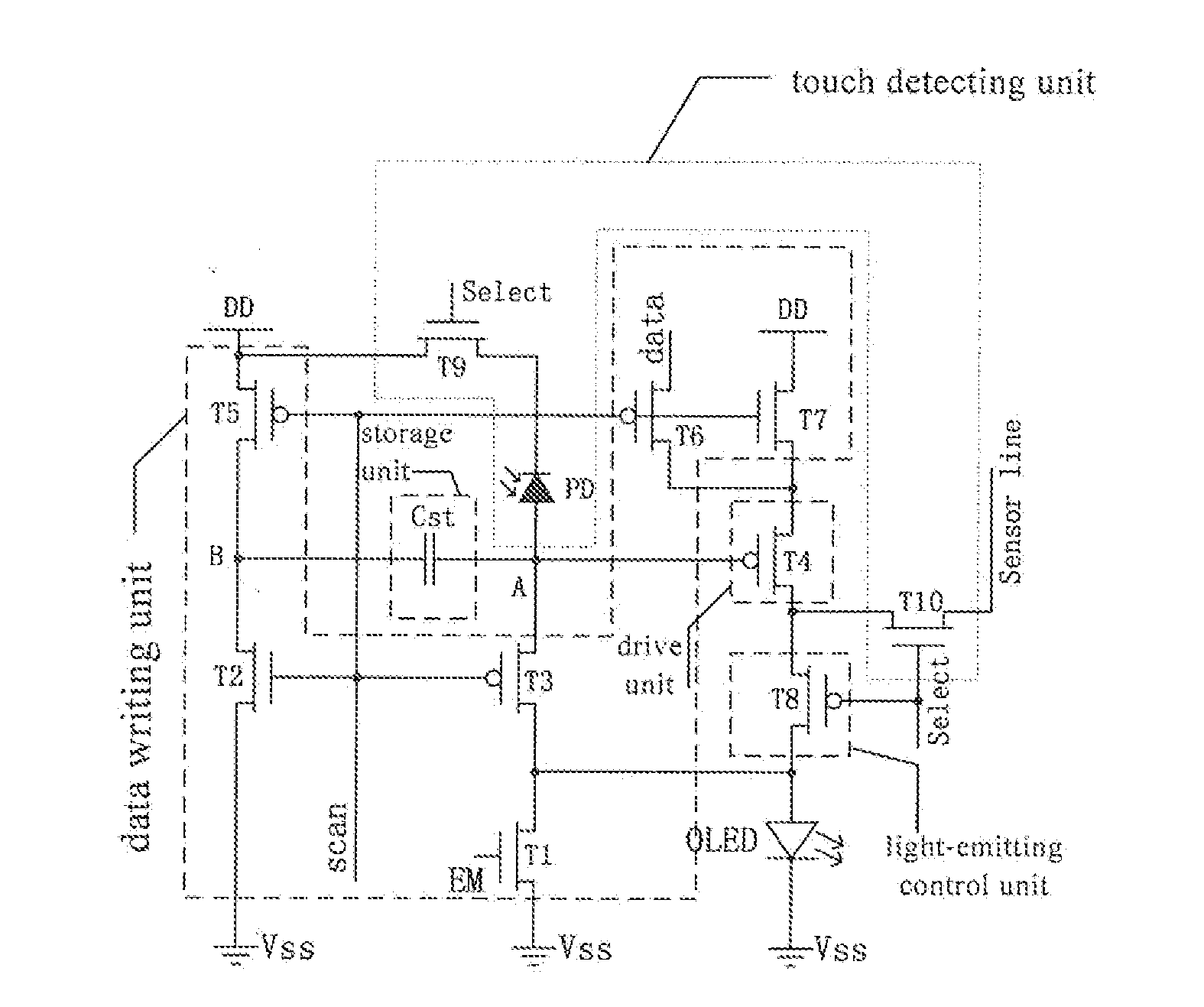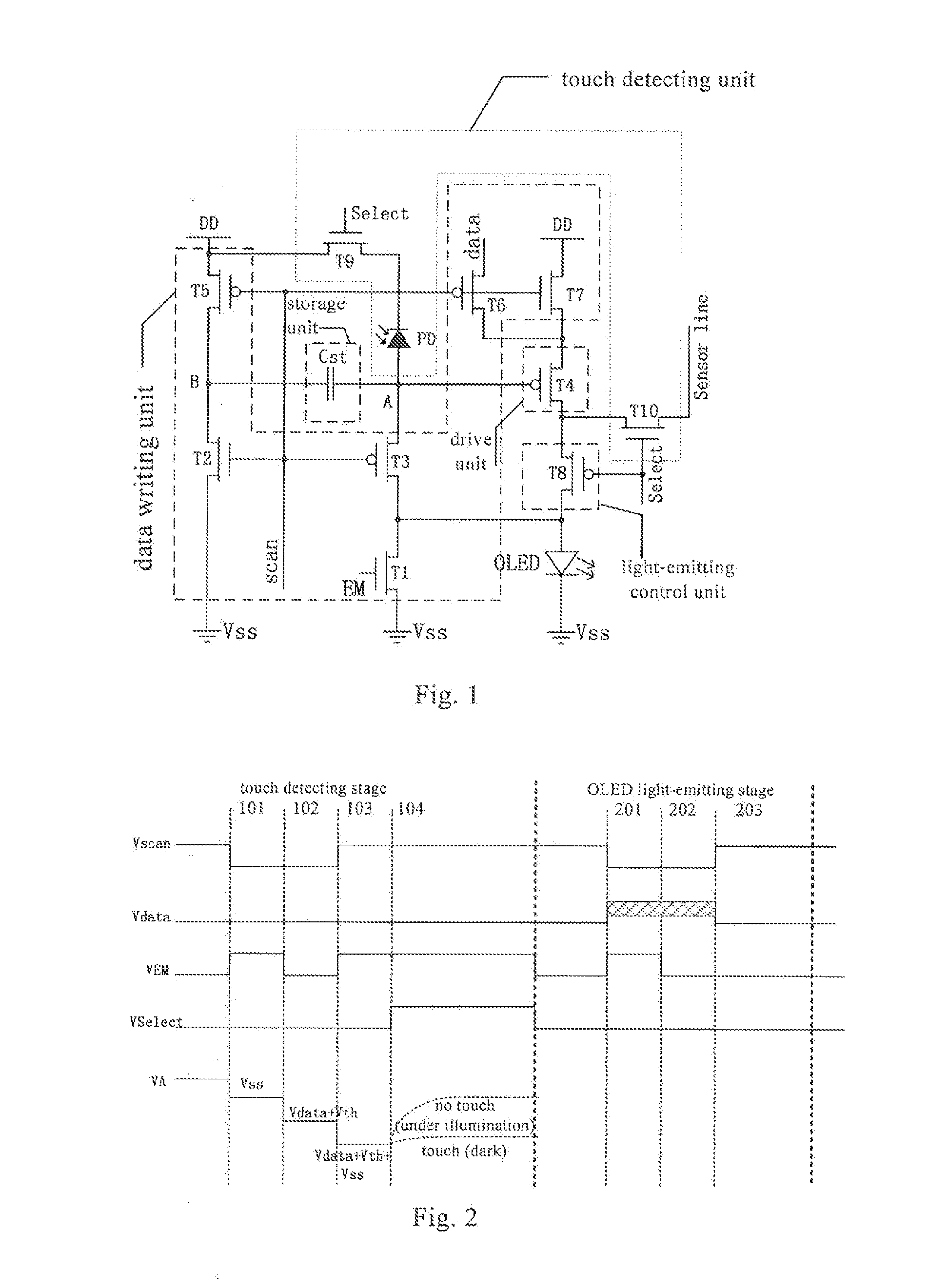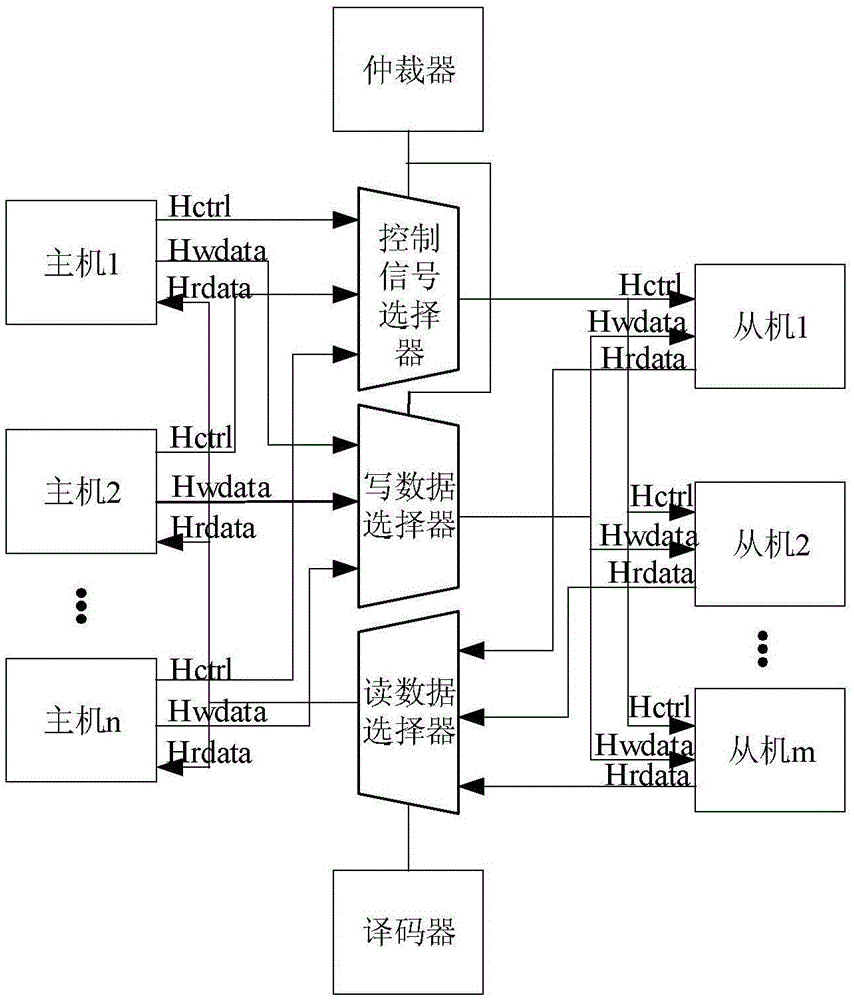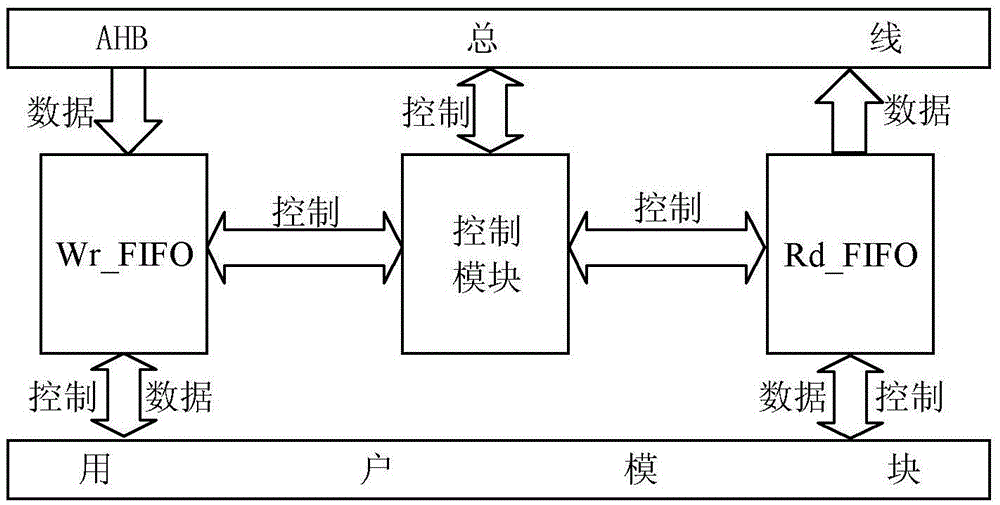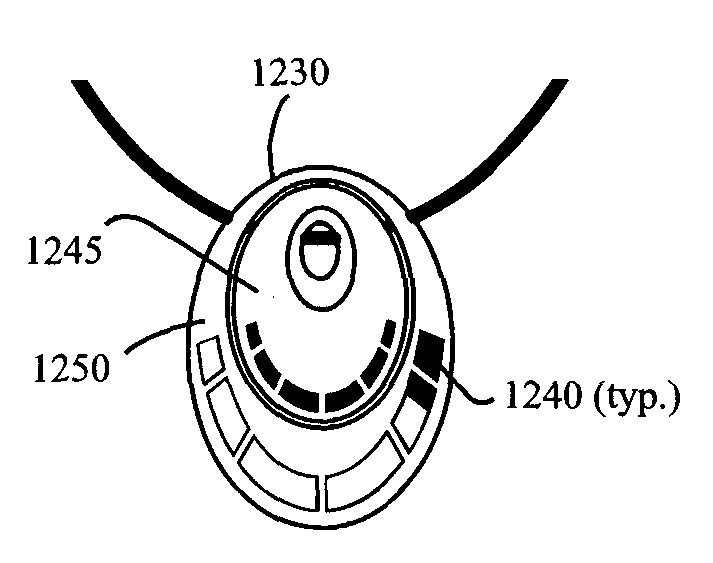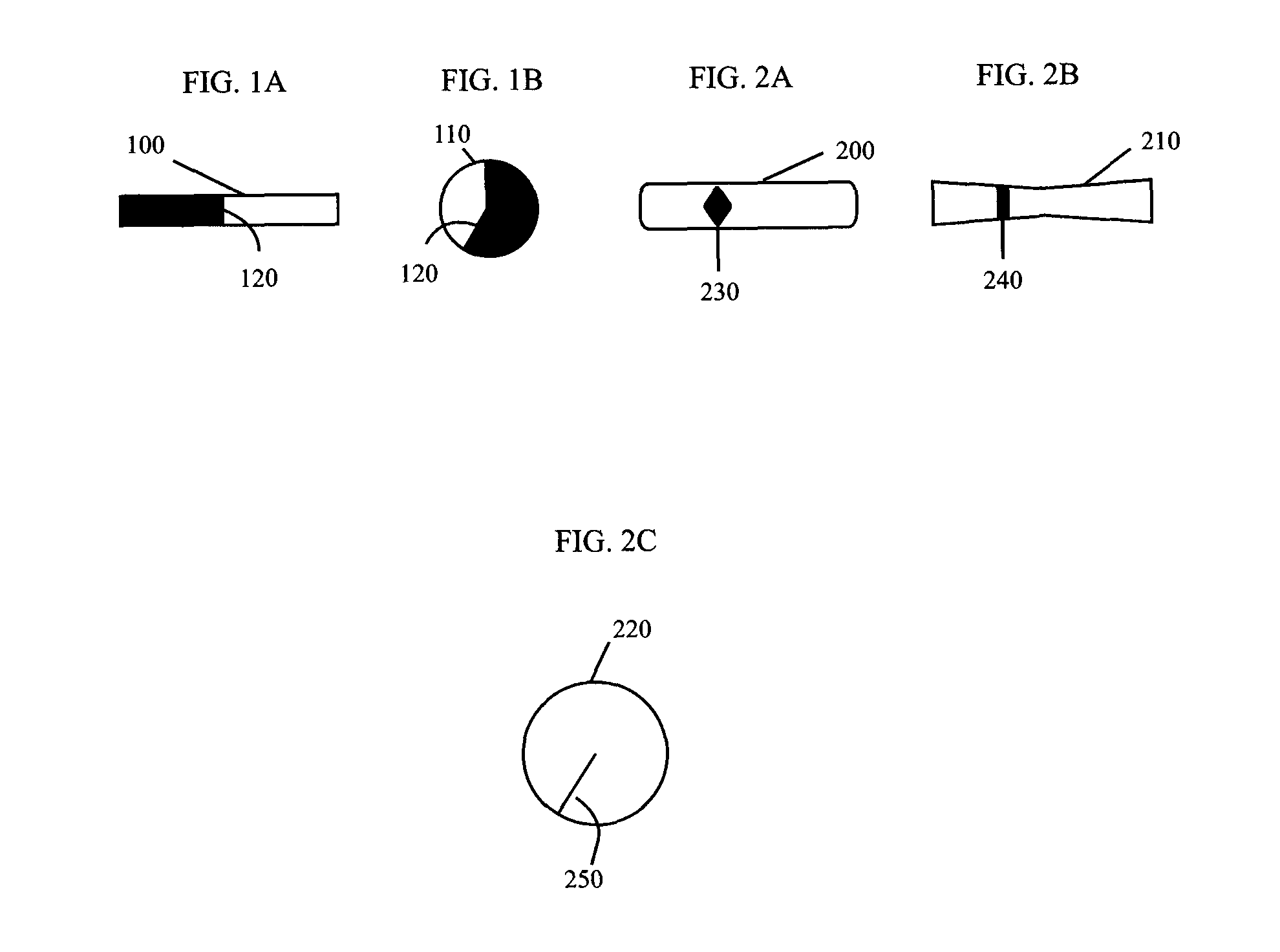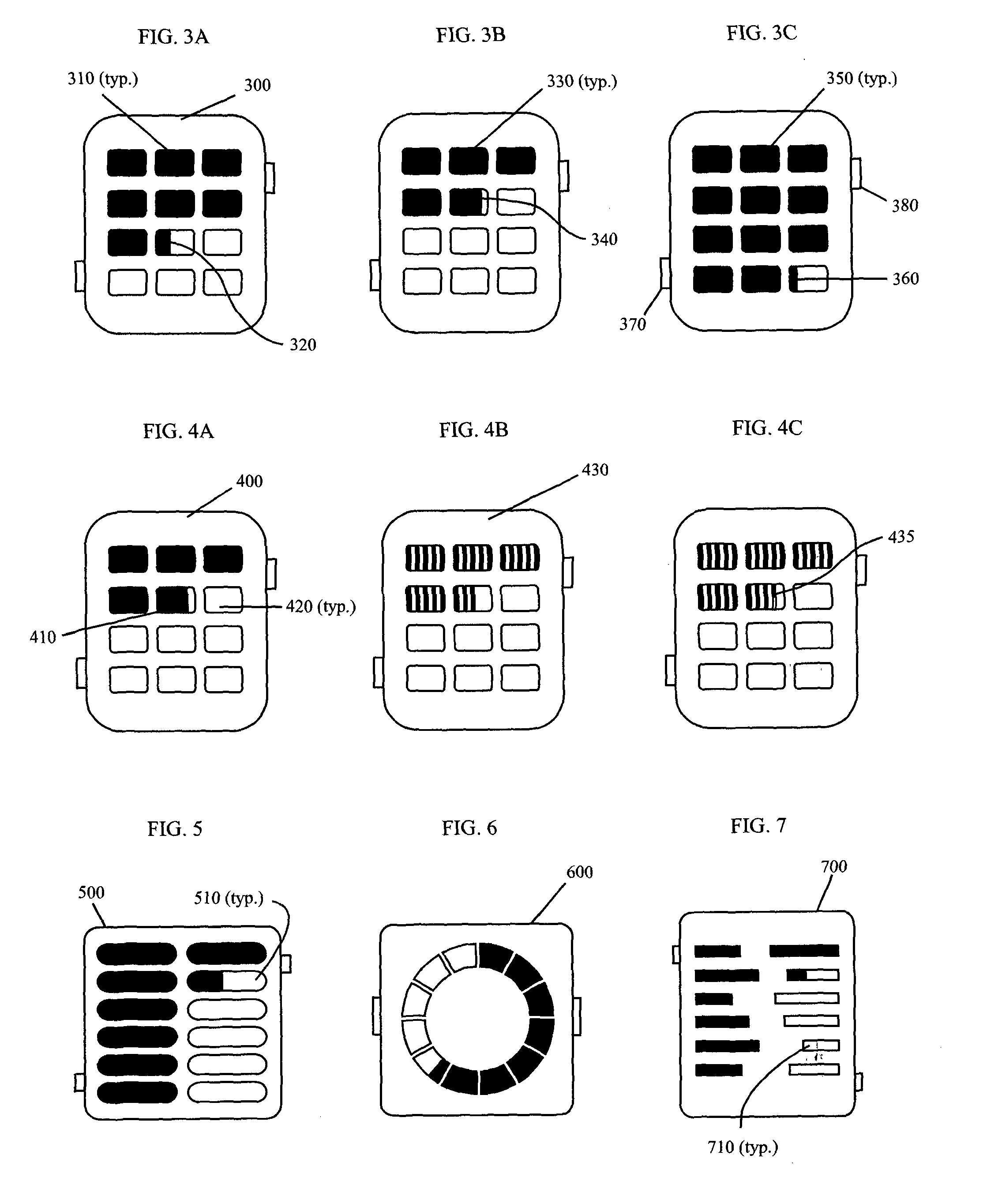Patents
Literature
Hiro is an intelligent assistant for R&D personnel, combined with Patent DNA, to facilitate innovative research.
150results about How to "Timing is simple" patented technology
Efficacy Topic
Property
Owner
Technical Advancement
Application Domain
Technology Topic
Technology Field Word
Patent Country/Region
Patent Type
Patent Status
Application Year
Inventor
Vertical docking station
InactiveUS20050162824A1Easy to cleanEasy and quick connectionDigital data processing detailsCooling/ventilation/heating modificationsDocking stationElectric power transmission
A docking station, serving as a digital hub and cable management platform, support a laptop computer (42) in an upright position with the laptop screen (43) in a comfortable viewing position relative to the working position of the user. The laptop (42) is positioned in an upright slot (4) in the docking station, with the connection ports easily seen and accessed. The surface of the laptop slot (4) is lined with non-slip surface (3) to ease insertion and control of the laptop (42) as it is lowered into the slot (4). An adjustable front cover (15) defining the front boundary of the slot (4) covers the keyboard of the mobile computer (42) so that the user does not need to view two keyboards, and the appearance of the docked laptop (42) is clean and aesthetic. Wireless data and power transmission into the laptop (42) is provided while the laptop (42) is in the slot (4) so that the laptop (42) can be used in the docking station without a need for cable connections (45, 46) at all.
Owner:THOMPSON
Programmable logic device
InactiveUS6864710B1Increase capacityHigh voltageSolid-state devicesLogic circuits using elementary logic circuit componentsProgrammable logic deviceParallel computing
A programmable logic device comprising one or more horizontal routing channels, one or more vertical routing channels, and a logic element. Each logic element may be configured to connect between one of the horizontal routing channels and one of the vertical routing channels. The logic element may comprise a logic block cluster and a memory block.
Owner:MONTEREY RES LLC
Moving crank mechanism
InactiveUS7025191B2Improve efficiencyIncrease flexibilityStorage devicesConveyor partsClosed loopEngineering
A moving crank mechanism that is particularly adapted for use in a conveyor system. A moving crank remains in a substantially parallel position with respect to a fixed reference plane as the crank member is driven by its offset opposed ends along an endless loop. The closed loop vertical lift unit is adapted for use in an automated high-speed storage system. The vertical lift unit is adapted to be used as a primary storage location or as a lift for carrying objects in transit between levels in a storage system. The vertical lift unit includes a plurality of crank members with generally rigidly mounted shelves that are adapted to carry objects continuously and indefinitely as the shelves travel through a vertically oriented closed path. While traveling along the vertically oriented closed path the shelves remain parallel to a fixed horizontal plane so objects can be carried on the shelves while the shelves transition between the up and down reaches of the vertical lift mechanism. The opposed ends of the crank member are journaled in carriage members that are mounted to carry the respective ends of the crank member around the closed loop. The respective ends are carried around the closed loop at about the same rate. The closed loops are offset from one another by the amount of the crank offset. Shelf stabilizing mechanisms can also be employed.
Owner:LICHTI ROBERT D +1
Connecting member
ActiveUS20110070765A1Eliminate displacementTiming is simplePhotovoltaic supportsSolar heating energyCells panelEngineering
There is provided a connecting member capable of eliminating displacement between ends, preventing a cost of installation from increasing and making the appearance of an installed photovoltaic cell module excellent only by being attached to the ends of predetermined members such as the photovoltaic cell module and a decorative cover.A connecting member 10 for connecting ends of adjacently arranged photovoltaic cell modules 4 fixed in a state in which the ends of the photovoltaic cell modules 4 each obtained by supporting an outer periphery of a photovoltaic cell panel 2 by frame bodies 3a and 3b are floating, including a plate-like upper piece 11, a plate-like lower piece 12 opposed to the upper piece 11 and a connecting piece 13 for connecting end sides on the same side of the lower piece 12 and the upper piece 11, the connecting member 10 capable of being fitted to the ends of the frame bodies 3a facing the same direction in the adjacent photovoltaic cell modules 4 so as to sandwich the same from a direction perpendicular thereto by the upper piece 11 and the lower piece 12.
Owner:YANEGIJUTSUKENKYUJO CO LTD
Bottle security device
ActiveUS7259674B2Increase in sizeReduce displayStampsLocks for portable objectsLocking mechanismEngineering
A security device for securing around a generally cylindrical article such as the neck of a bottle includes a housing which forms a lock compartment and which contains an EAS security device and a magnetically actuated lock mechanism. A ratchet strap have a series of locking teeth and is formed integrally with the housing and extends outwardly therefrom and has sufficient rigidity to assume a generally circular configuration with a curved article contact surface of the housing to facilitate attaching the device around the article. The lock mechanism includes a locking pawl which engages the strap teeth and an actuation strip which biases the pawl toward locking engagement with the strap.
Owner:CHECKPOINT SYST INC
Wireless communication system, wireless relay unit and wireless terminal constituting the wireless communication system, and wireless communication method
InactiveUS20060271969A1InhibitionEasy to useNetwork topologiesActive radio relay systemsCommunications systemWireless lan
The present invention is to provide a wireless LAN system which achieves a relatively effective use of communication band, while suppressing occurrence of hidden terminal problems. When wireless terminal A and wireless terminal B respectively transmit signals (T123, T133), and Access Point (AP) in the wireless LAN system recognizes occurrence of contention, if AP successfully recognizes an address of sending source of this signal and a duration of this signal as a result of analyzing any signal from the wireless terminal A, AP transmits a CTS signal which gives a clearance for transmission to the wireless terminal A which is the source of sending the signal (T113). The wireless terminal A which is given the clearance for transmission by the CTS signal, resends a signal identical to the one previously sent (T127), whereas the wireless terminal B which is not given the clearance for transmission by the CTS signal withholds a signal transmission during the duration indicated by the CTS signal.
Owner:HITACHI LTD
Systems and methods for neuro-eeg synchronization therapy
ActiveUS20110118536A1Lower blood pressureIncrease libidoElectroencephalographyElectrotherapyEeg synchronizationDisease
Described are methods, devices, and systems for a novel, inexpensive, easy to use therapy for a number of disorders. Described are methods and devices to treat disorders that involves no medication. Methods and devices described herein use alternating magnetic fields to gently “tune” the brain and affect mood, focus, and cognition of subjects.
Owner:WAVE NEUROSCI INC
Pixel circuit based on double-gate transistor and drive method thereof
ActiveCN105741779AEasy to operateSimple working processStatic indicating devicesLight emitting deviceDouble gate
The application discloses a pixel circuit based on a double-gate transistor and a drive method thereof. In one embodiment, the pixel circuit comprises a light-emitting device OLED, a drive transistor T1, switch transistors T2-T5, a capacitor C1 and a capacitor C2; and the drive transistor T1 is a double-gate transistor and is used to drive the light-emitting device OLED to emit light. For the drive transistor in the pixel circuit of the application, the double-gate transistor is used to replace a single-gate transistor as a drive transistor in a traditional technology, a bottom gate of the double-gate transistor is used as the main gate, and then a top gate source voltage is used to adjust a threshold voltage of the drive transistor; and, because stability of a double-gate a-IGZO TFT is higher than stability of a single-gate device, the double-gate a-IGZO TFT can achieve threshold extraction and compensation and can achieve good display uniformity at the same time.
Owner:PEKING UNIV SHENZHEN GRADUATE SCHOOL
Bottle security device
ActiveUS20060170559A1Increase in sizeReduction in display storage caseStampsLocks for portable objectsLocking mechanismEngineering
A security device for securing around a generally cylindrical article such as the neck of a bottle includes a housing which forms a lock compartment and which contains an EAS security device and a magnetically actuated lock mechanism. A ratchet strap have a series of locking teeth and is formed integrally with the housing and extends outwardly therefrom and has sufficient rigidity to assume a generally circular configuration with a curved article contact surface of the housing to facilitate attaching the device around the article. The lock mechanism includes a locking pawl which engages the strap teeth and an actuation strip which biases the pawl toward locking engagement with the strap.
Owner:CHECKPOINT SYST INC
Eccentric grinding hand power tool
InactiveUS7077734B2Timing is simpleDeposit of the grinding dust there is preventedPortable grinding machinesEngineeringHand tool
An eccentric grinding hand power tool has a housing, a grinding plate unit supported on the housing and being eccentrically driven, an elastic seal that dust-tightly seals the housing with respect to the grinding plate unit, the elastic seal being held on the housing both in a form-locking, positive manner and in a force-transmitting, non positive manner without separate elements but with integrated securing elements.
Owner:ROBERT BOSCH GMBH
Vertical docking station
InactiveUS7679902B2Easy and quick connectionEasy storage managementDigital data processing detailsCooling/ventilation/heating modificationsDocking stationElectric power transmission
A docking station, serving as a digital hub and cable management platform, support a laptop computer (42) in an upright position with the laptop screen (43) in a comfortable viewing position relative to the working position of the user. The laptop (42) is positioned in an upright slot (4) in the docking station, with the connection ports easily seen and accessed. The surface of the laptop slot (4) is lined with non-slip surface (3) to ease insertion and control of the laptop (42) as it is lowered into the slot (4). An adjustable front cover (15) defining the front boundary of the slot (4) covers the keyboard of the mobile computer (42) so that the user does not need to view two keyboards, and the appearance of the docked laptop (42) is clean and aesthetic. Wireless data and power transmission into the laptop (42) is provided while the laptop (42) is in the slot (4) so that the laptop (42) can be used in the docking station without a need for cable connections (45, 46) at all.
Owner:THOMPSON
Frameless switched reluctance motor and application as a top drive for a rotary pump
InactiveUS20050269889A1Guaranteed uptimeEfficiently dissipatedSynchronous generatorsSynchronous motorsRotary pumpElectrical steel
A frameless switched reluctance motor (SRM) has a stator sandwiched between two housings. Axial load on the rotor shaft is directed through a first bearing, through the first housing to the stator and through the second housing to a motor support. Heat is dissipated using low-loss electrical steel, one or more air movers and air passages through the motor. Preferably a stator profile enables the air passages to be formed through the stator's lamination stack. Optionally air is routed through passages between the coils and through air passages along the air gap and radially through passages between an upper and a lower stator. A first self aligning bearing adapts to misalignment between the first housing and the shaft and a second bearing is provided with transverse movement. Preferably, the frameless motor is adapted for support to a wellhead for driving a downhole rotary pump and a rotary rod string.
Owner:MSI MACHINEERING SOLUTIONS
Eyeglasses and assembly method thereof
Owner:HIGH RAINBOW ENT
High-speed low-power-consumption dynamic comparator
ActiveCN105680834ATiming is simpleImprove energy efficiencyMultiple input and output pulse circuitsDifferential signalingEngineering
The invention discloses a high-speed low-power-consumption dynamic comparator, comprising a pre-amplification circuit and a regeneration latch circuit; the pre-amplification circuit comprises a clock output end, a first differential signal input end, a second differential signal input end, an output node FN and an output node FP; the pre-amplification circuit is connected with a direct current power, the output node FN synthesizes the output voltage VDD of the direct current power and a first differential input signal to output the first differential input signal, and the output node FP synthesizes the output voltage VDD of the direct current power and a second differential input signal to output the second differential input signal; the regeneration latch circuit is connected with the output node FN and the output node FP of the pre-amplification circuit, and can be used for latching the first differential input signal and the second differential input signal and outputting a first output signal and a second output signal. The dynamic comparator provided by the invention can quickly achieve low power consumption dynamic latching function under the high speed application.
Owner:INST OF ADVANCED TECH UNIV OF SCI & TECH OF CHINA
Simulating patient-specific outcomes
InactiveUS20100324874A9Timing is simpleMedical simulationAnalogue computers for chemical processesEfficacyBiomarker (petroleum)
The invention encompasses systems, methods, and apparatus for predicting and monitoring an individual's response to a therapeutic regimen. The invention includes multiple virtual patients, an associating subsystem operable to associate the subject with one or more of the virtual patients, and a simulation engine operable to apply one or more experimental protocols to the one or more virtual patients identified with the subject to generate a set of outputs. The set of outputs can represent therapeutic efficacy, identify biomarkers for monitoring therapeutic efficacy, or merely report the status of the biological system as it represents a particular individual
Owner:ENTELOS HLDG
Optical communication device and quantum key distribution system using the same
InactiveUS20070248362A1Reduce light lossStable intensity modulationKey distribution for secure communicationSynchronising transmission/receiving encryption devicesCryptographic key generationDecoy
An optical communication apparatus that can perform stable intensity and phase modulation on an optical pulse at high speed is provided, as well as a quantum key distribution system using the apparatus. Using multilevel signals for the electric signals (RF1, RF2) to be applied to two arms of a two-electrode Mach-Zehnder modulator, phase modulation is performed on an optical pulse in accordance with the average of the levels of the signals (RF1, RF2), and intensity modulation is performed on the optical pulse in accordance with the voltage difference between the signals (RF1, RF2), whereby stable high-speed multilevel modulation can be realized. The cryptographic key generation rate in a decoy quantum key distribution system is enhanced.
Owner:NEC CORP
Personal biometric authentication system for secure timekeeping
InactiveUS20130024334A1Achieve accountabilityFacilitate oversightElectric signal transmission systemsImage analysisBiometric dataPunching
A privacy-oriented, personally-controlled biometric timekeeping apparatus, method, and system are disclosed. A conventional biometric time clock enrolls users at a centralized device. In my invention, biometric data never leaves the user's personal device that is carried by each employee. Upon hiring, workers are assigned hand-held, portable, mobile biometric devices to carry on their person. In daily use, the user performs biometric self-authentication, after which the personally-carried handheld apparatus sends a “successful biometric authentication” signal to the timekeeping device which is usually a centrally-located timekeeping system. The device is mobile, so workers can biometrically “punch-in” or “punch-out” via personal laptop to the timekeeping system; individually access timekeeping systems installed at worksites; or communicate from vehicles to the timekeeping system.Improved privacy is facilitated, despite the use of biometrics. “Buddy-punching” (timekeeping fraud, when workers punch-in absent “buddies”) is eliminated with biometric authentication—even though the biometric never leaves the handheld device.
Owner:KOZLAY DOUGLAS EVERETT
Process for creating media content based upon submissions received on an electronic multi-media exchange
In a process for creating media content, media submissions are requested and electronically received from end users and stored in a computer database. The submissions are searched for material to be included in the media content, and cross-checked against the other submissions for originality and timeliness. After the material is selected from one or more submissions, the content is developed and released to an audience for review. The end users whose submission material was included in the released content are rewarded. In one embodiment, third parties are permitted to access and search the submissions on an open exchange. The third parties can bid for rights in submissions on the open exchange. After receiving these bids, they are forwarded to the particular submission's end user for acceptance or rejection. Appropriate billing and payment processes are used to bill and pay the parties involved.
Owner:VIRTUAL CREATIVE ARTISTS
Serial data interface
ActiveUS6968472B2Avoid strobeGuarantee capacityDigital circuit testingGenerating/distributing signalsSerial digital interfaceData interface
Serial Data Interface. A method of serial communication is provided with an integrated circuit. The operation of the integrated circuit is first interrupted on at least one input / output associated with the operation of the integrated circuit. Serial data is then transmitted over the at least one input / output, the operation of which was interrupted, and during the interruption thereof.
Owner:SILICON LAB INC
Host equipment data transmission extension method based on AXI bus
InactiveCN110704351ASimplify the design processGuaranteed independenceElectric digital data processingHigh bandwidthDesign flow
The invention discloses a host equipment data transmission extension method based on an AXI bus. The host equipment data transmission extension method is characterized in that a protocol conversion module is added between an AXI bus and an FIFO interface bus of host equipment; the protocol conversion module comprises an MST_FIFO module and an MST_IF module; the MST_IF module receives a read-writeaddress, a read-write length and a control command from the AXI interface; the MST_FIFO comprises five independent FIFOs which respectively correspond to five independent channels of a write command,a write data, a write response, a read command and a read data of an AXI bus; and the five independent FIFOs receive or send the five independent channels to host equipment. According to the host equipment data transmission extension method, the protocol conversion of the AXI signal and the FIFO signal is realized through the protocol conversion module, so that the self-research module does not need to accord with the AXI protocol any more, and the design flow of the self-research module is simplified, and the independence of each channel of the AXI protocol and the characteristics of high performance, and high bandwidth and low delay of the protocol are maintained.
Owner:SHANDONG SINOCHIP SEMICON
Eyeglasses
InactiveUS7703913B2Reduce complexityLow costNon-optical partsLens assembliesEngineeringElectrical and Electronics engineering
Owner:HIGH RAINBOW ENT
Connecting member for installing photovoltaic cell module
ActiveUS8382513B2Eliminate displacementTiming is simplePhotovoltaic supportsSolar heating energyCells panelElectrical and Electronics engineering
A connecting member 10 for connecting ends of adjacently arranged photovoltaic cell modules 4 fixed in a state in which the ends of the photovoltaic cell modules 4 each obtained by supporting an outer periphery of a photovoltaic cell panel 2 by frame bodies 3a and 3b are floating, including a plate-like upper piece 11, a plate-like lower piece 12 opposed to the upper piece 11 and a connecting piece 13 for connecting end sides on the same side of the lower piece 12 and the upper piece 11, where the connecting member 10 is capable of being fitted to the ends of the frame bodies 3a facing the same direction in the adjacent photovoltaic cell modules 4 so as to sandwich the same from a direction perpendicular thereto by the upper piece 11 and the lower piece 12.
Owner:YANEGIJUTSUKENKYUJO CO LTD
Inverter of grid integrated driving circuit, grid integrated driver and driving method
ActiveCN104599620AReduce power consumptionQuick switchStatic indicating devicesCapacitanceAnti jamming
The invention discloses an inverter of a grid integrated driving circuit. The inverter comprises transistors T1v-T5v and a coupling capacitor C1v, a second electrode of the T1v and a second electrode of the T3v are connected with positive level VDD, a grid and a first electrode of the T1v are connected with a second electrode of the T2v, a grid of the T3v, a first electrode of the T5v and one end of the C1v, a grid of the T2v and a grid of the T4v are connected with a control signal, the grid and a second electrode of the T5v are connected with a feedback signal RSTv, a first electrode of the T2v and a first electrode of the T4v are connected with first negative level, a second electrode of the T3v and a second electrode of the T4v are connected with the other end of the C1v, and an output node QBv of the inverter is formed. The invention further discloses the grid integrated driving circuit with the inverter and a driving method of the grid integrated driving circuit. The inverter is low in power consumption and noise and excellent in anti-jamming capability, and the output pull-up transistors and the inverter are rapid in action and can work under high frequency.
Owner:王磊 +1
Organic light-emitting diode pixel circuit, driving method thereof, and display device
ActiveUS20150268763A1Improving efficiencyImproving yieldCathode-ray tube indicatorsInput/output processes for data processingDriving currentPower flow
The present invention, provides an OLED pixel circuit, a driving method thereof and a display device. A first control unit of the OLED pixel circuit of the present invention is used for importing a power supply signal into a data writing unit and turning on an OLED and a driving unit; the data writing unit is used for importing a power supply voltage signal and a data line signal, and meanwhile for supplying voltage to the driving unit; a touch detecting unit is used for sensing touch and generating a detecting signal; the driving unit is used for converting the detecting signal into touch output signal which is output to a driving IC via the touch detecting unit and for providing drive current for the OLED; and a second control unit is used for connecting the driving unit to ground level.
Owner:BOE TECH GRP CO LTD +1
Shake compensating device for optical devices
InactiveUS20080152333A1Simple structureFast response timeMirrorsPrintersEngineeringElectrical and Electronics engineering
A shake compensating device for optical devices includes an optical system for forming an image of an object; a reflecting surface placed in the optical path of the optical system, a first substrate having a first electrode, placed adjacent to the reflecting surface; a second substrate fixed to an optical device, placed opposite to the first substrate and having a second electrode at a position opposite to the first electrode; a voltage control circuit for applying voltages across the first electrode and the second electrode, one of which is divided into a plurality of electrodes; and a detecting unit for detecting the shake angle of the optical device. In this case, the voltage control circuit controls the voltages applied across the divided electrodes and the other electrode opposite thereto in accordance with the output of the detecting unit.
Owner:OLYMPUS CORP
Optical pulse source with increased peak power
ActiveUS20120230353A1Reduce nonlinear pulse distortionAvailable power of pulsedLaser using scattering effectsActive medium shape and constructionFiberSpectroscopy
In at least one embodiment time separated pulse pairs are generated, followed by amplification to increase the available peak and / or average power. The pulses are characterized by a time separation that exceeds the input pulse width and with distinct polarization states. The time and polarization discrimination allows easy extraction of the pulses after amplification. In some embodiments polarization maintaining (PM) fibers and / or amplifiers are utilized which provides a compact arrangement. At least one implementation provides for seeding of a solid state amplifier or large core fiber amplifier with time delayed, polarization split pulses, with capability for recombining the time separated pulses at an amplifier output. In various implementations suitable combinations of bulk optics and fibers may be utilized. In some implementations wavelength converted pulse trains are generated. A method and system of the present invention can be used in time domain applications utilizing multiple beam paths, for example spectroscopy.
Owner:IMRA AMERICA
Method and apparatus for transmitting media data for mmt system, and apparatus and method for receiving media data
InactiveUS20140351874A1Precise time synchronizationTiming is simpleTwo-way working systemsSelective content distributionTransfer procedureReal-time computing
Provided are a method and apparatus for transmitting and receiving media data, which can provide D-layer timing information, which is transmitted from a media transmission service based on an MMT system and required for timely synchronization playout time of the media and media. The apparatus for transmitting the media data comprises a packetizer for generating a delivery layer packet (D-layer packet), which packetizes encapsulation layer data (E-layer data) to include timing information, wherein the timing information comprises sampling time information and transmission process delay information.
Owner:ELECTRONICS & TELECOMM RES INST
Organic Light-Emitting Diode Pixel Circuit, Drive Method Thereof, and Display Device
ActiveUS20150035798A1Increase productionHigh yieldStatic indicating devicesSolid-state devicesDriving currentDisplay device
The present invention belongs to the field of display technology, and provides an OLED pixel circuit, a drive method thereof and a display device, which may solve the problem of relatively complicated control circuit and manufacturing process of an existing in-cell touch screen. In the OLED pixel circuit of the present invention, the data writing unit is for writing power supply voltage signal and data line voltage signal into the storage unit; the storage unit is for supplying voltage to the drive unit; the touch detecting unit is for sensing touch and generating a detecting signal; the drive unit is for converting the detecting signal into a touch output signal and for 10 providing drive current fin the OLED; and the light-emitting control unit is for turning on the drive unit and the OLED. The present invention may allow the touch display device to be thinner and lighter.
Owner:BOE TECH GRP CO LTD +1
AHB interface system for stream data transmission
InactiveCN105573951AMeet Timing RequirementsVersatilityElectric digital data processingData streamBurst transmission
Aiming to solve the problem that an IP module cannot be matched with an on-chip bus of an SOC (System On Chip) because current methods cannot provide a universal interface, the invention provides an AHB interface system for stream data transmission. The AHB interface system for stream data transmission comprises a master control module, a register set module, a decoding control module, an abnormality detection module, a burst transmission monitoring module, an early termination judgment module, a block transmission processing module, an Rd_FIFO module (read FIFO module) and a Wr_FIFO module (write FIFO module) . The AHB interface system for stream data transmission is applied to the field of integrated circuits.
Owner:HARBIN UNIV OF SCI & TECH
Time display, method of presenting time information and timekeeping devices
ActiveUS20160378067A1Improve methodImproved time displayElectric indicationVisual indicationsTime informationDisplay device
A timepiece, time display, and method of presenting time information. The timepiece includes clock means for measuring the passage of time in standard units, and maintaining a current value. A visual display is included for displaying one of the standard units of the current value at a time. The time piece further comprises means for selecting one of the standard units and presenting the selected unit of the current value on the visual display. The current value is represented by the position of an indicator within a defined space on the visual display.
Owner:BISHOP TIMOTHY
Features
- R&D
- Intellectual Property
- Life Sciences
- Materials
- Tech Scout
Why Patsnap Eureka
- Unparalleled Data Quality
- Higher Quality Content
- 60% Fewer Hallucinations
Social media
Patsnap Eureka Blog
Learn More Browse by: Latest US Patents, China's latest patents, Technical Efficacy Thesaurus, Application Domain, Technology Topic, Popular Technical Reports.
© 2025 PatSnap. All rights reserved.Legal|Privacy policy|Modern Slavery Act Transparency Statement|Sitemap|About US| Contact US: help@patsnap.com
